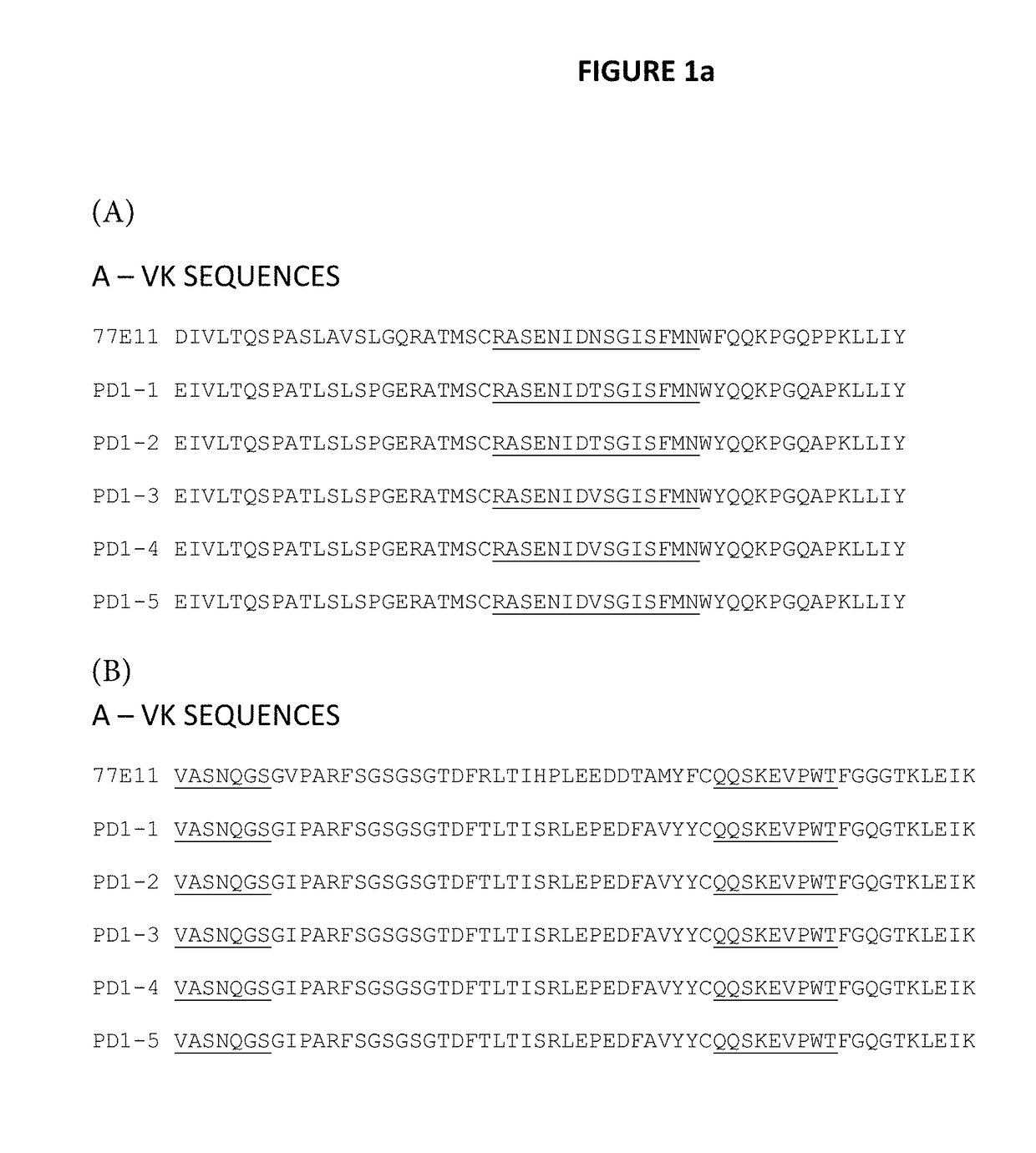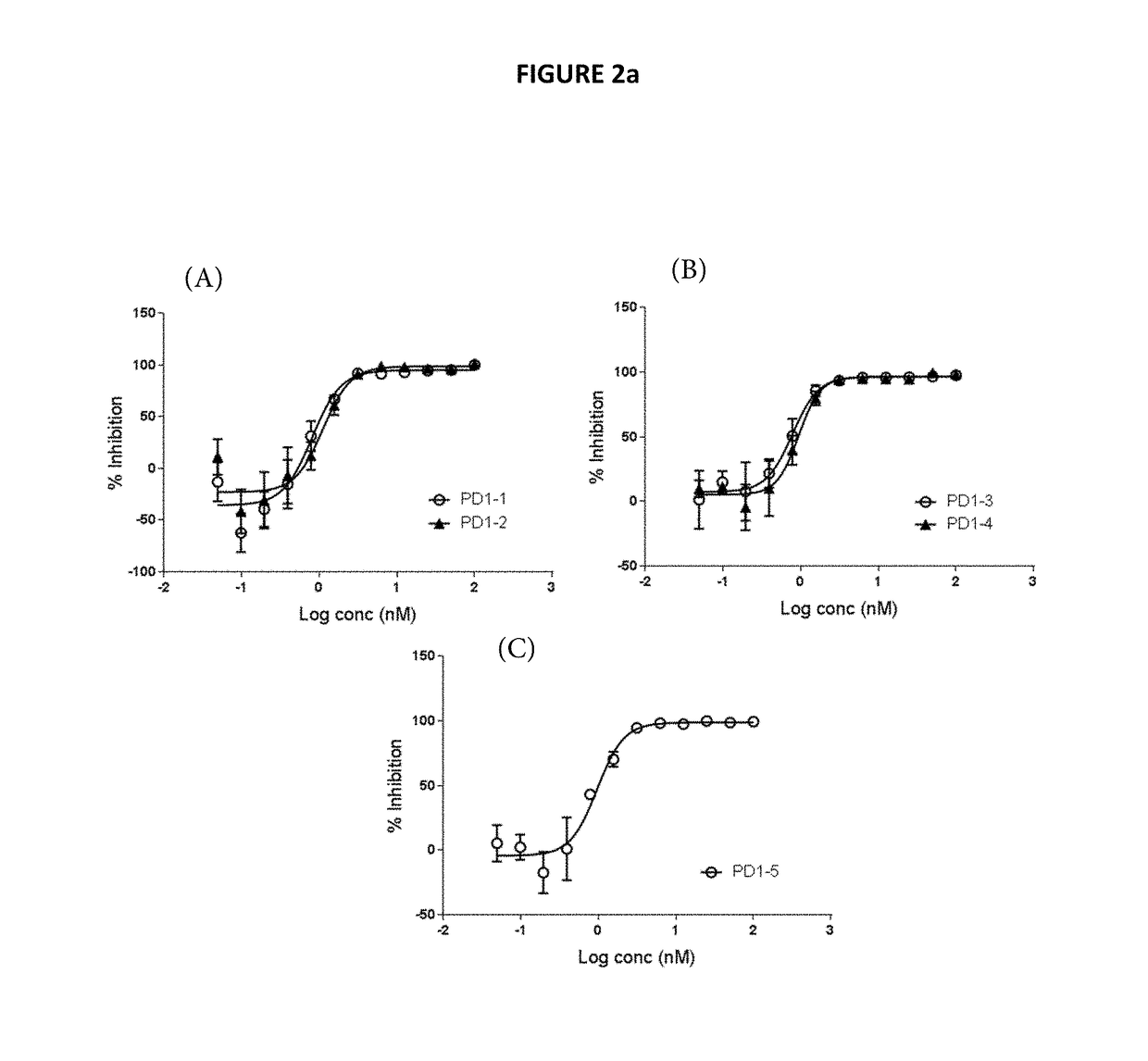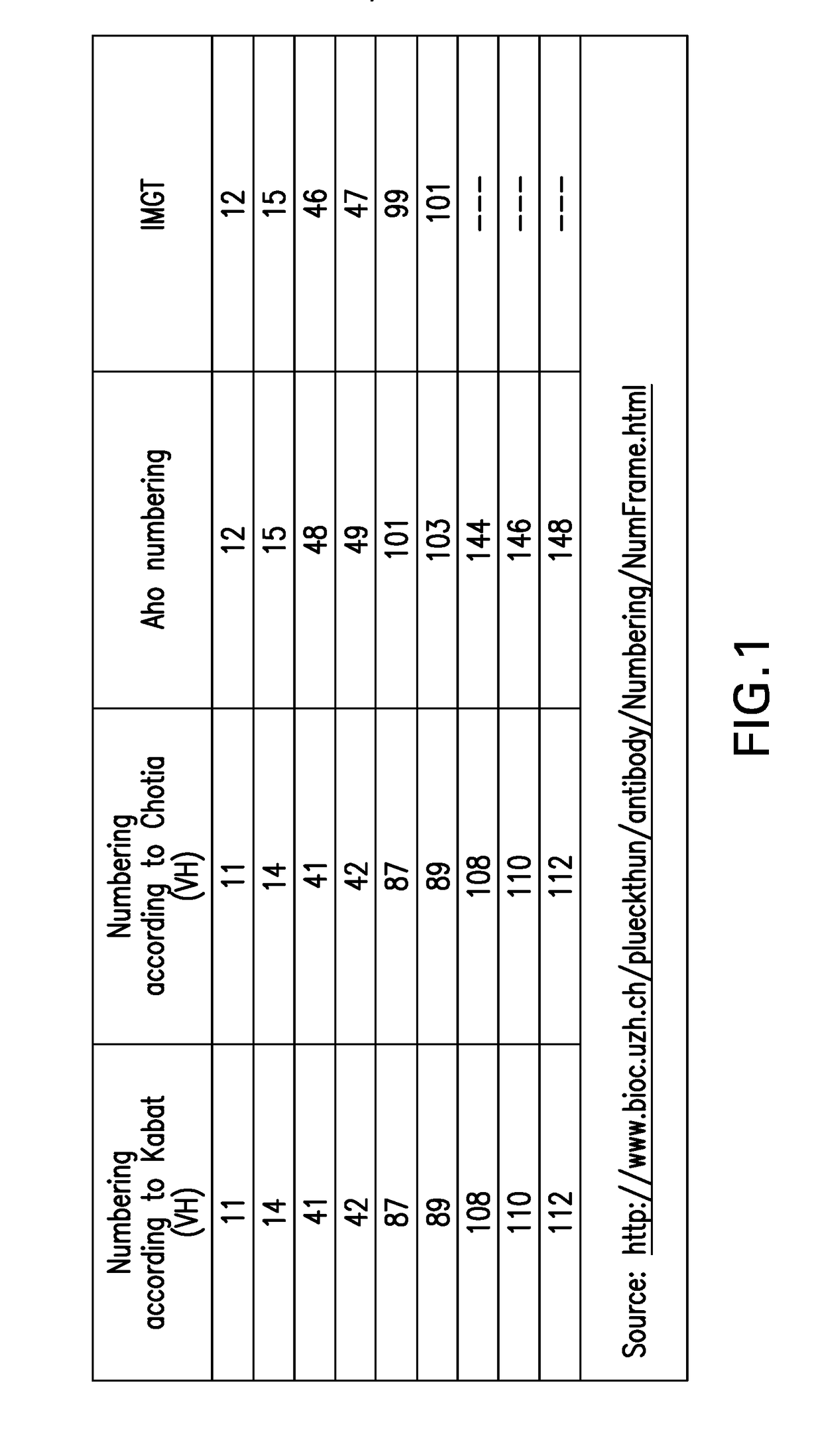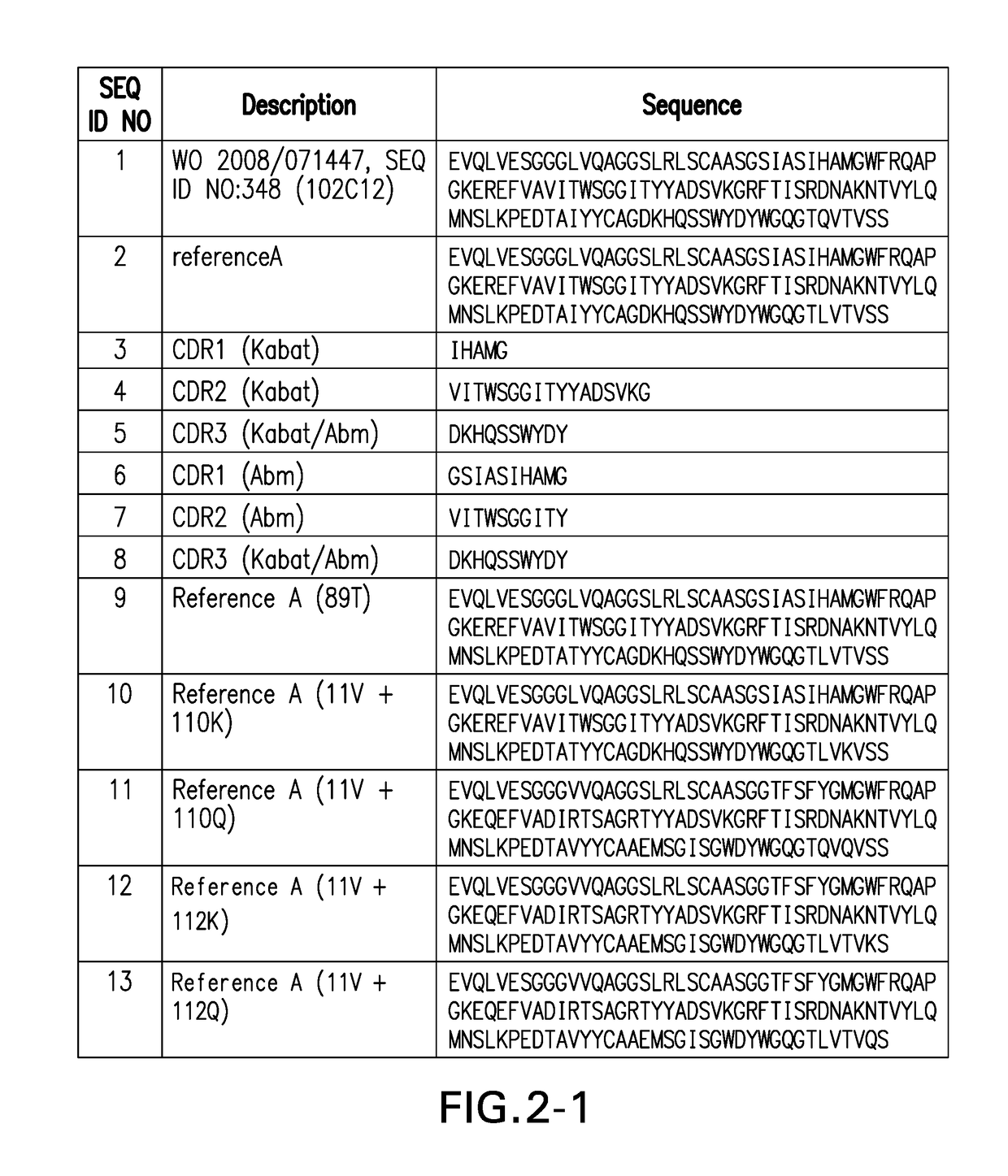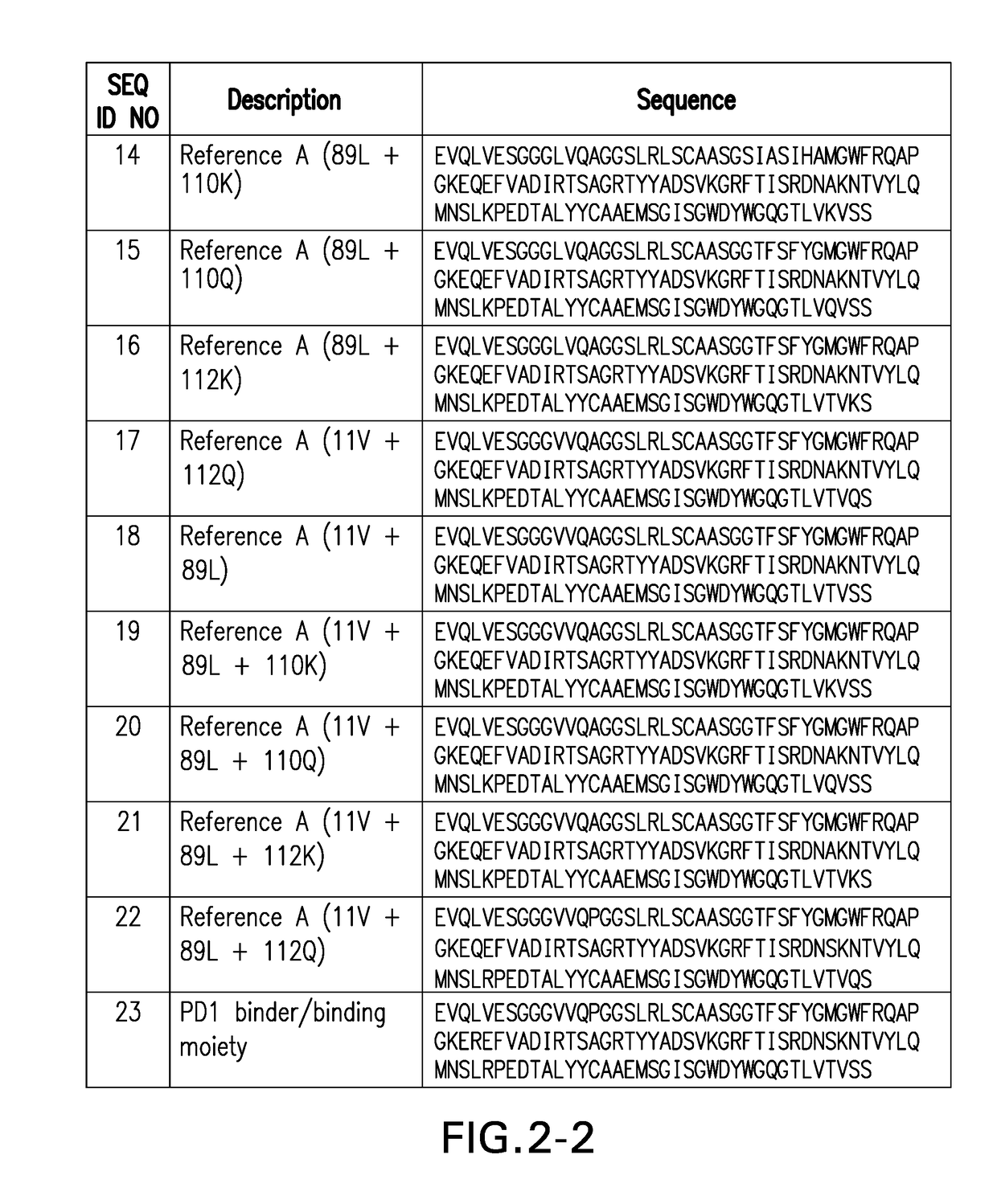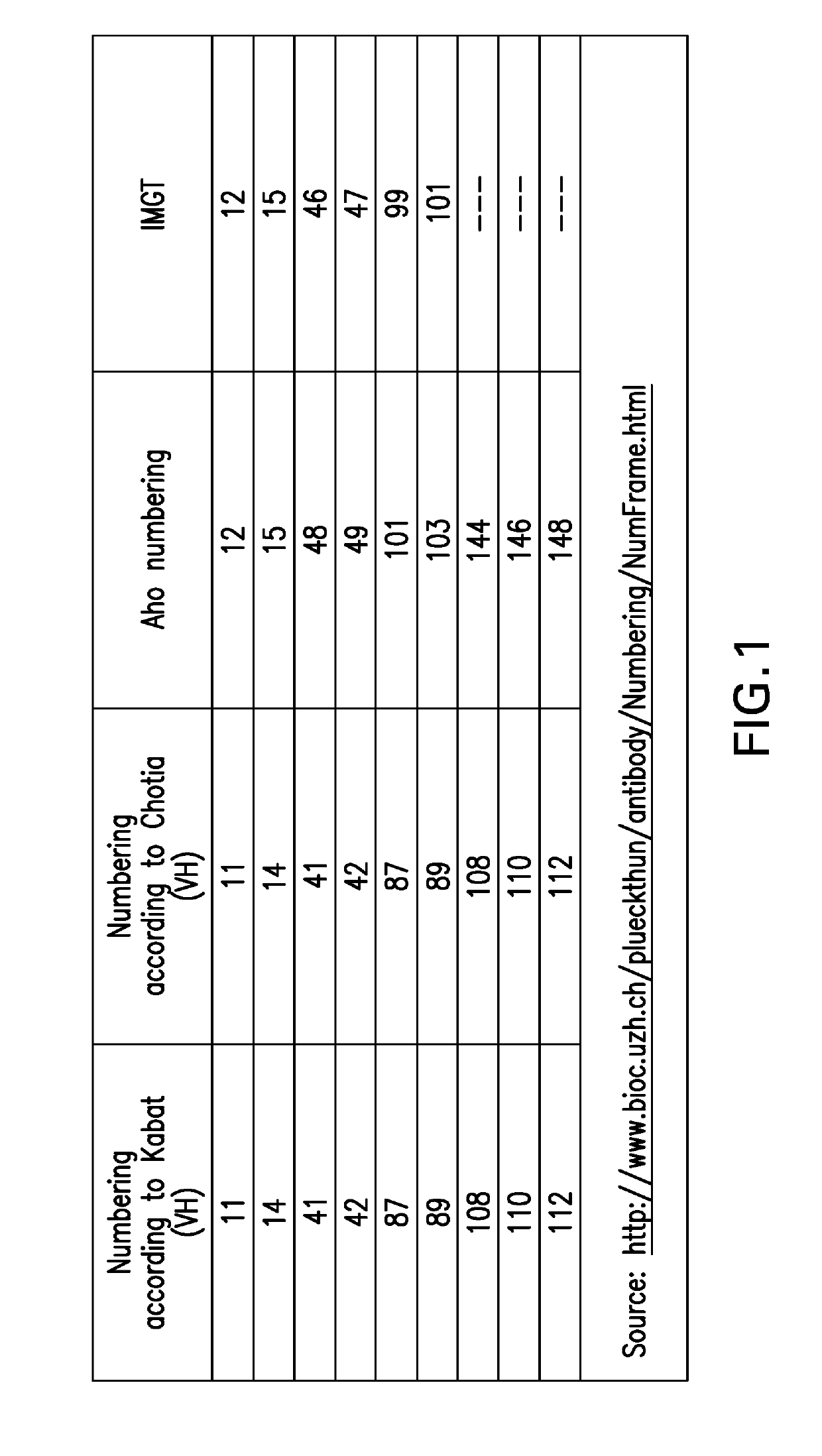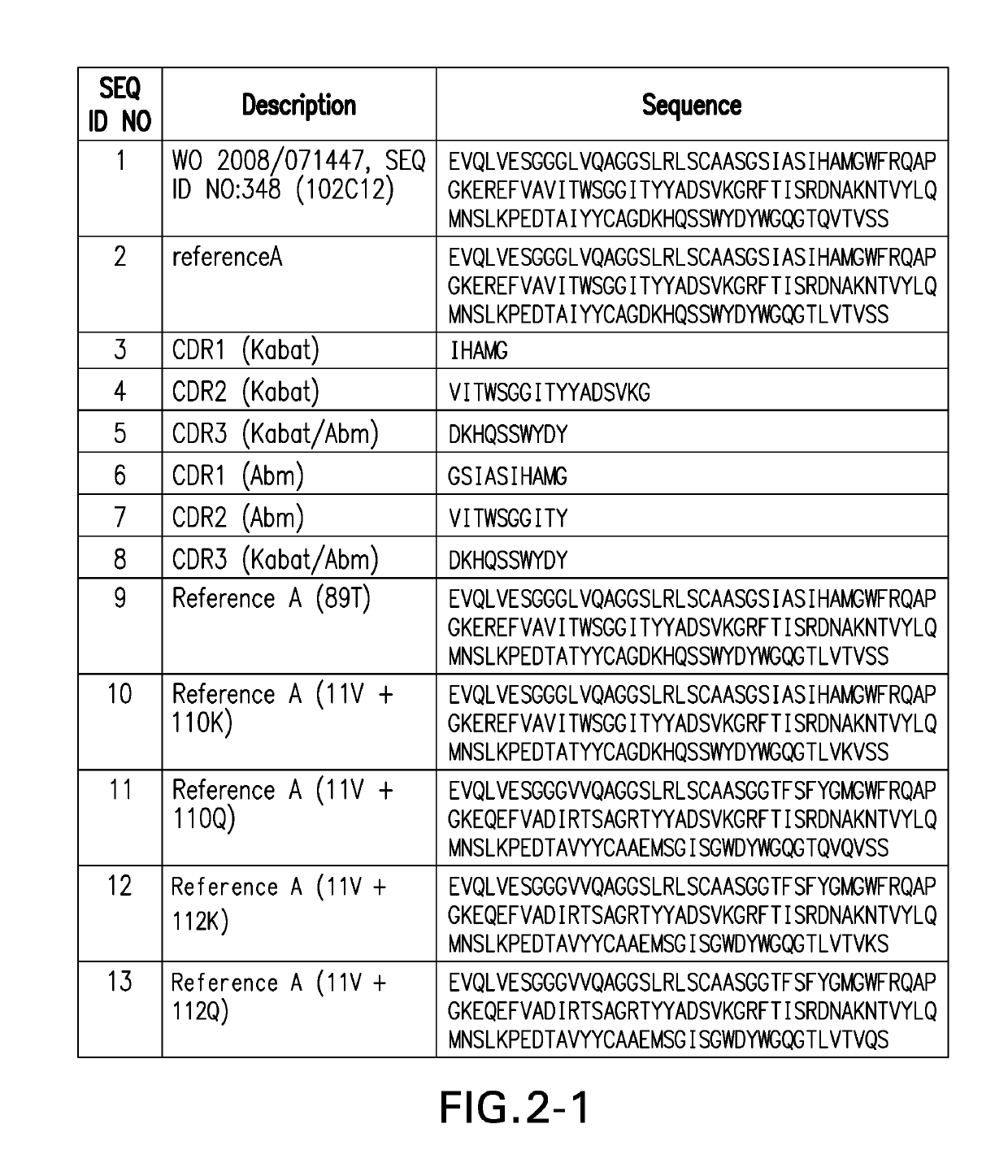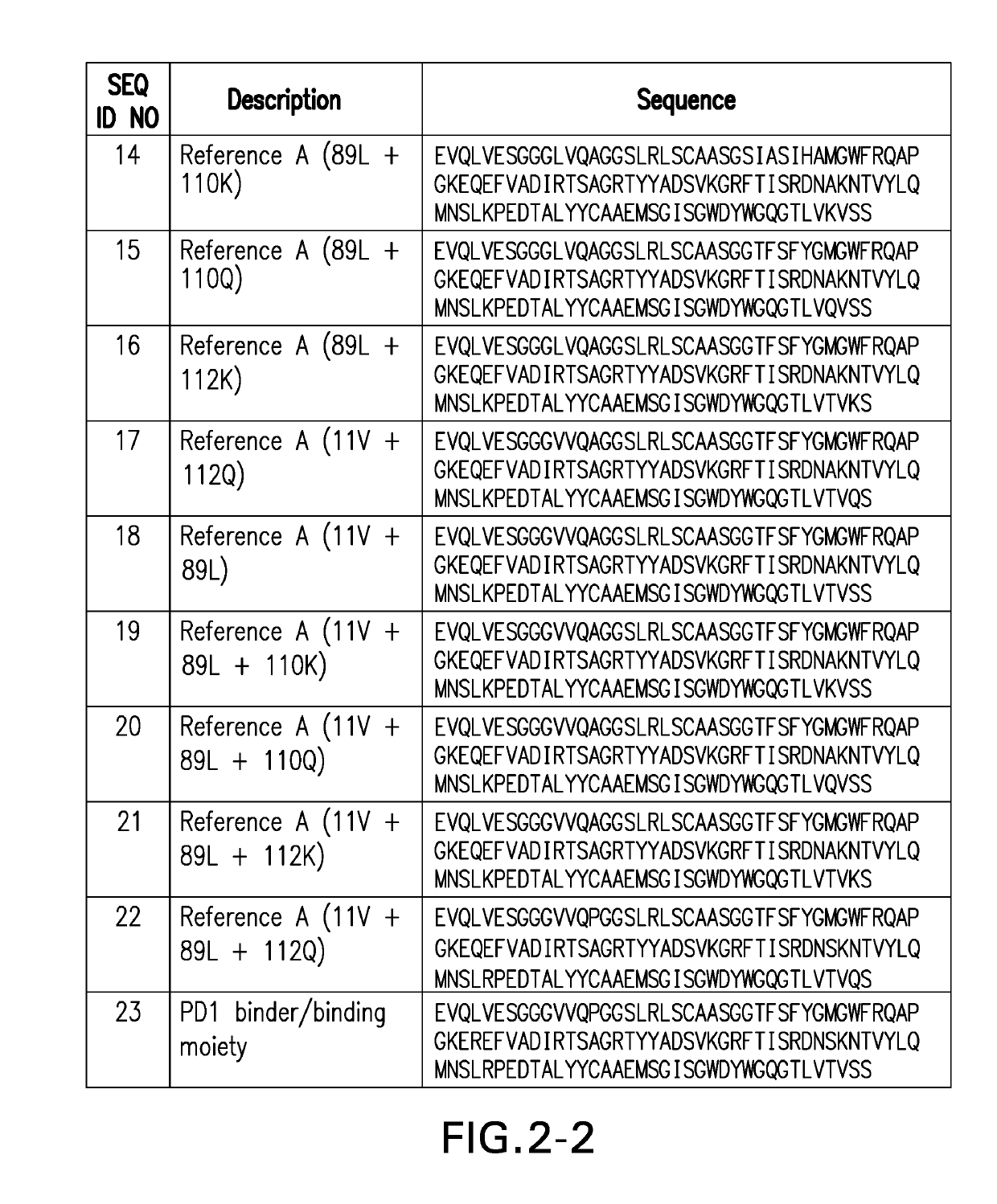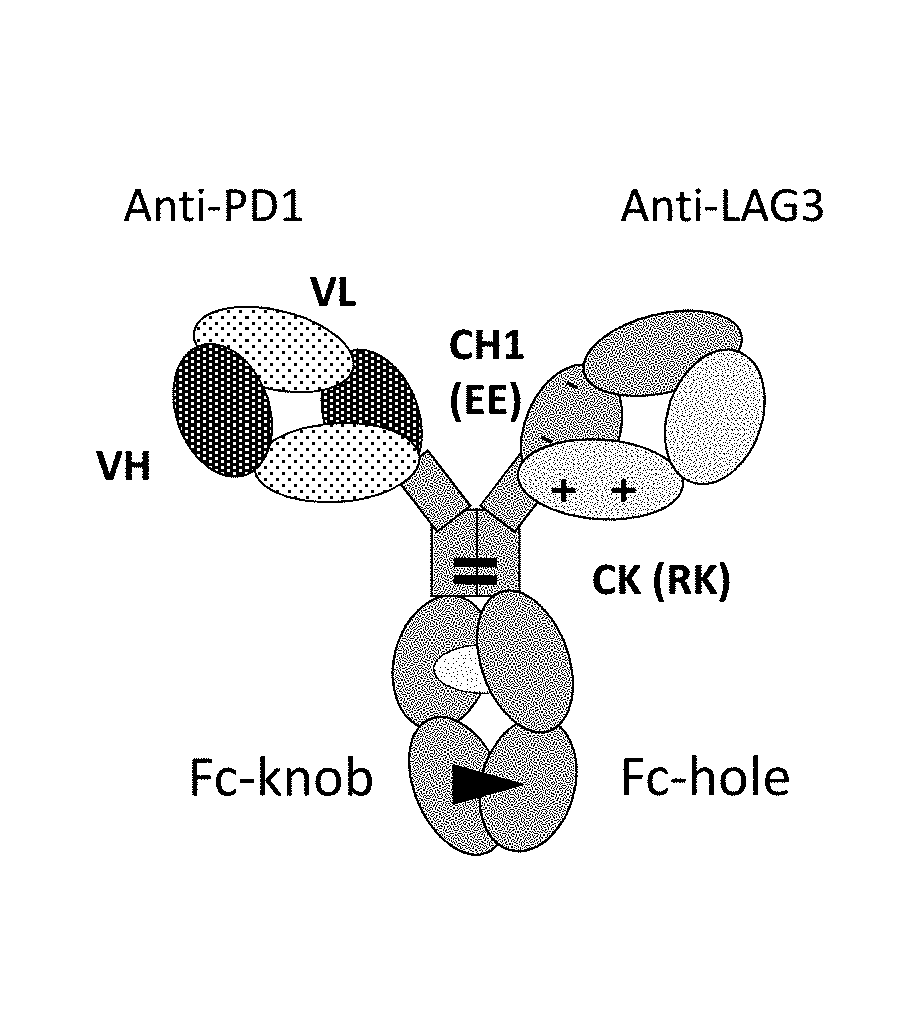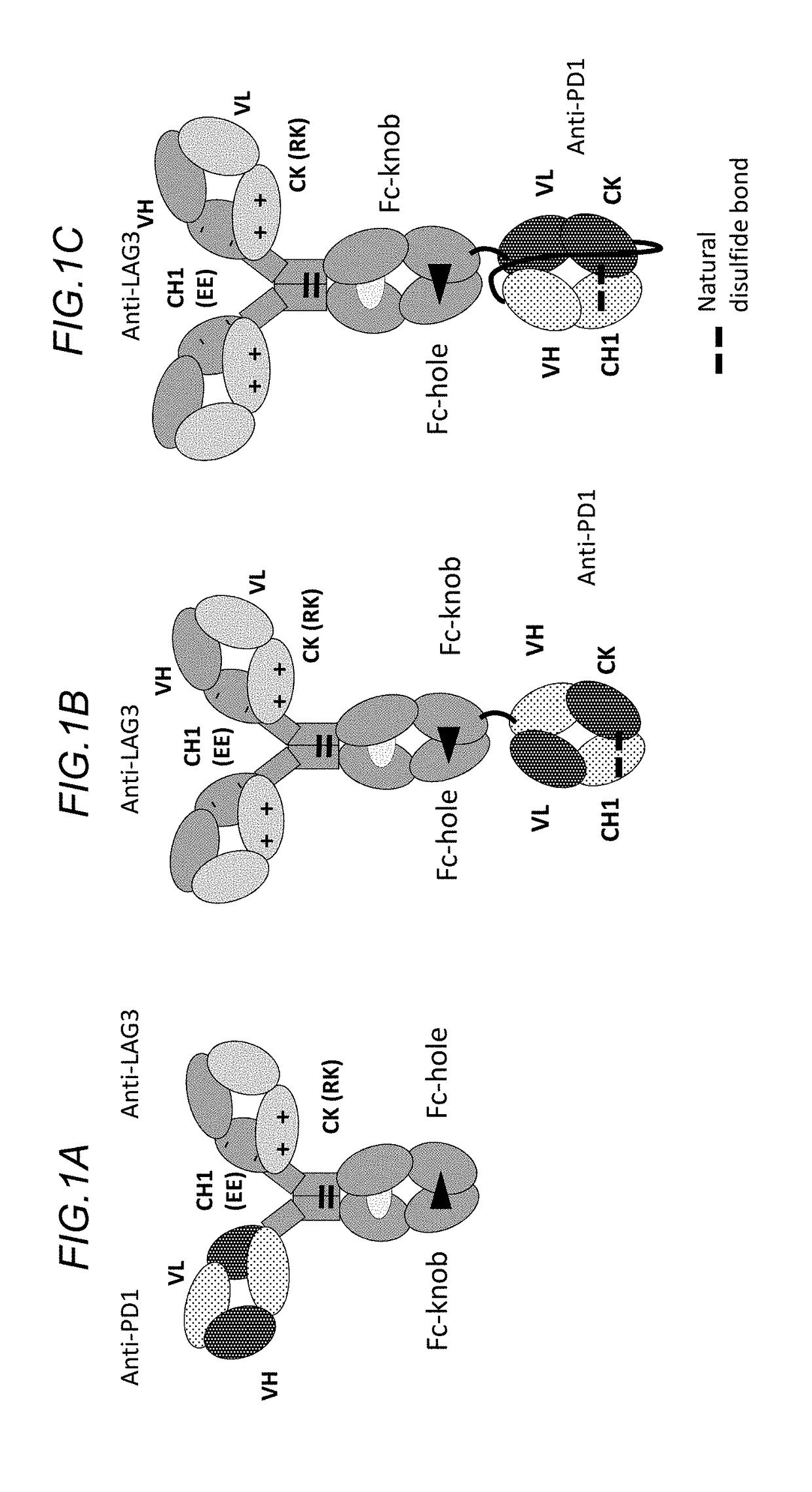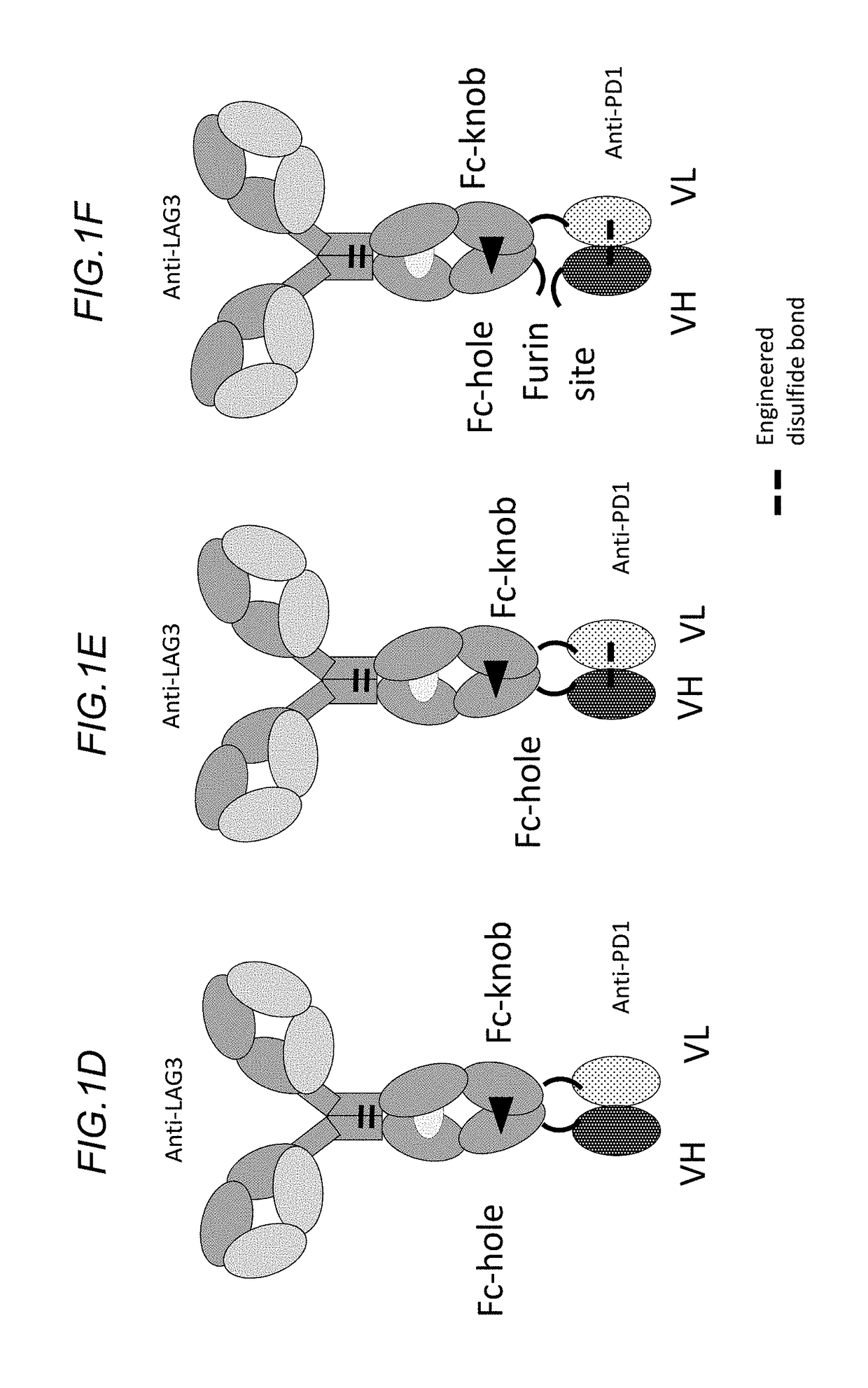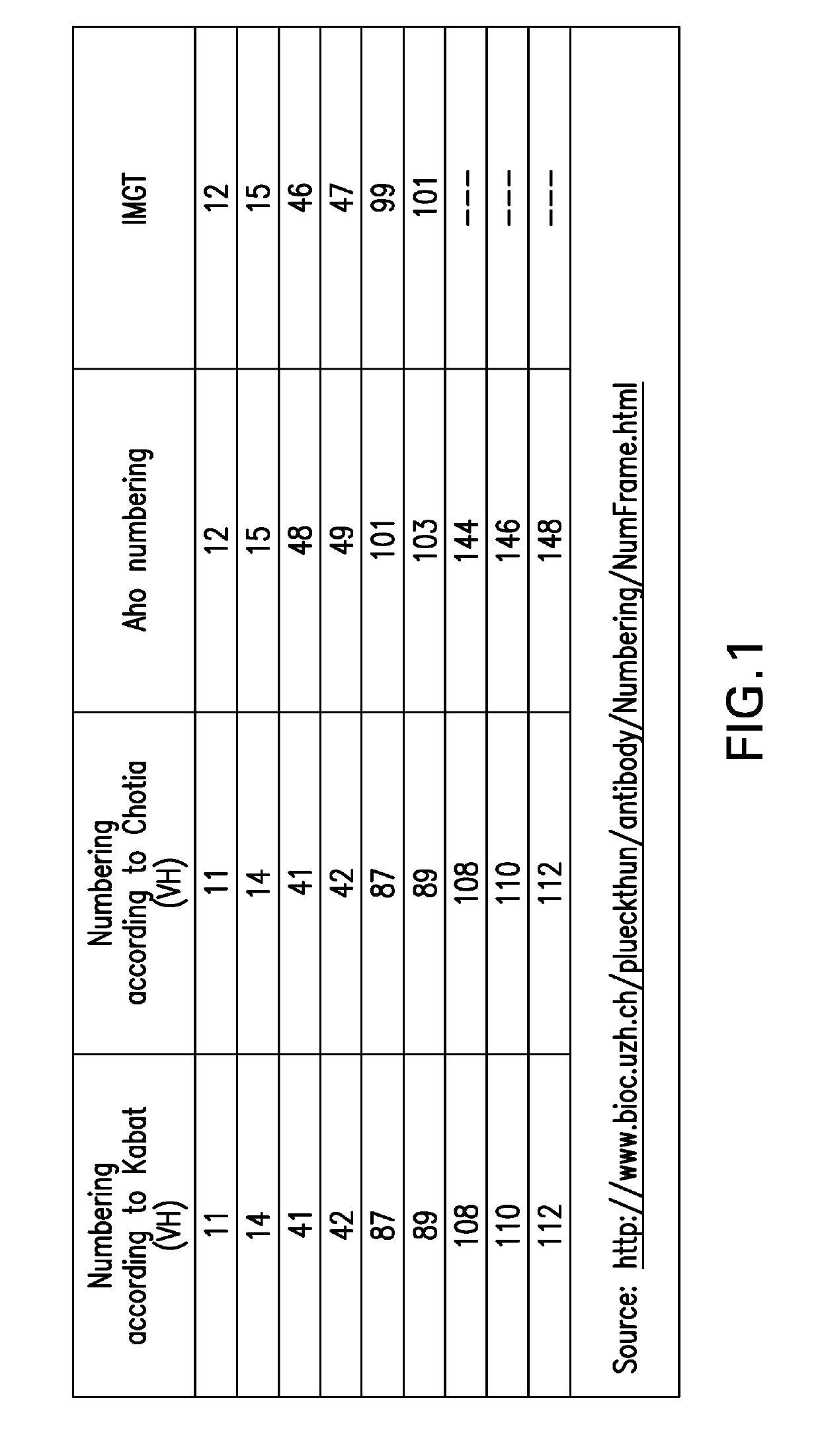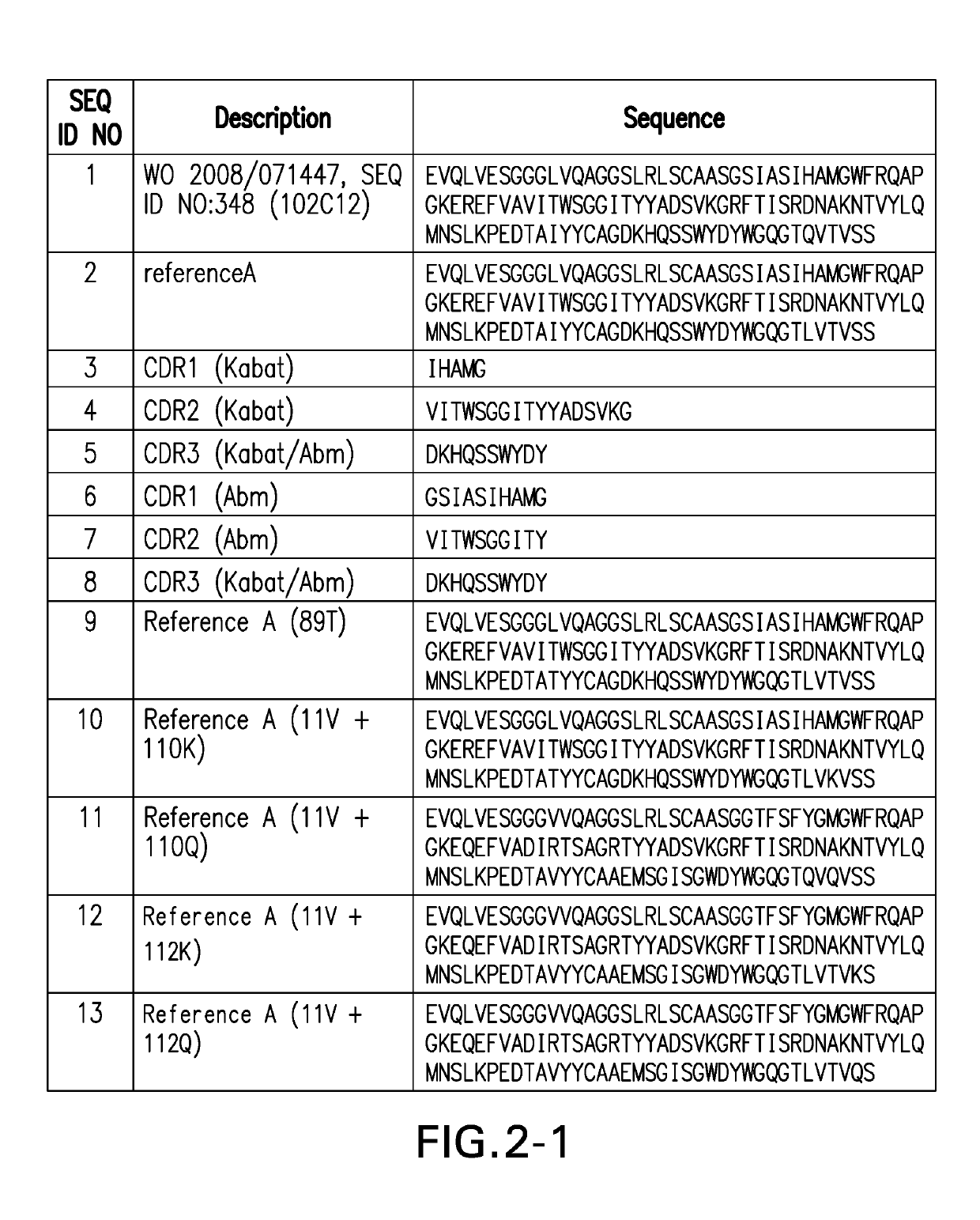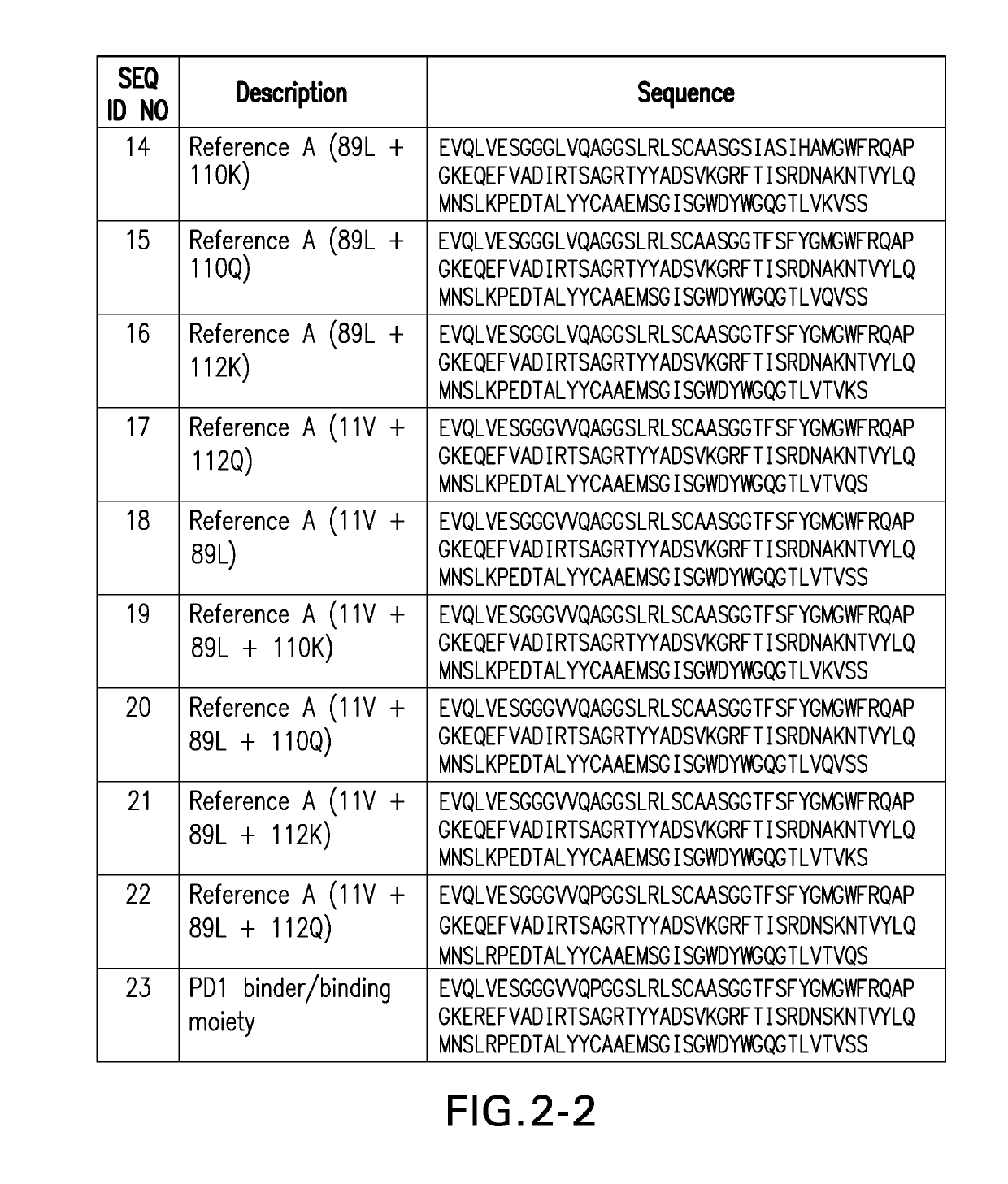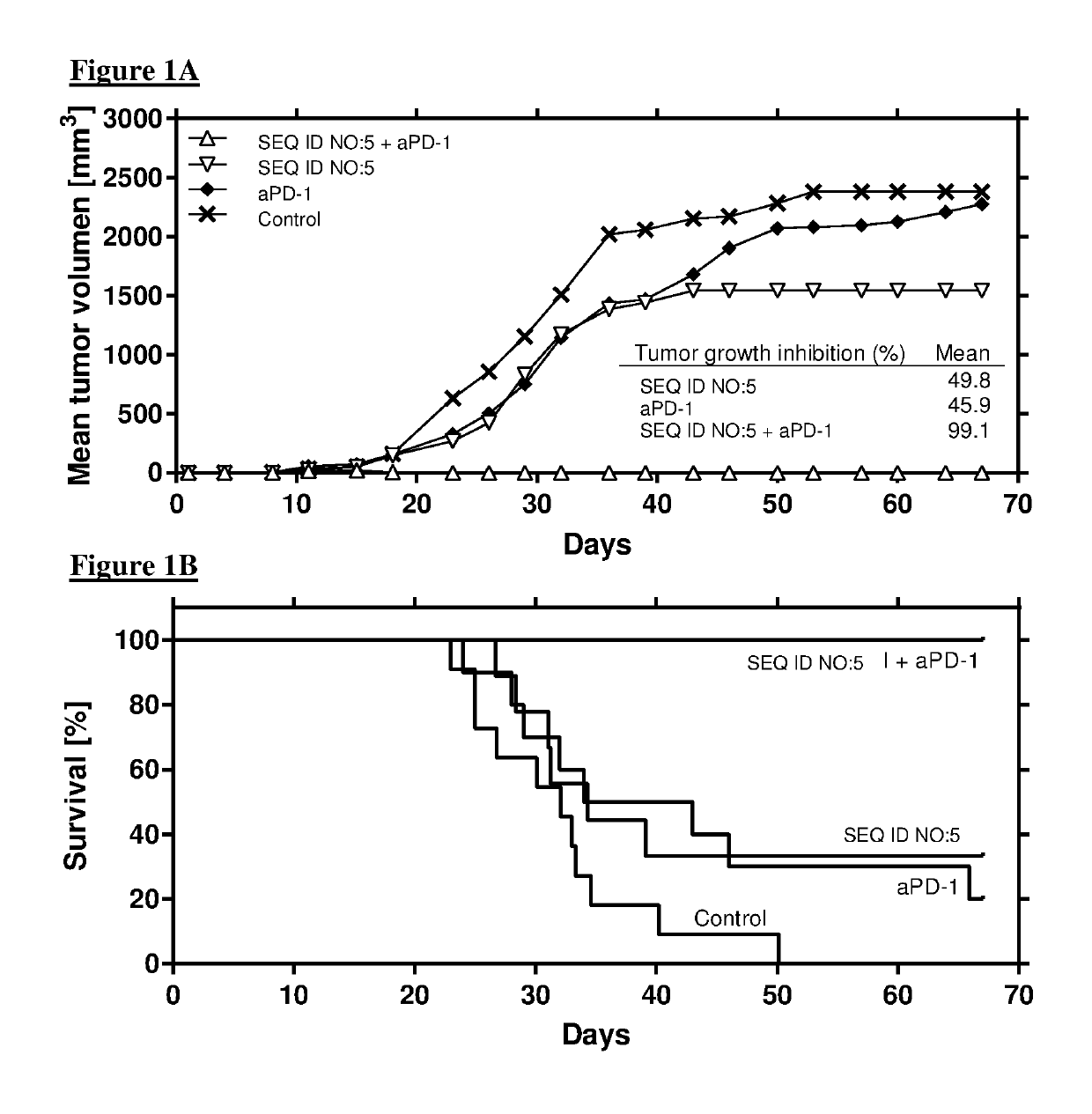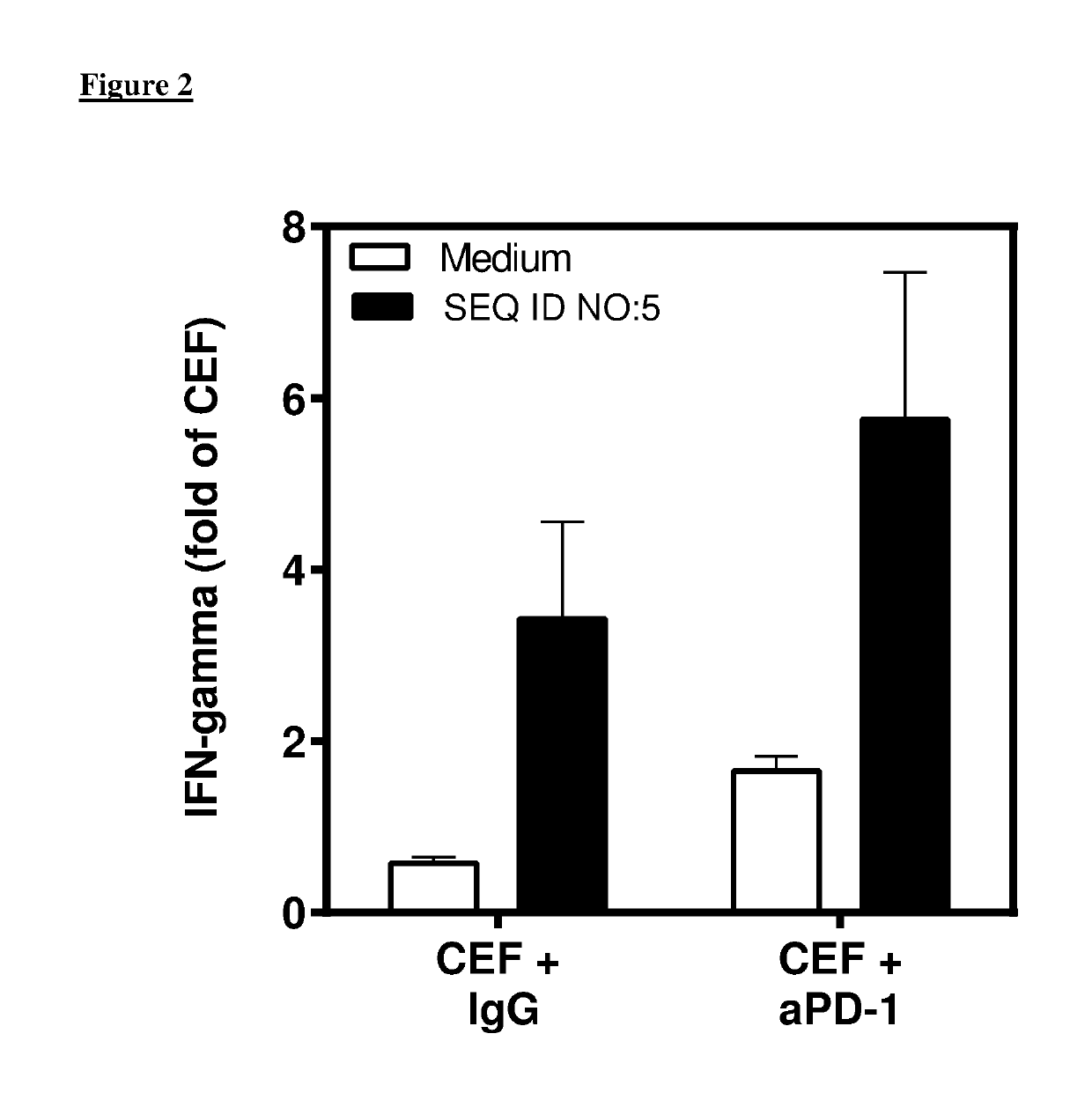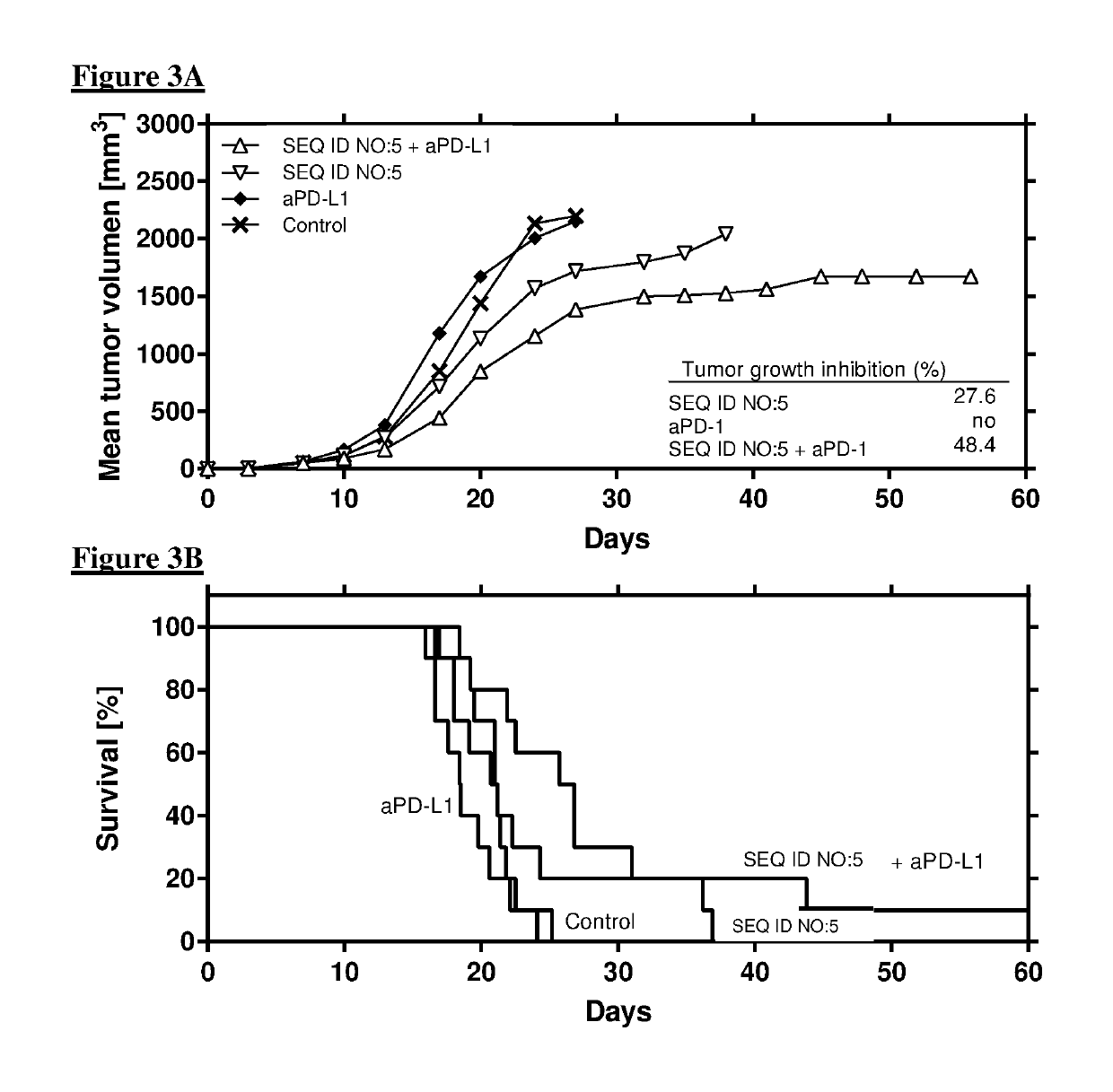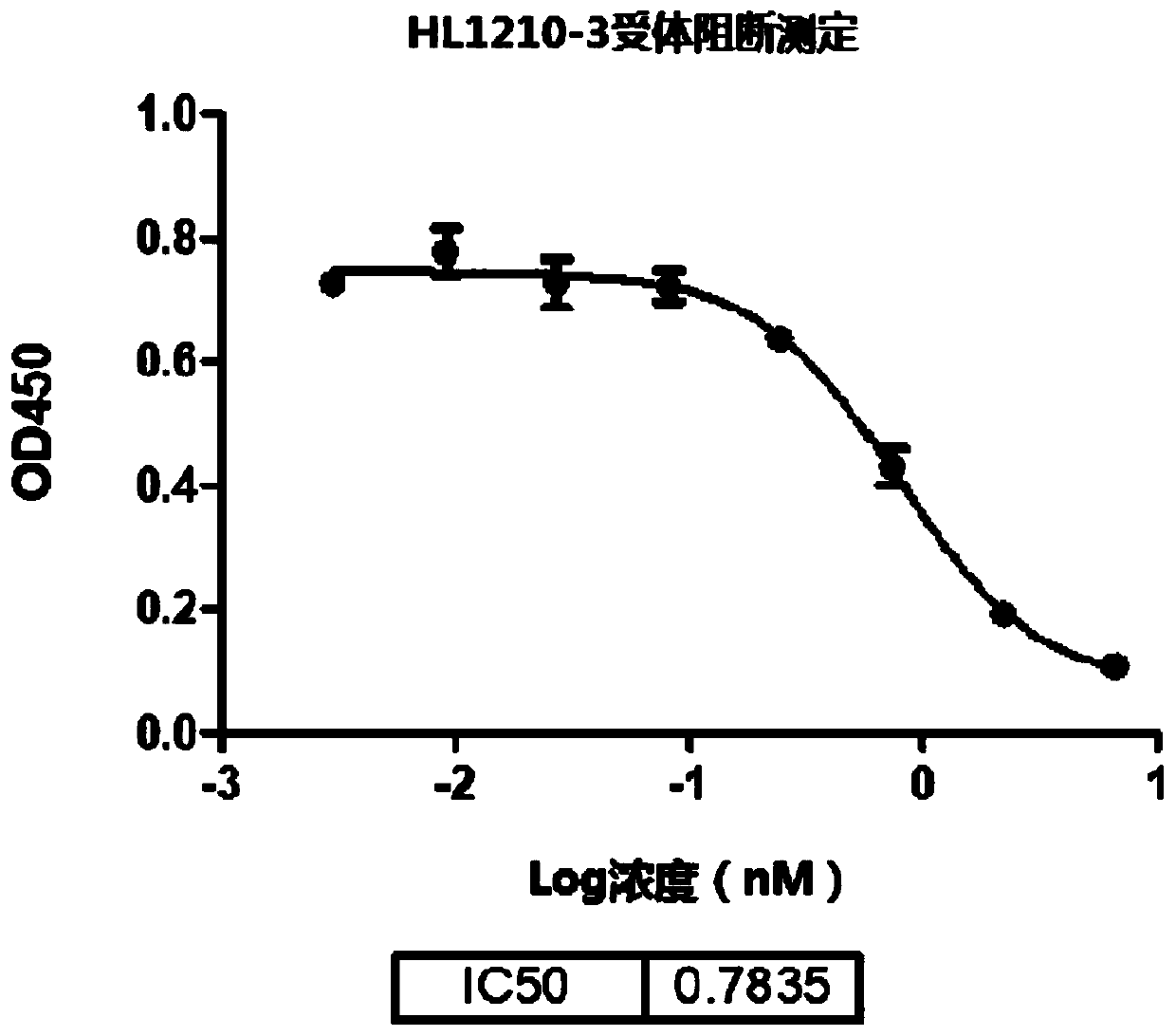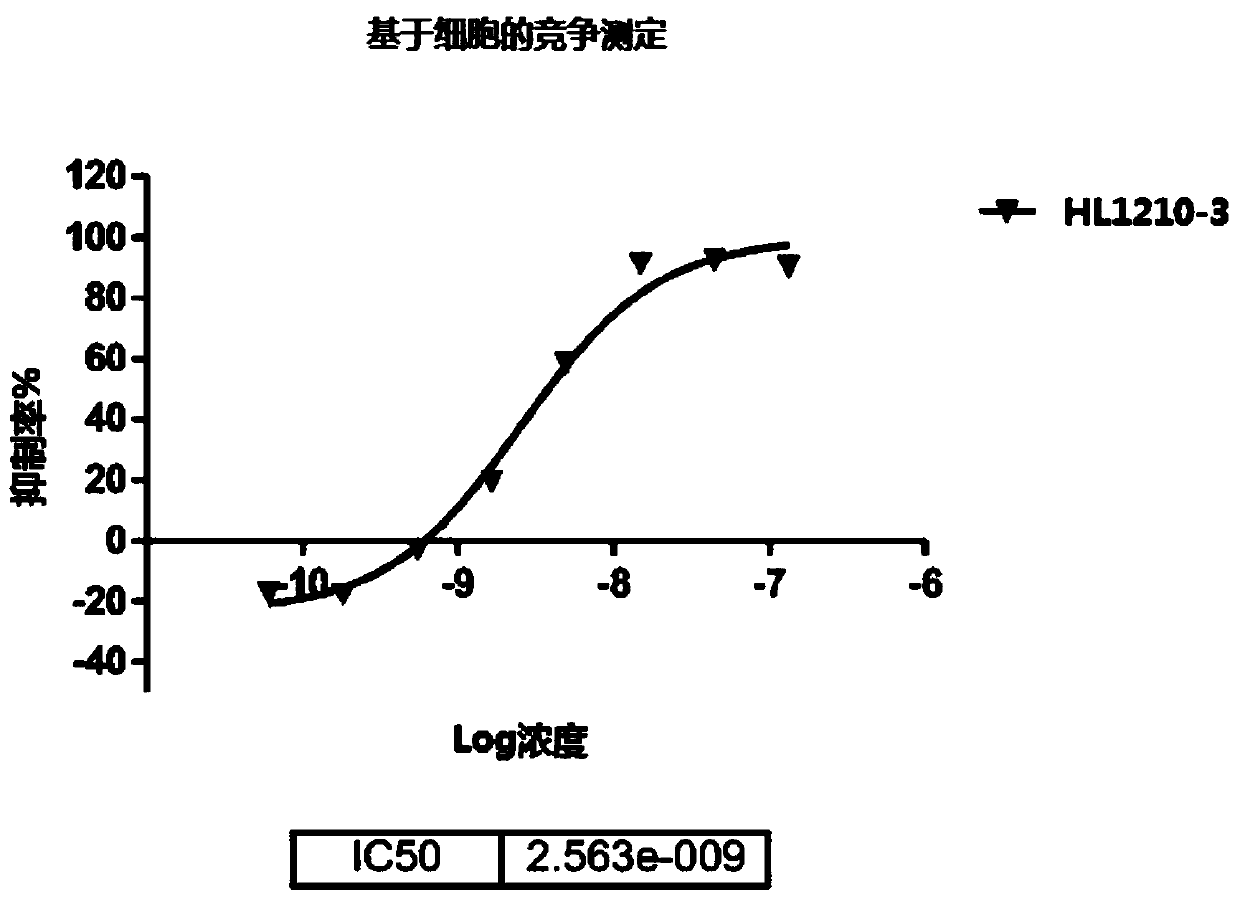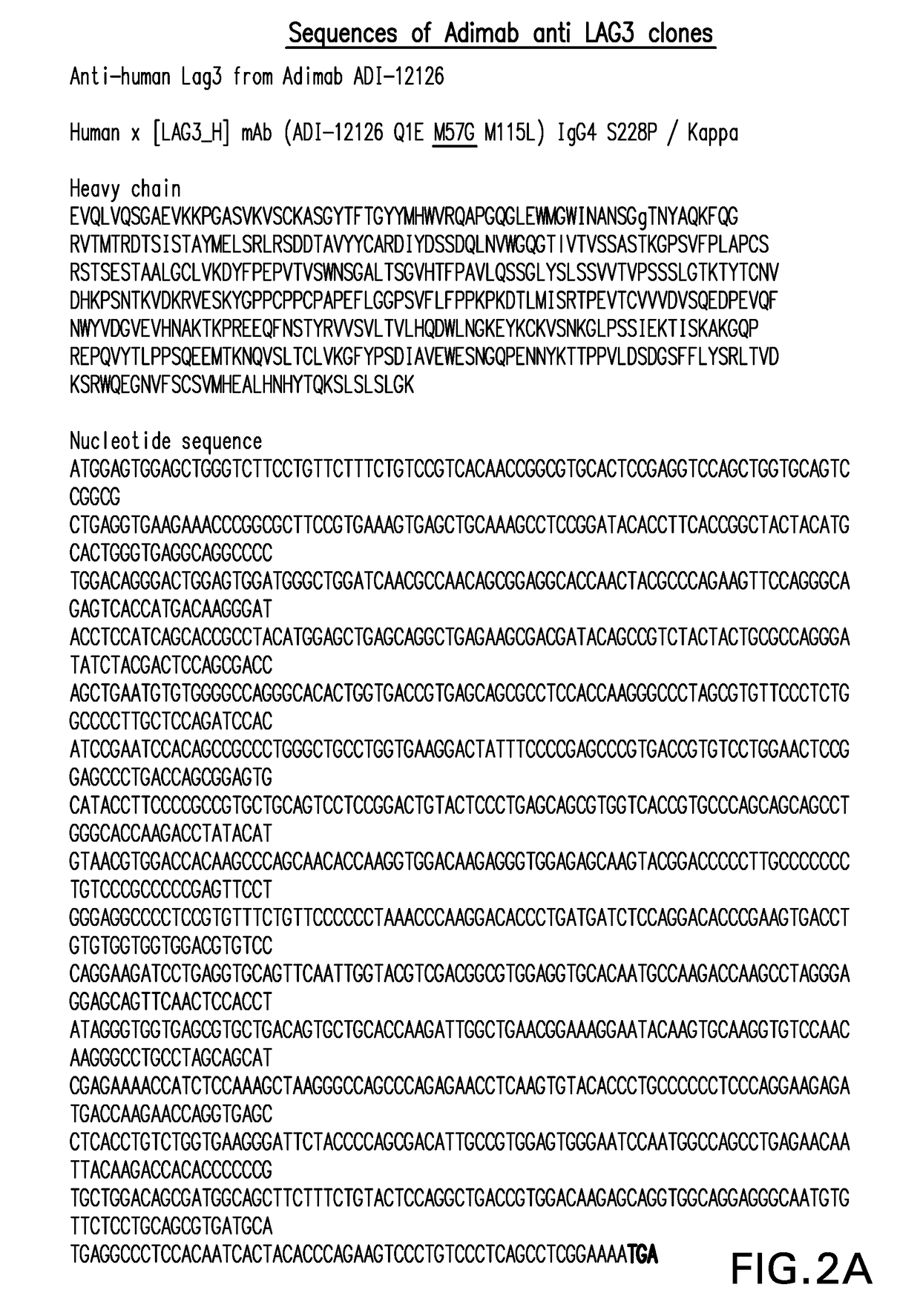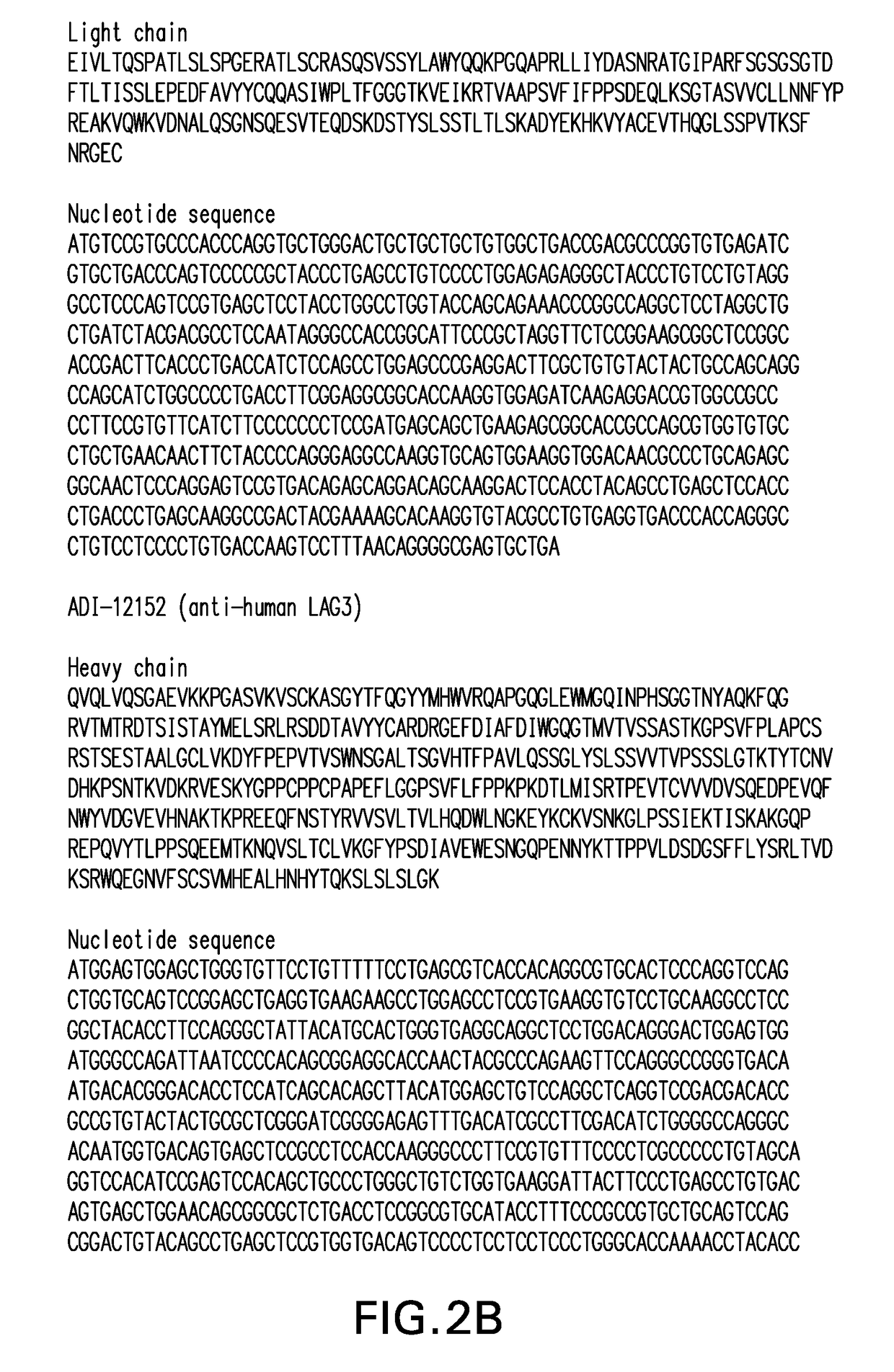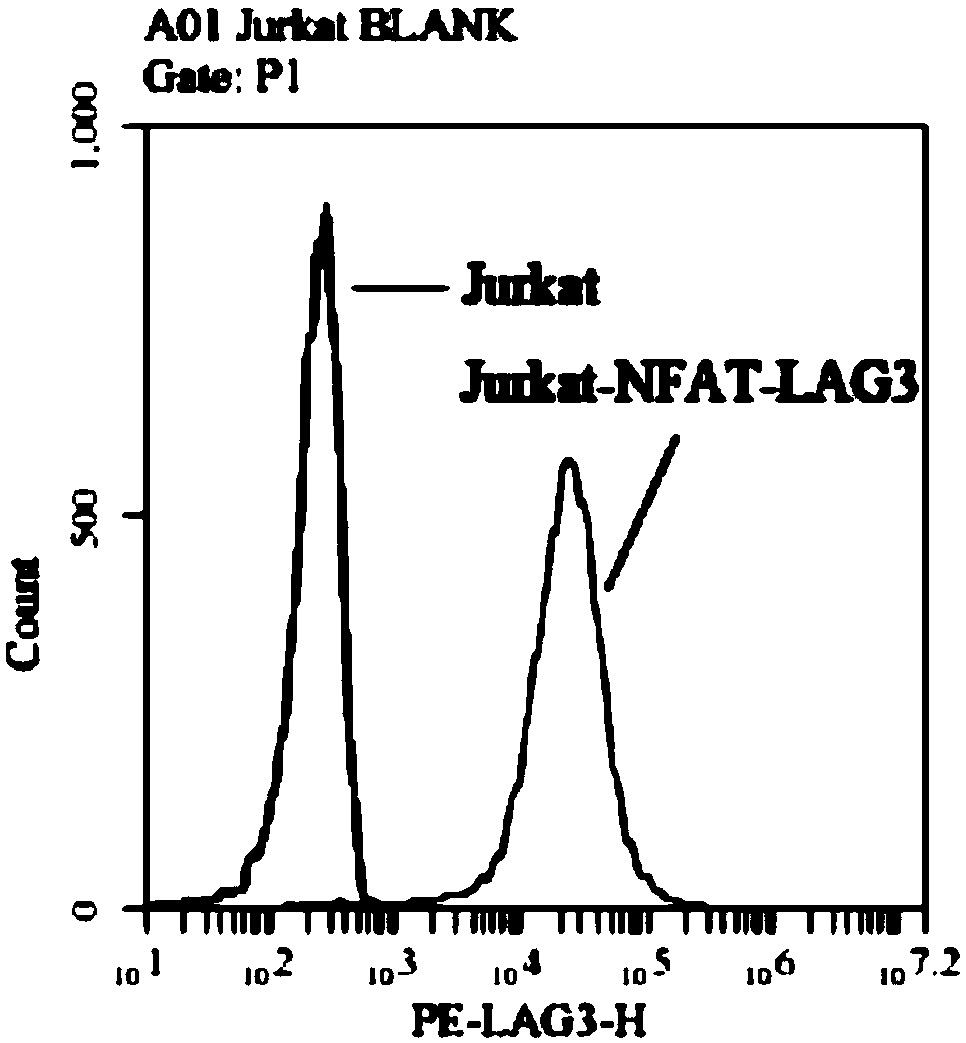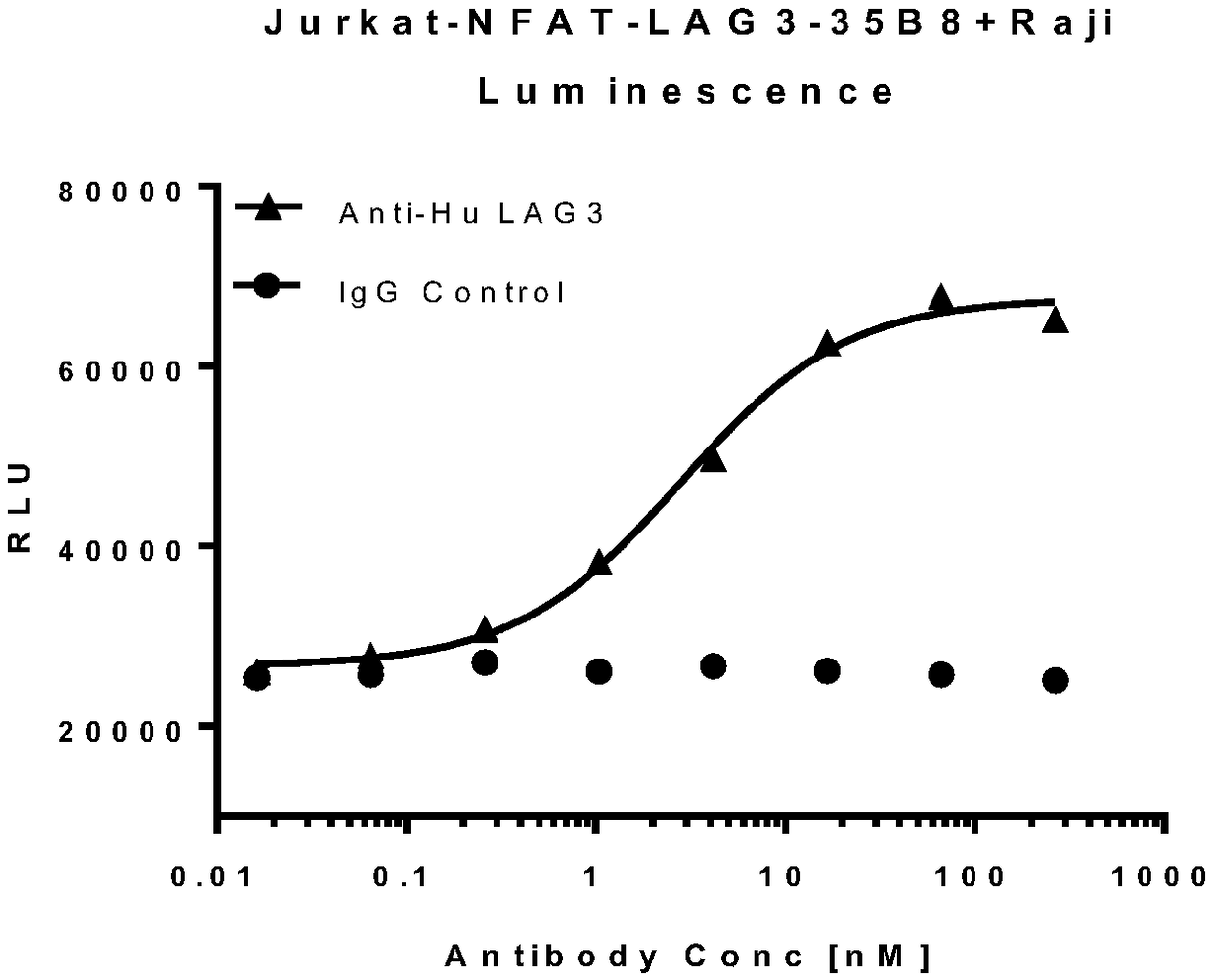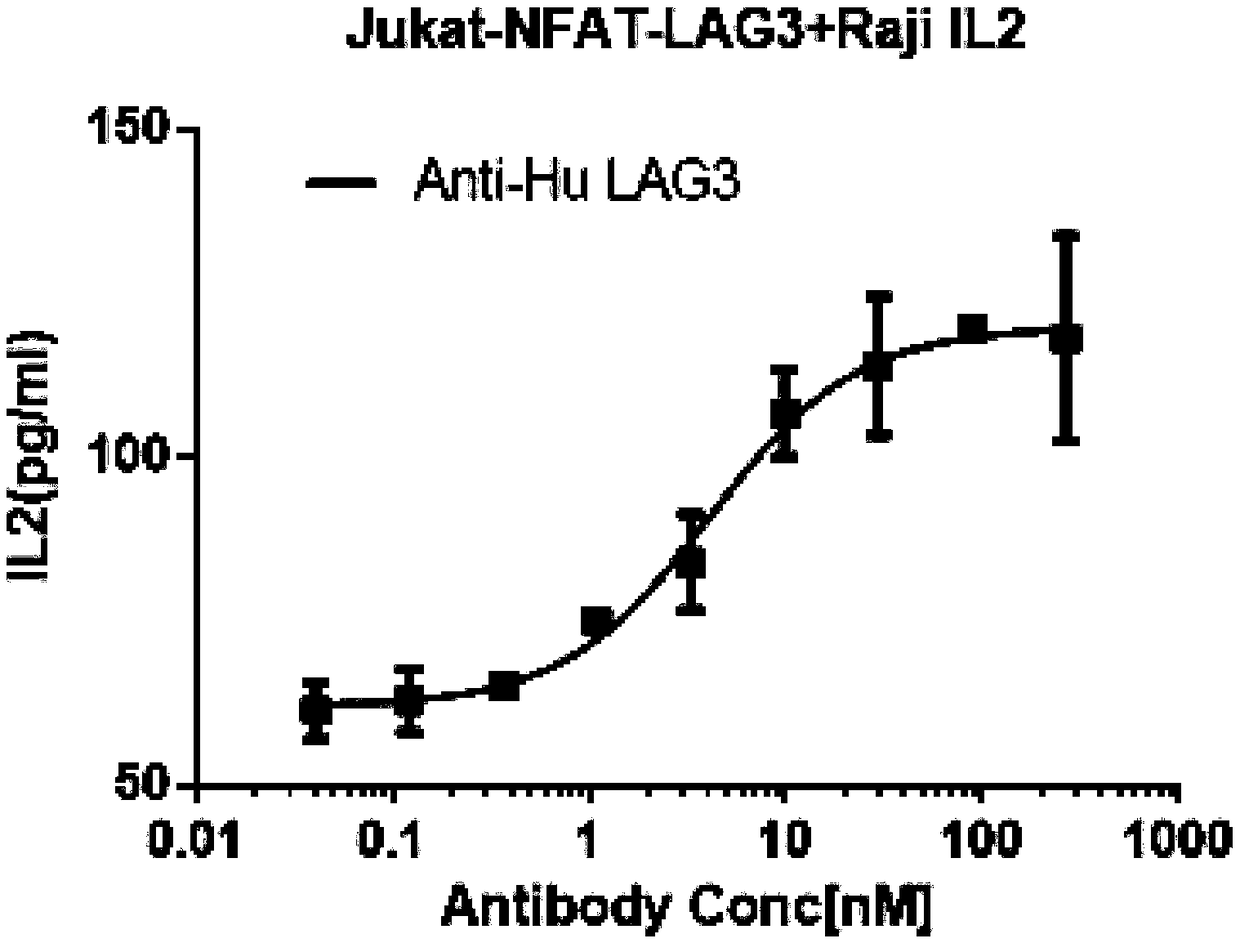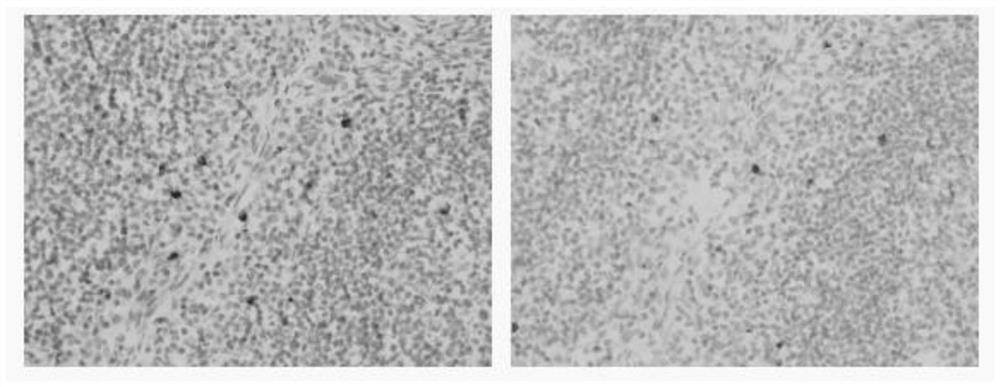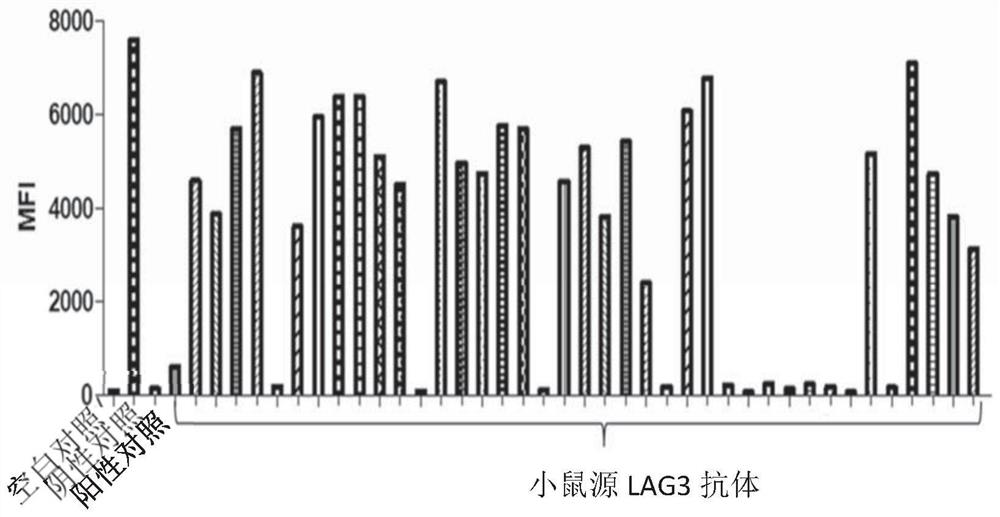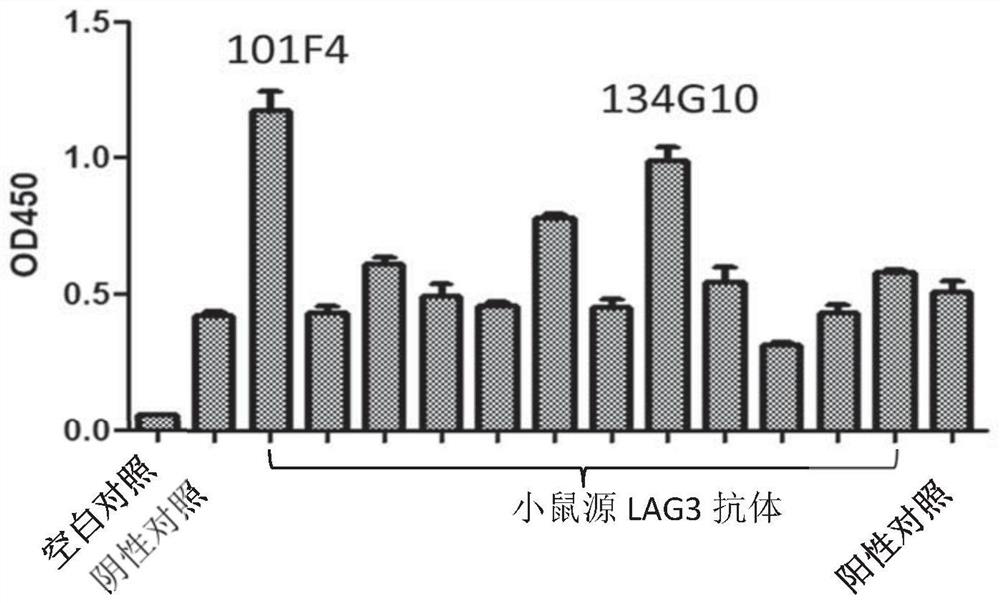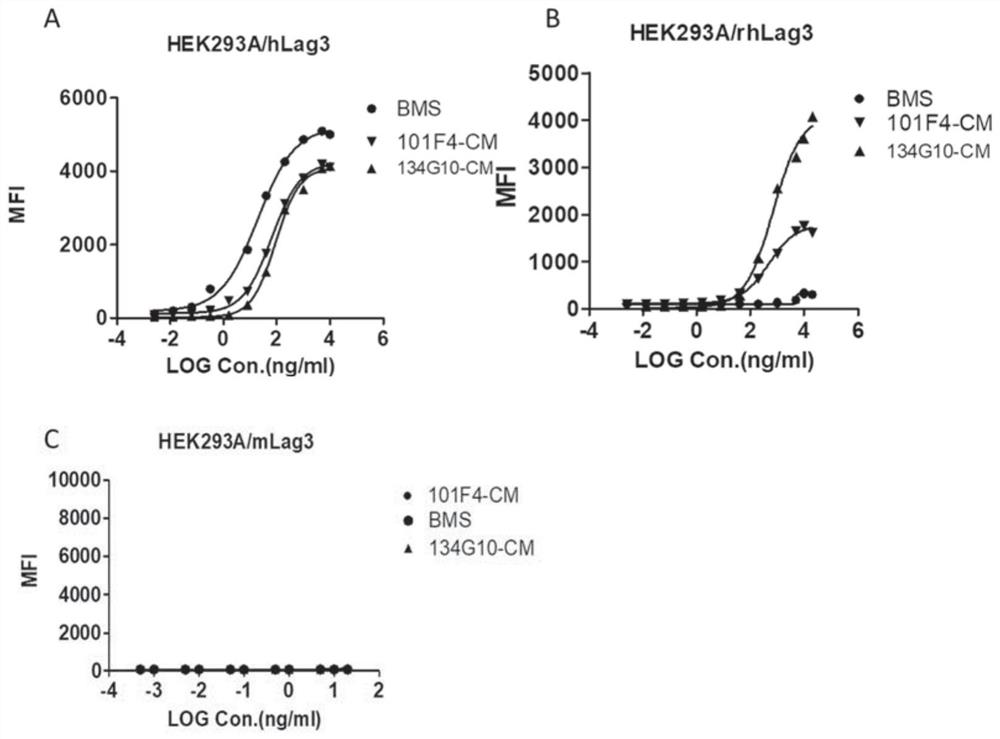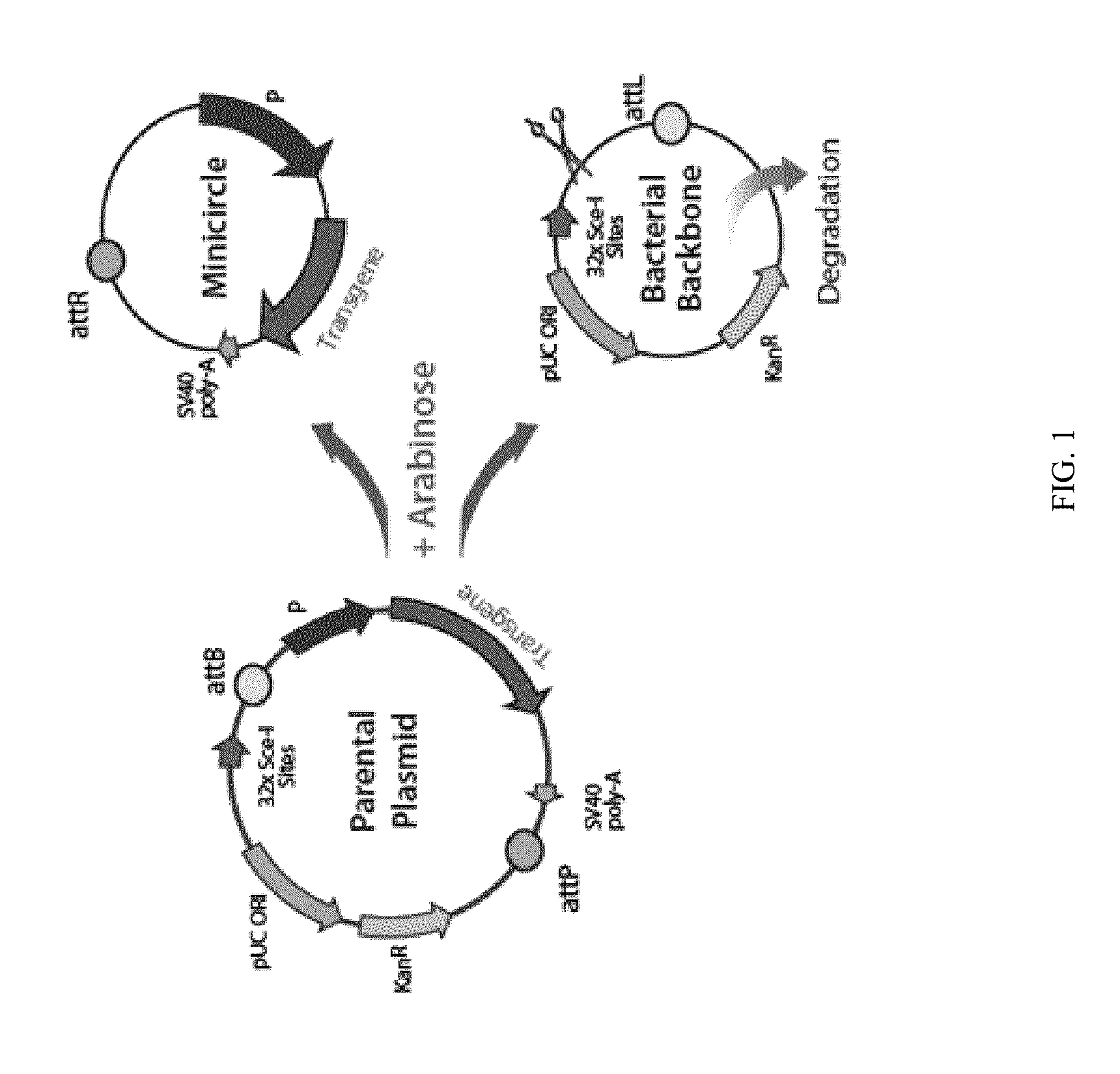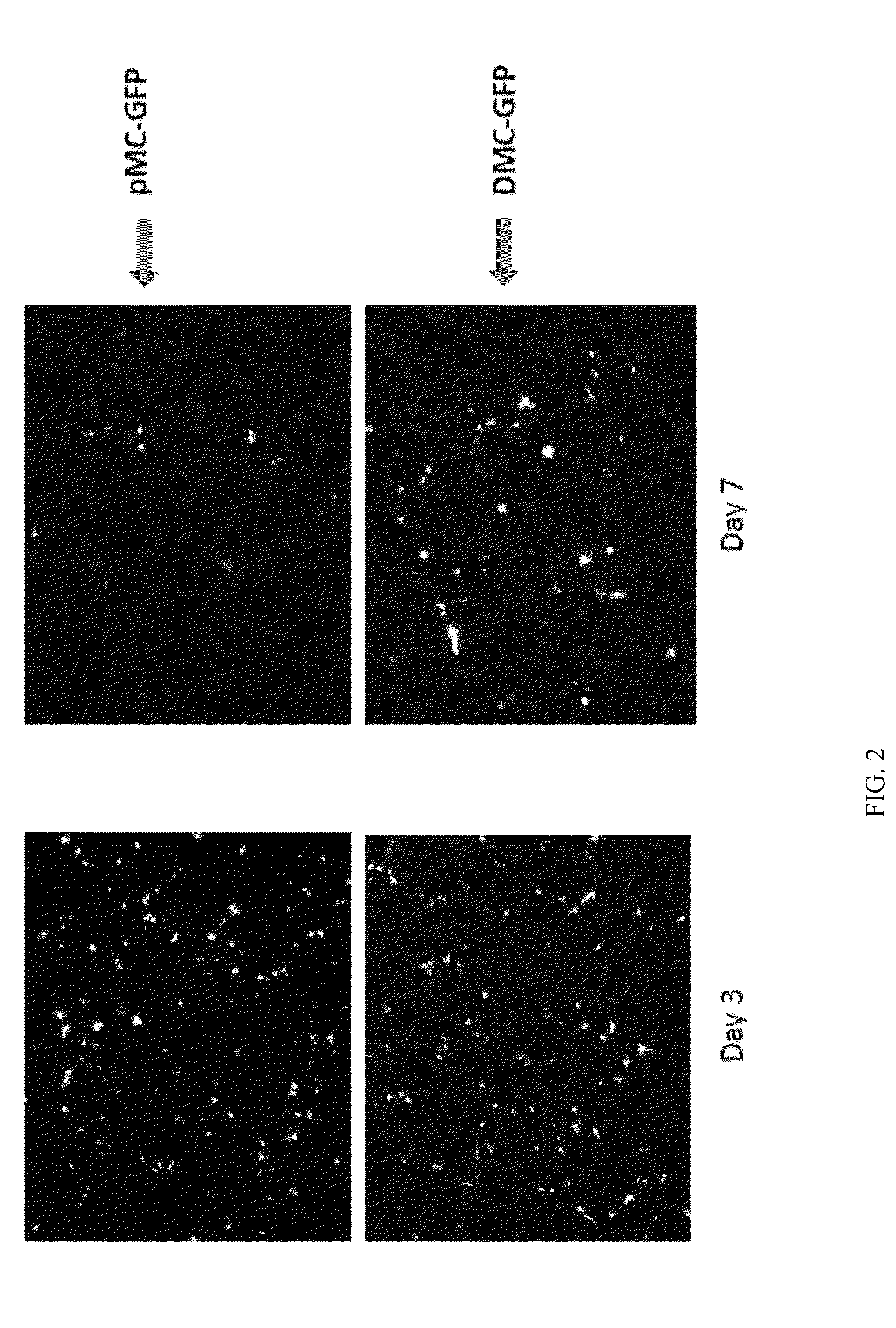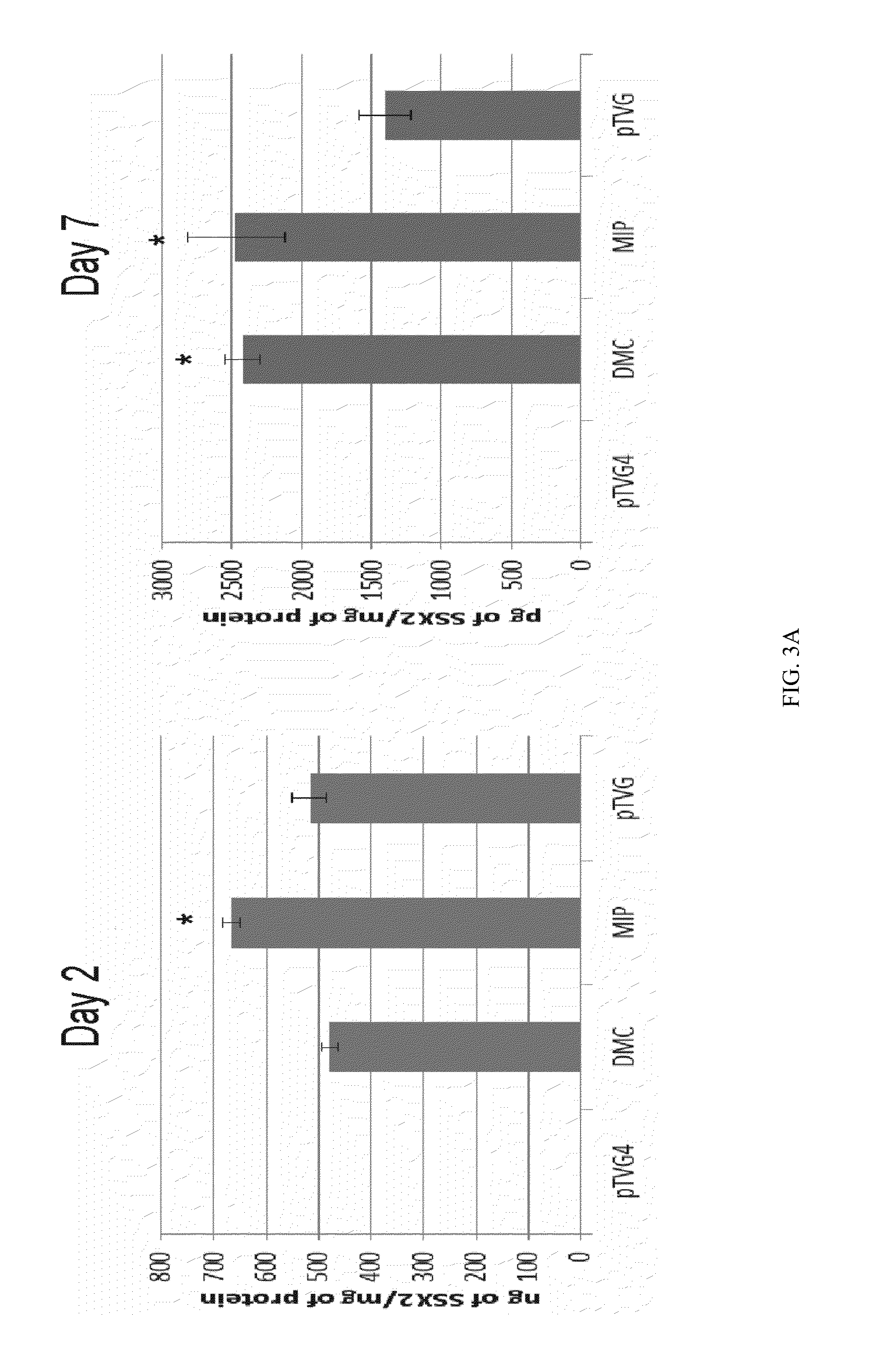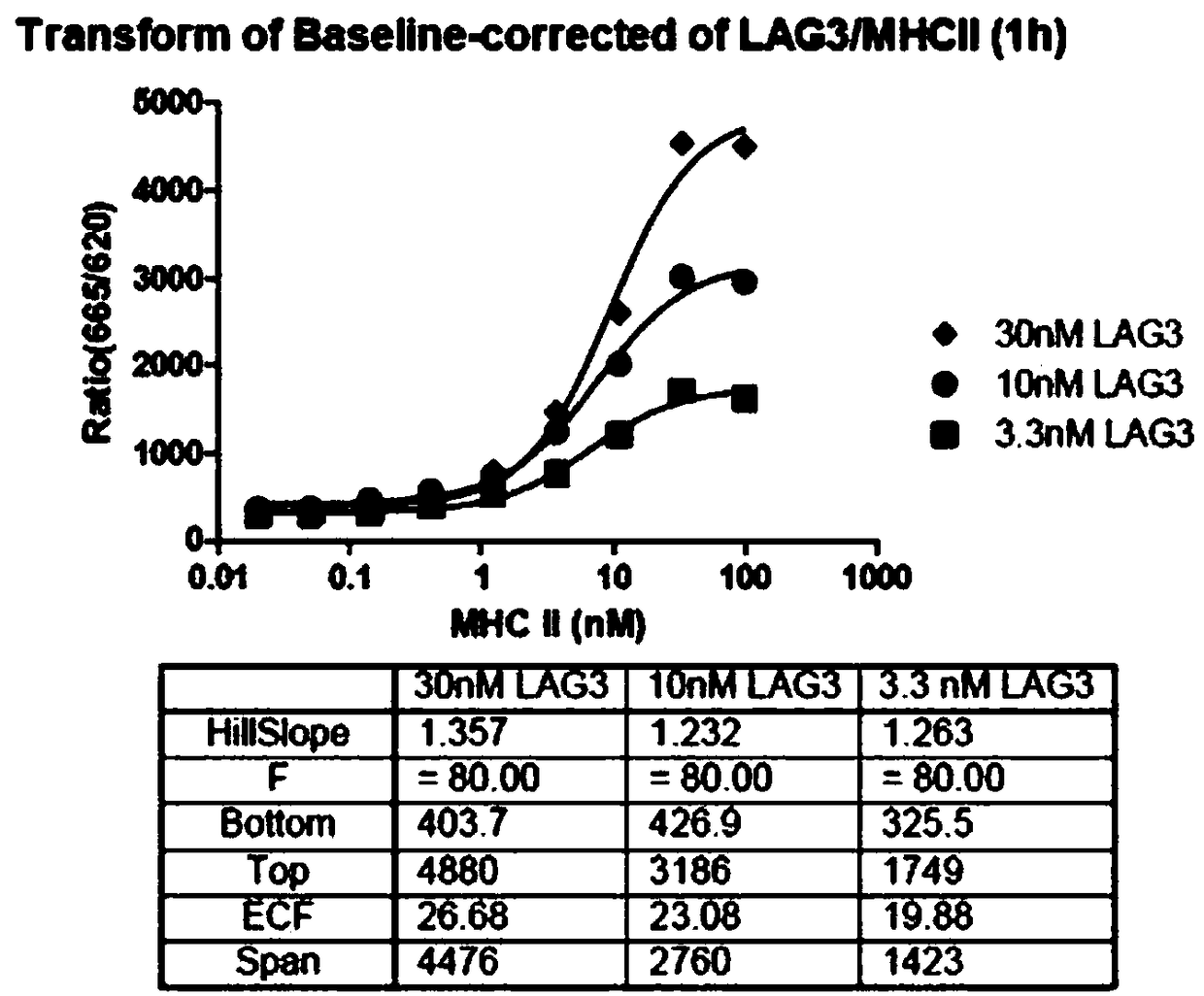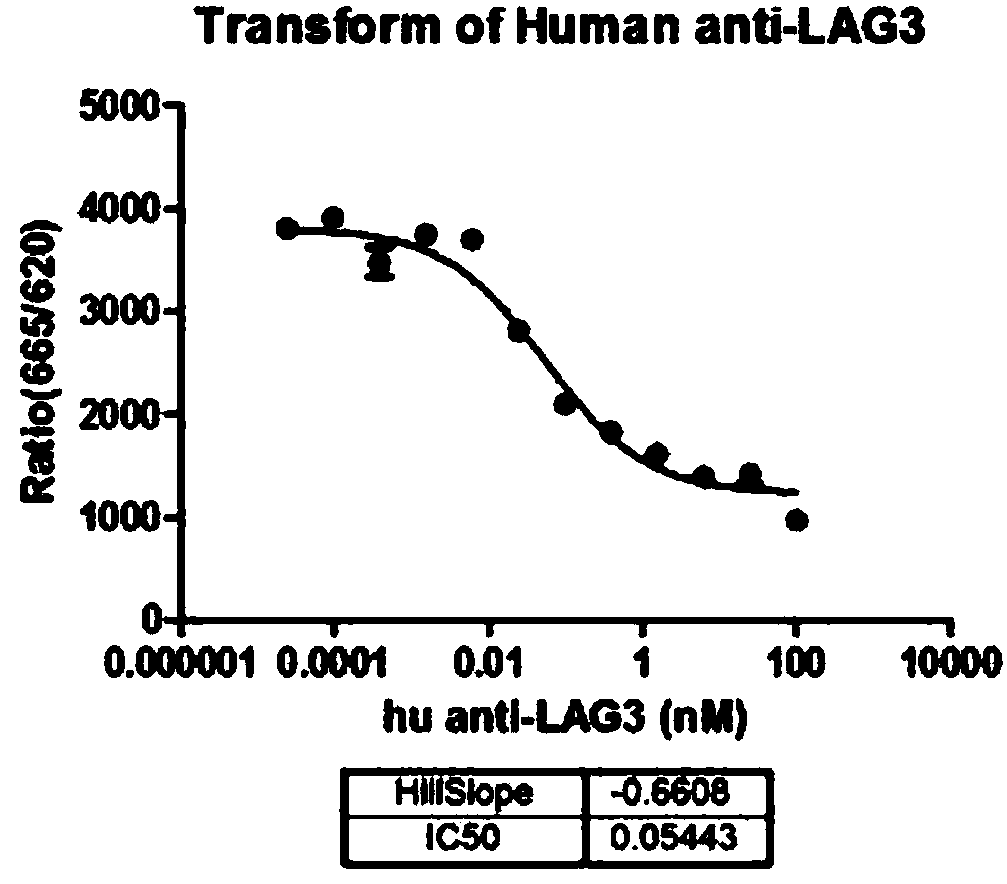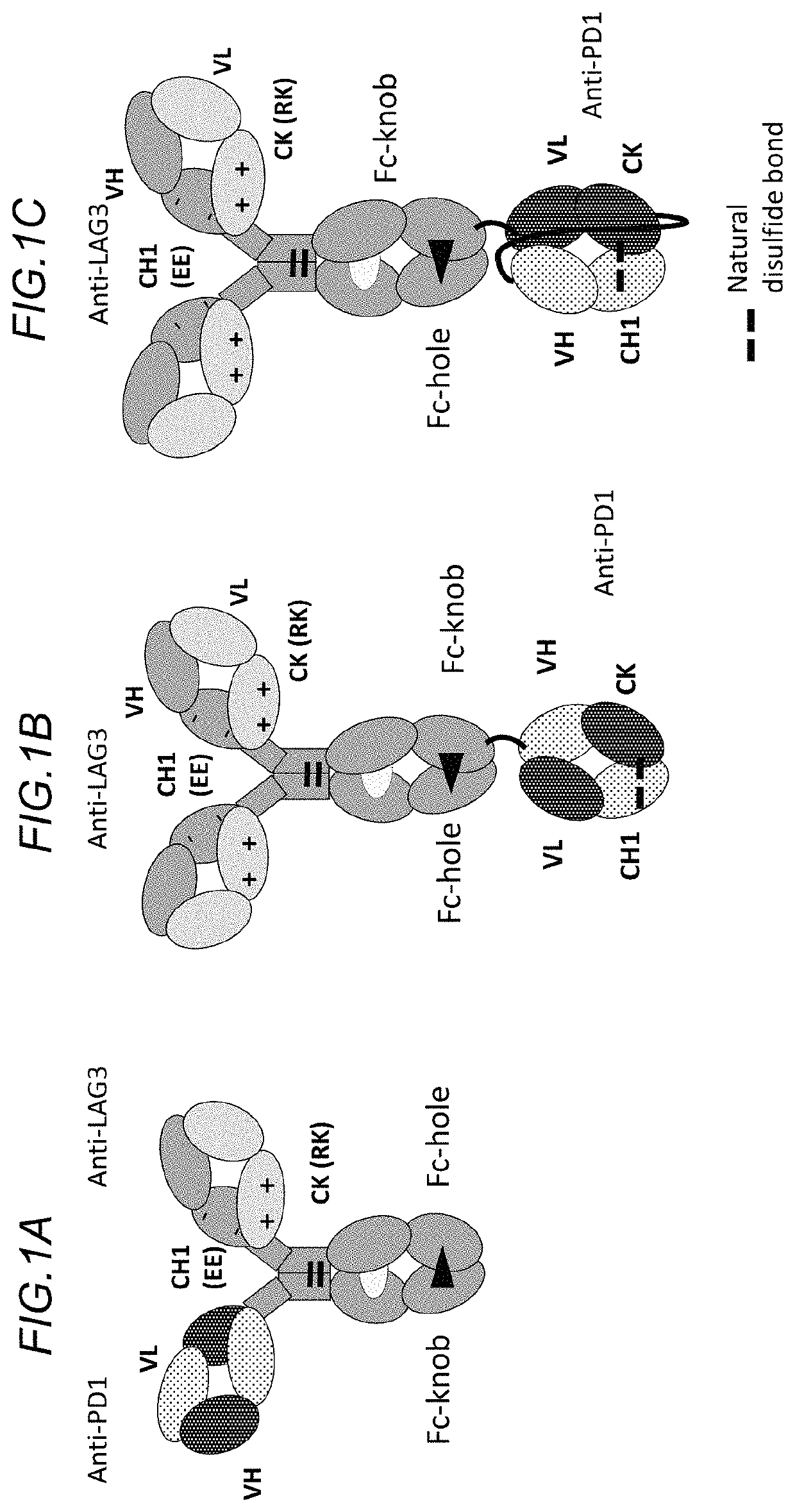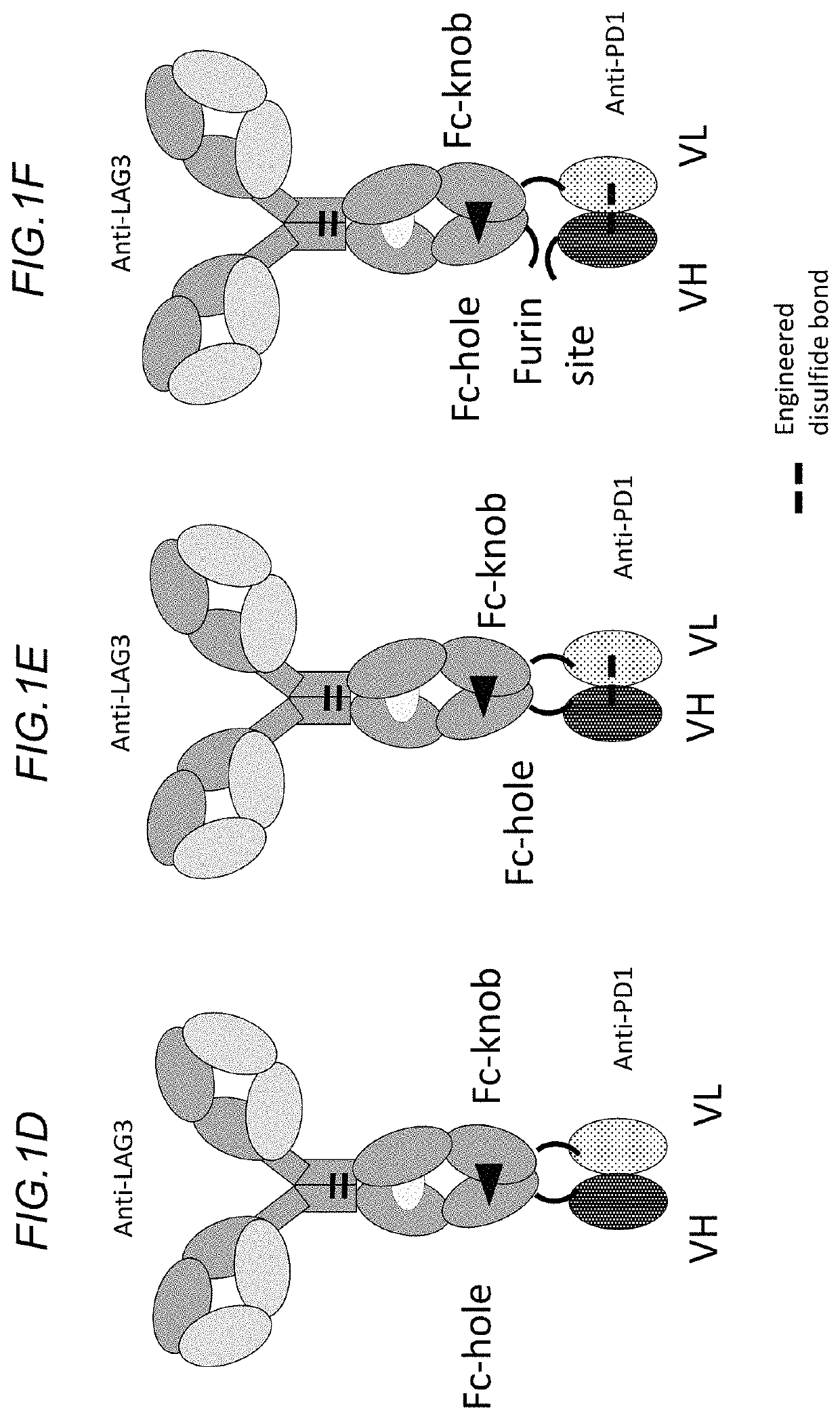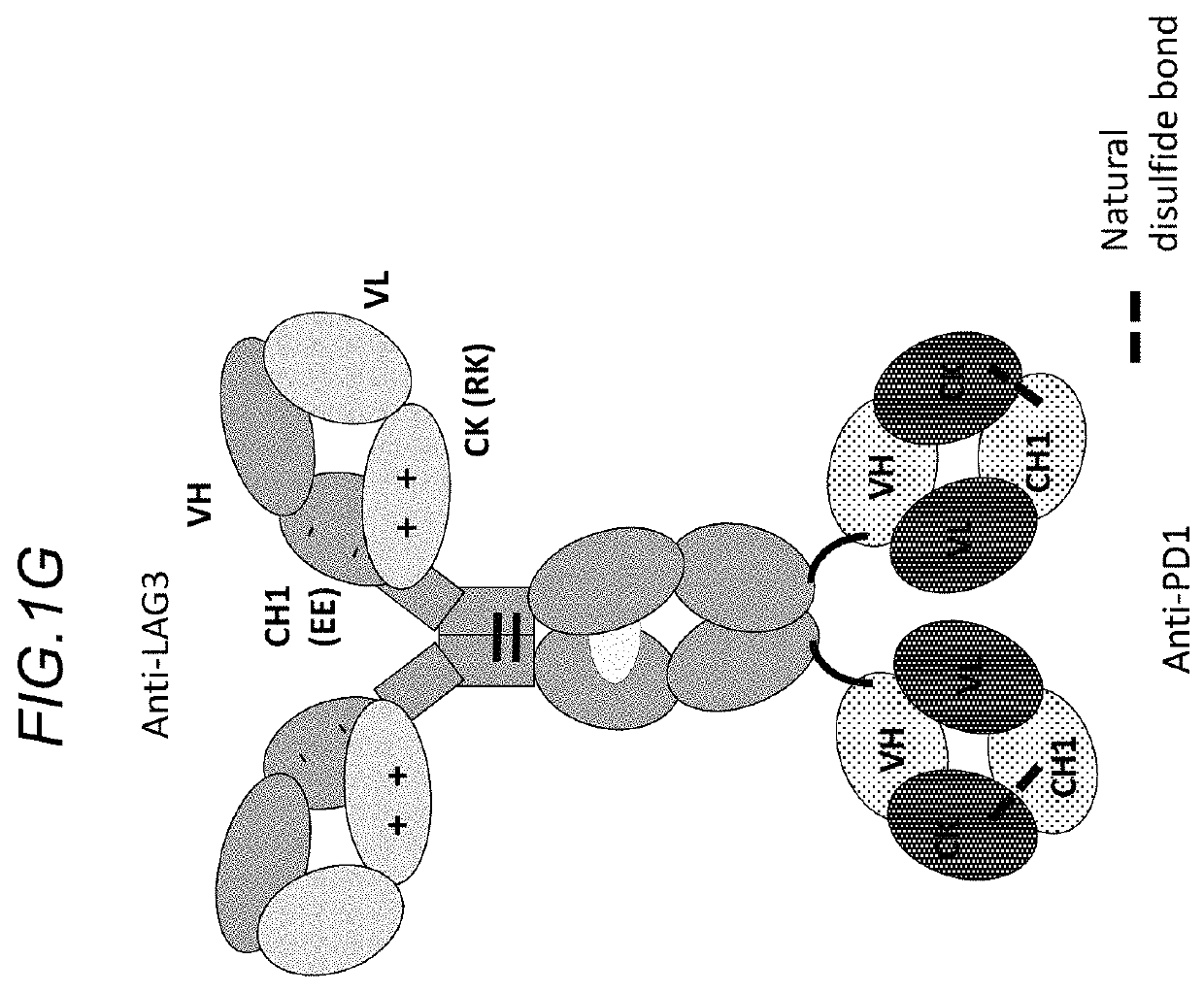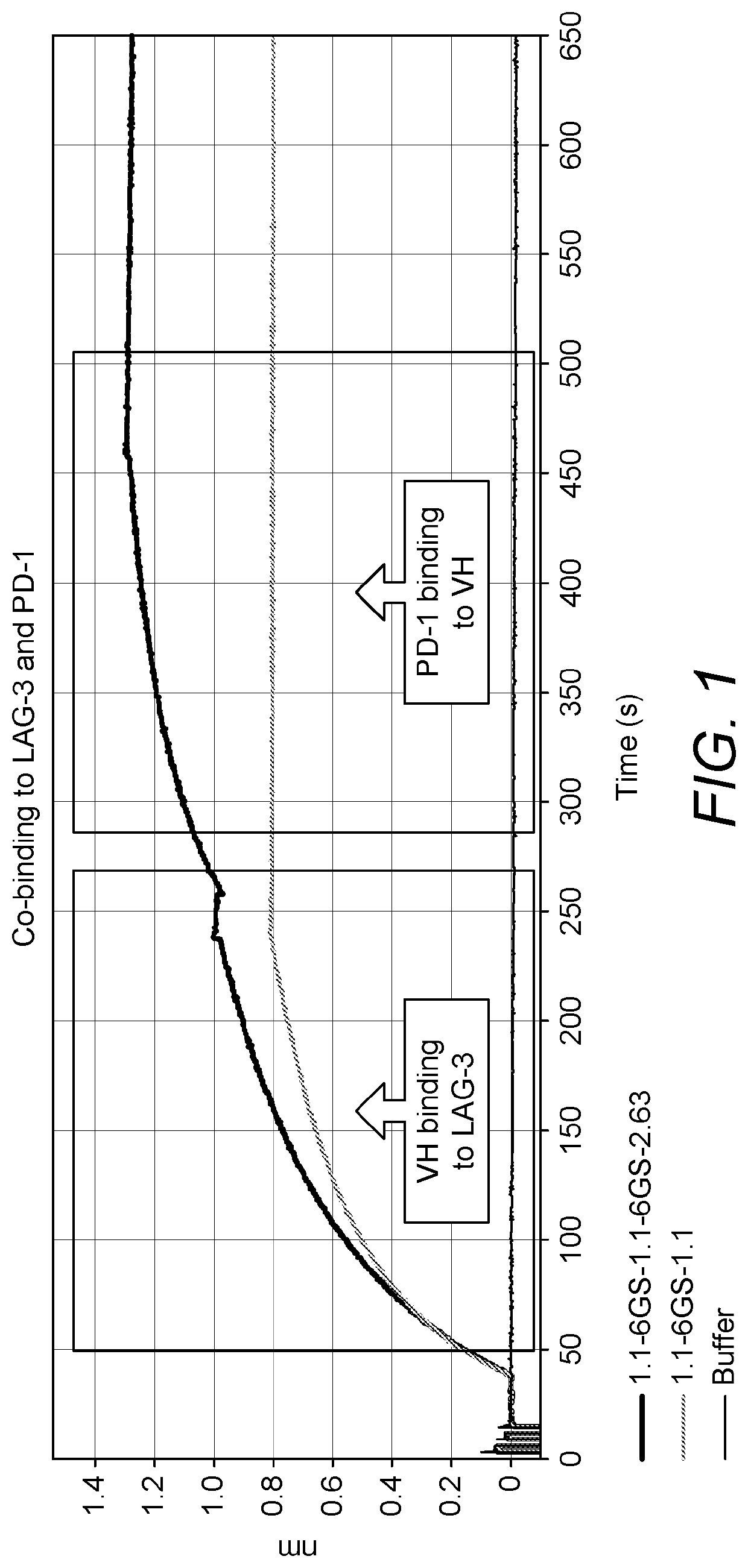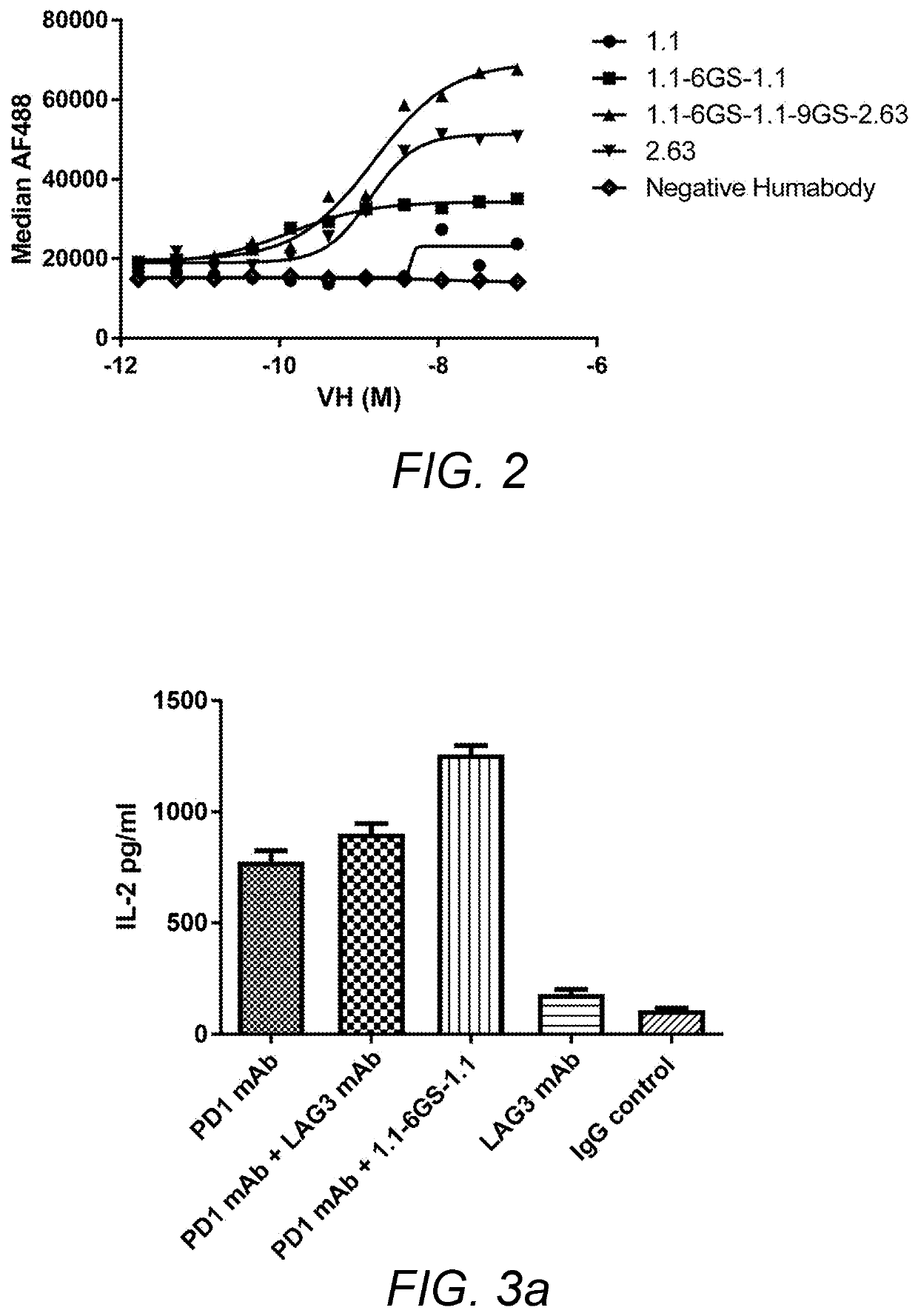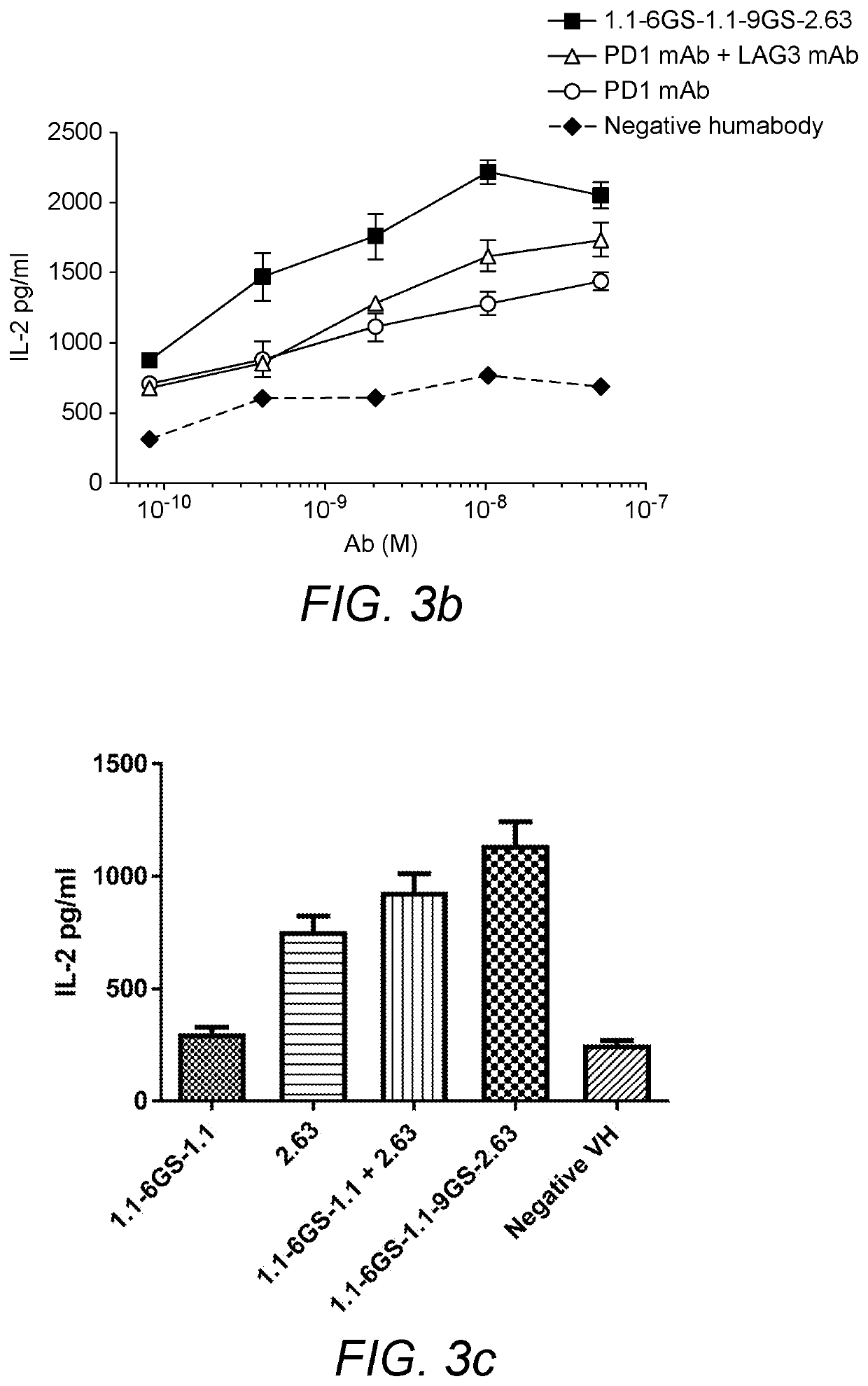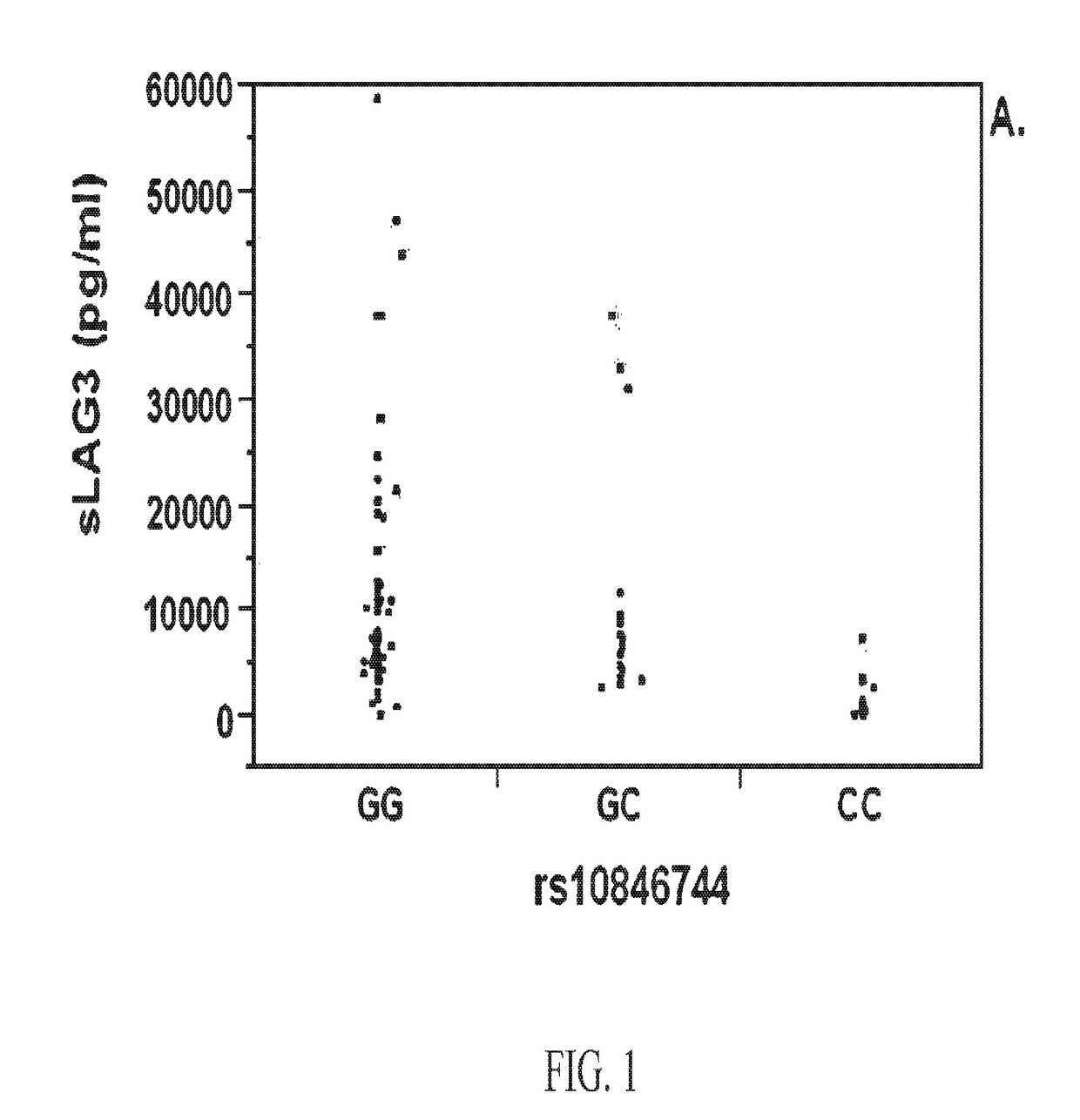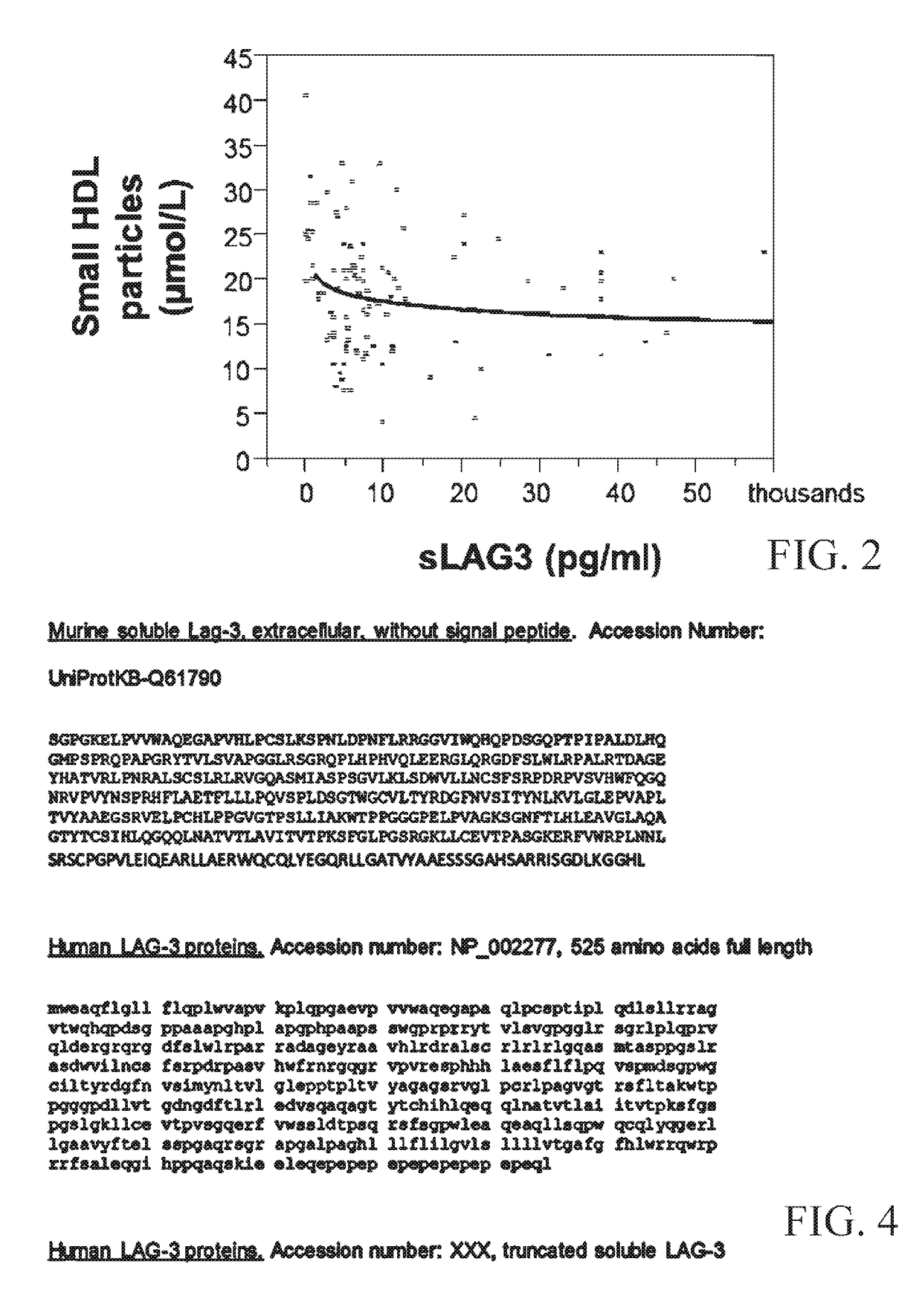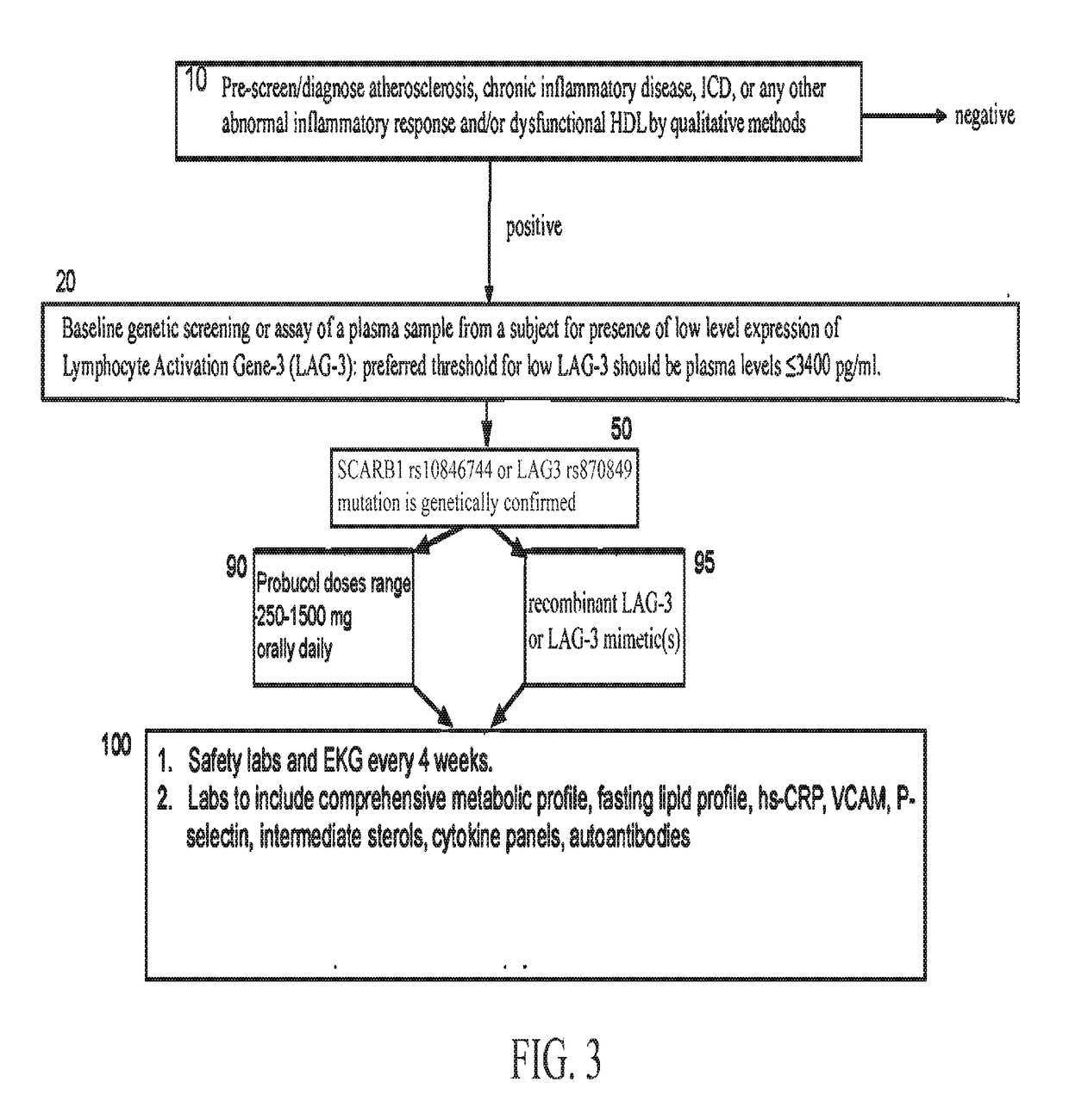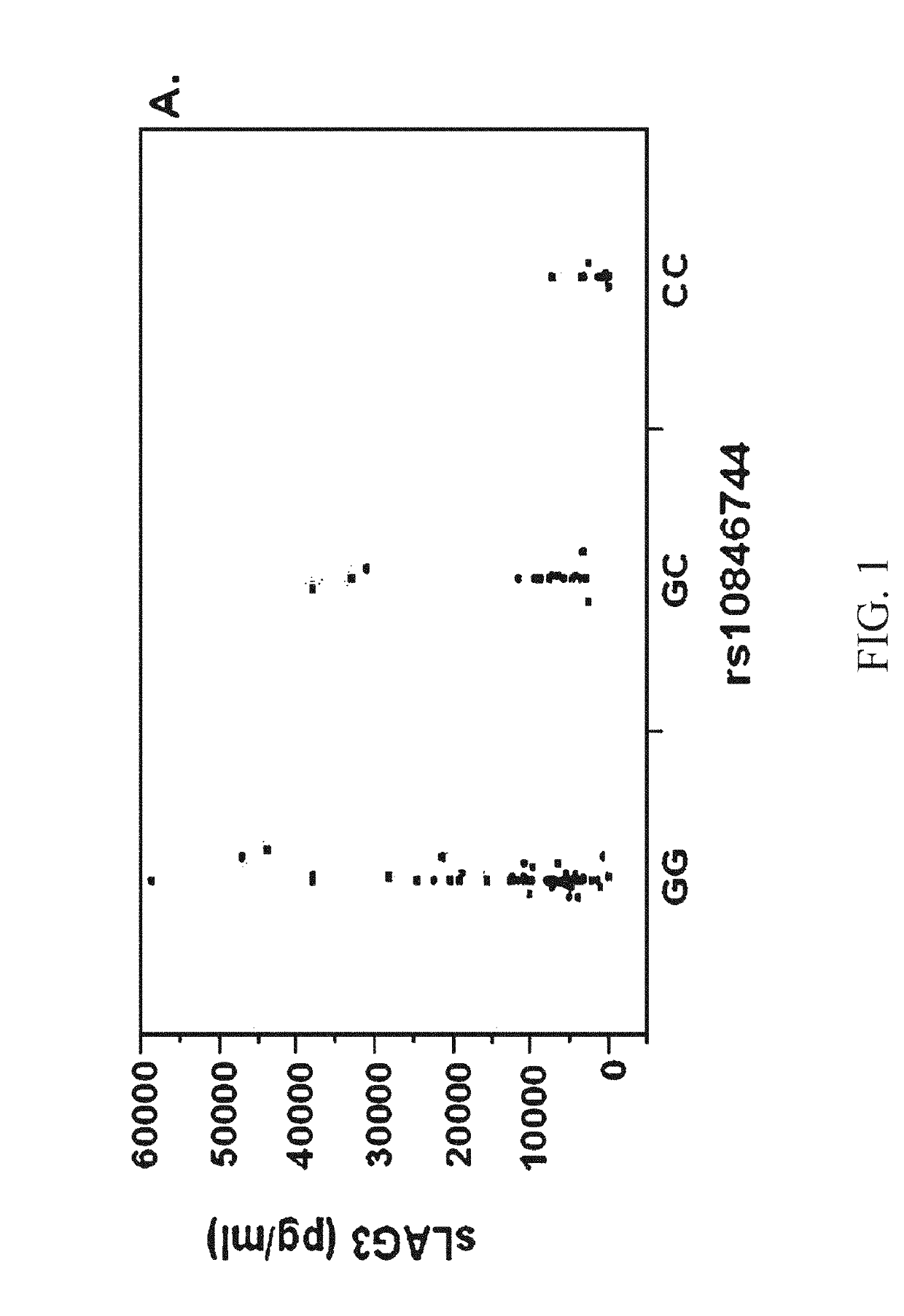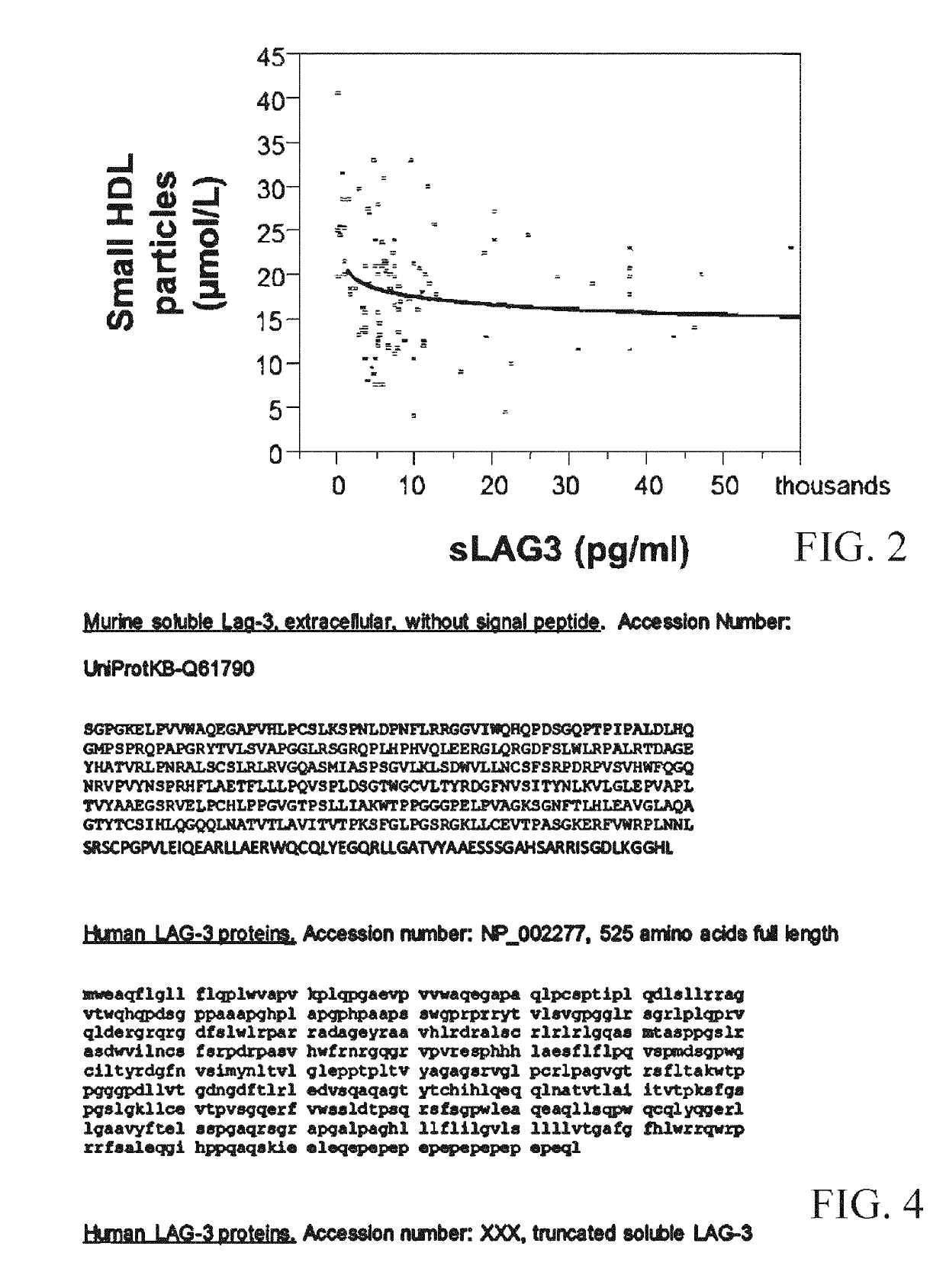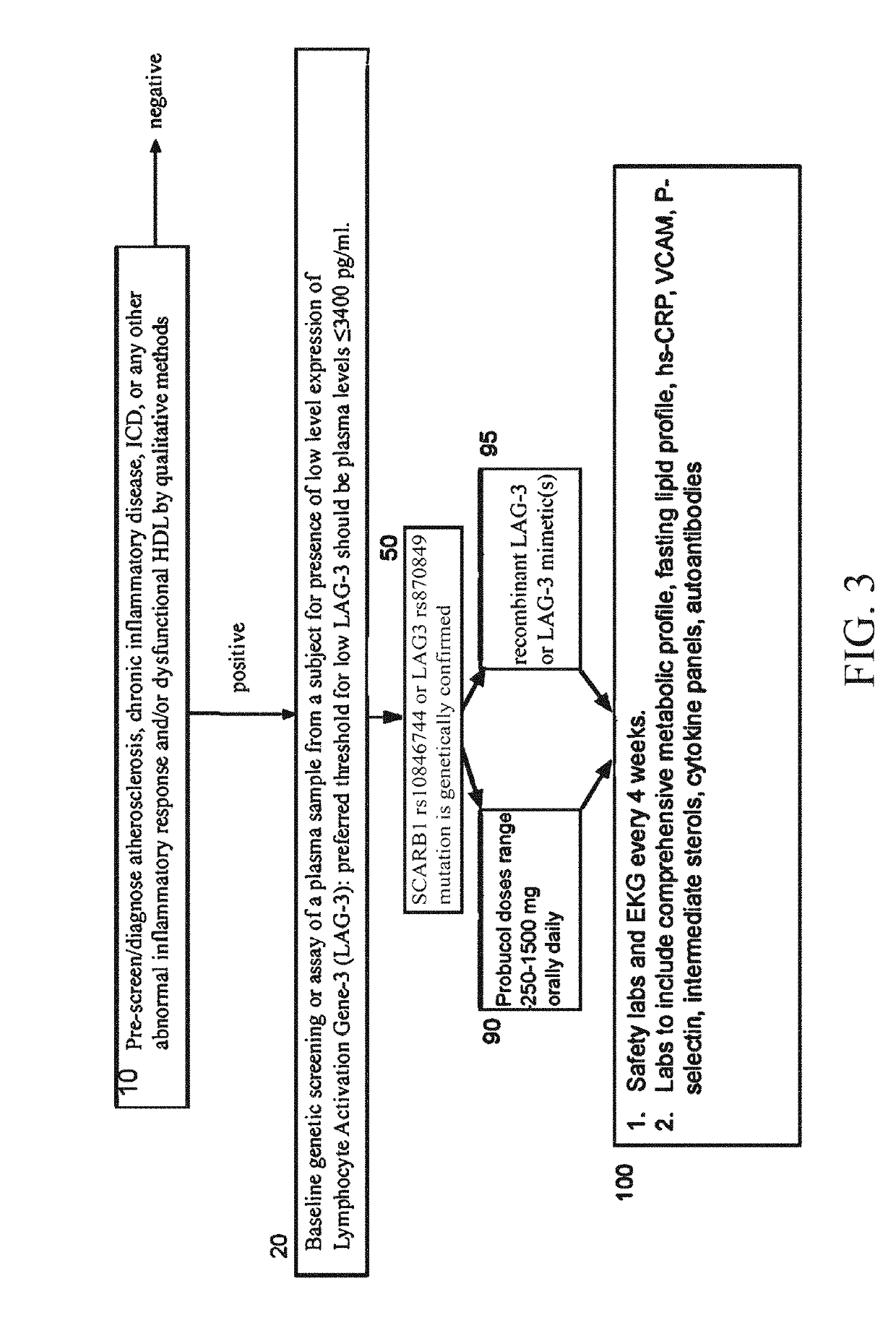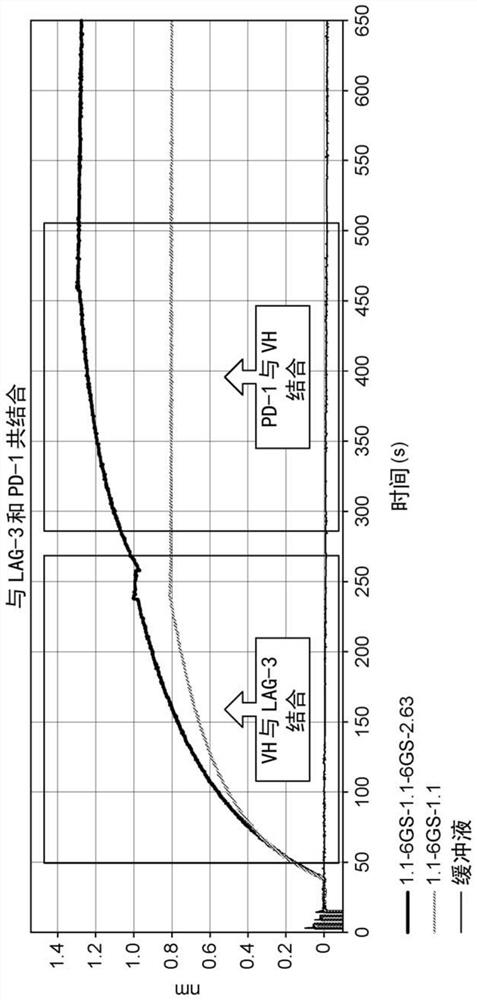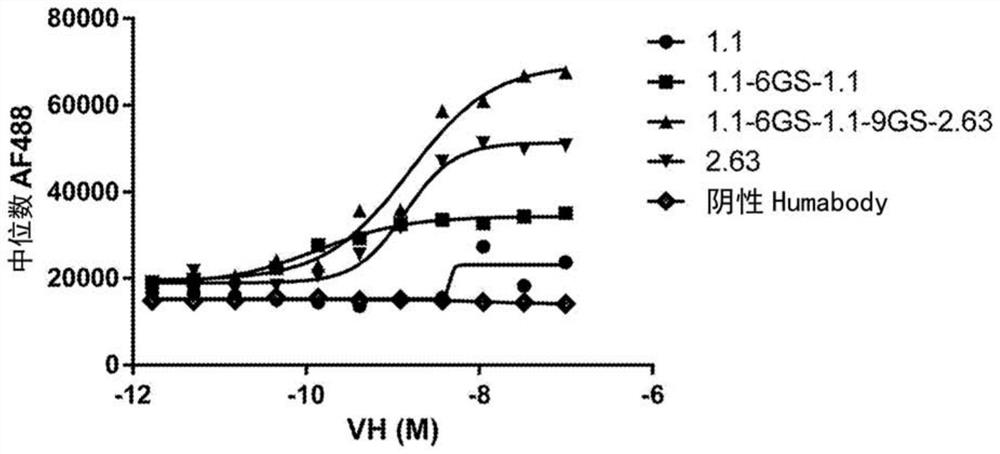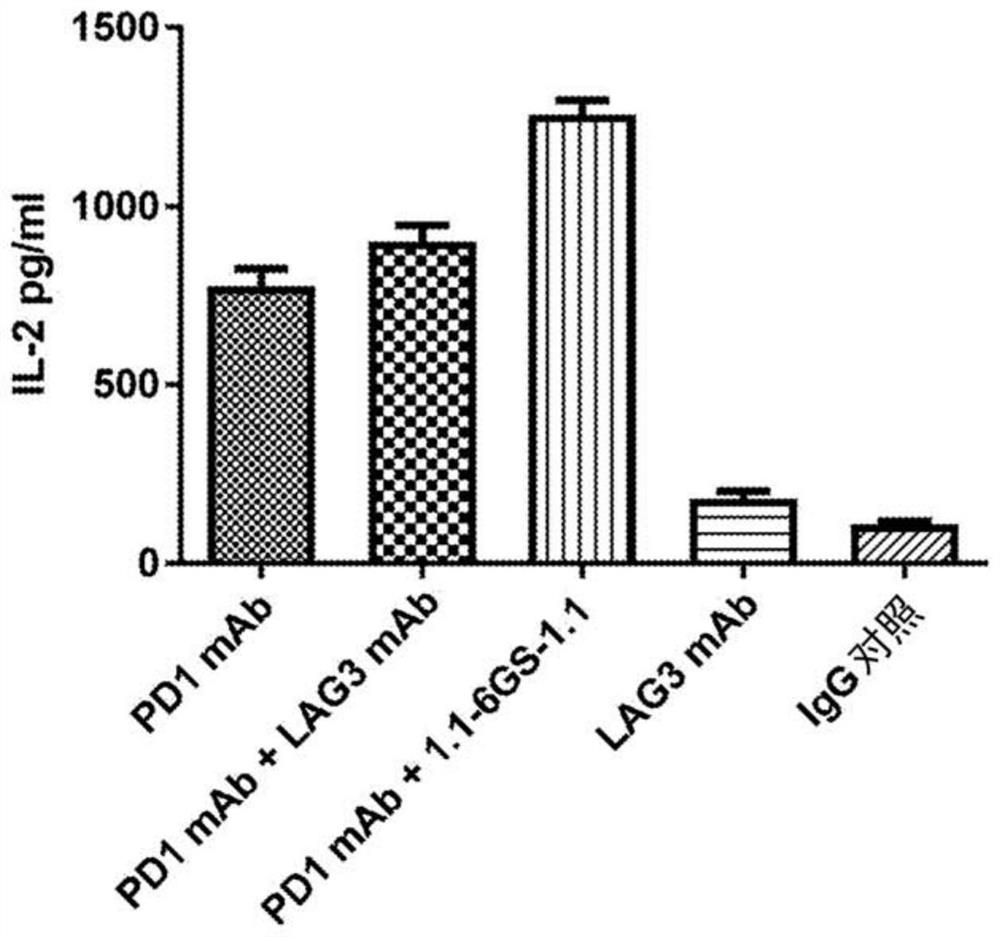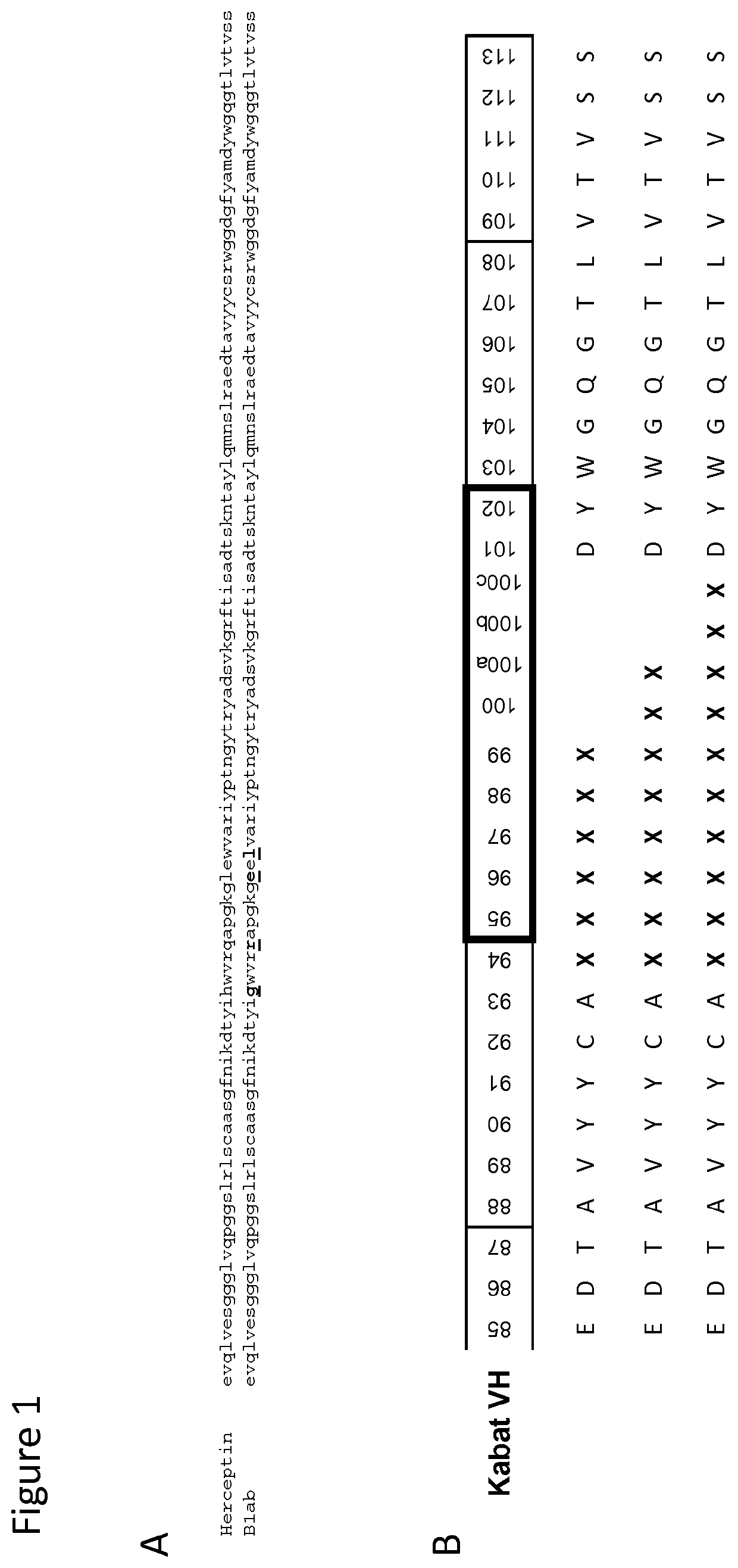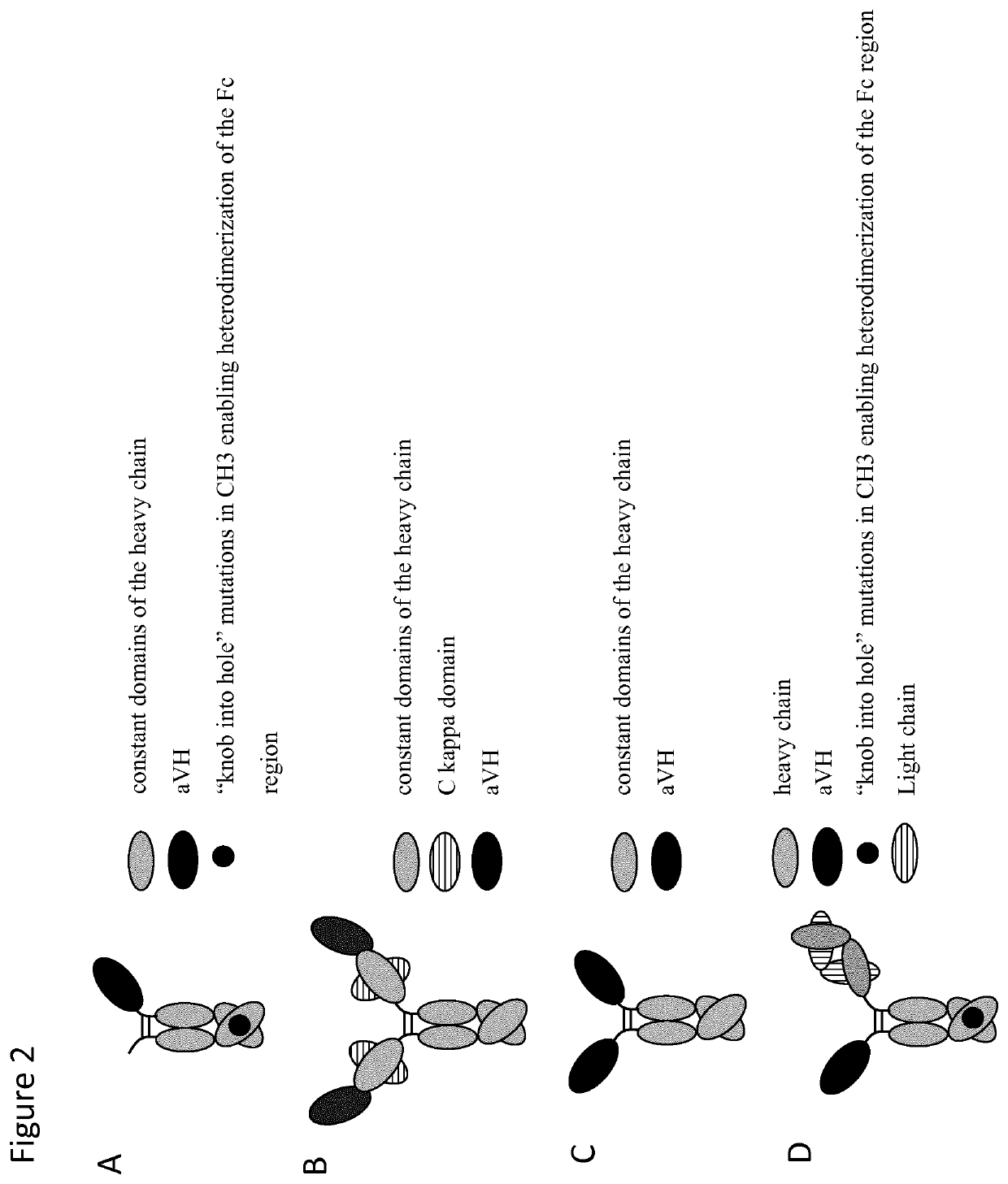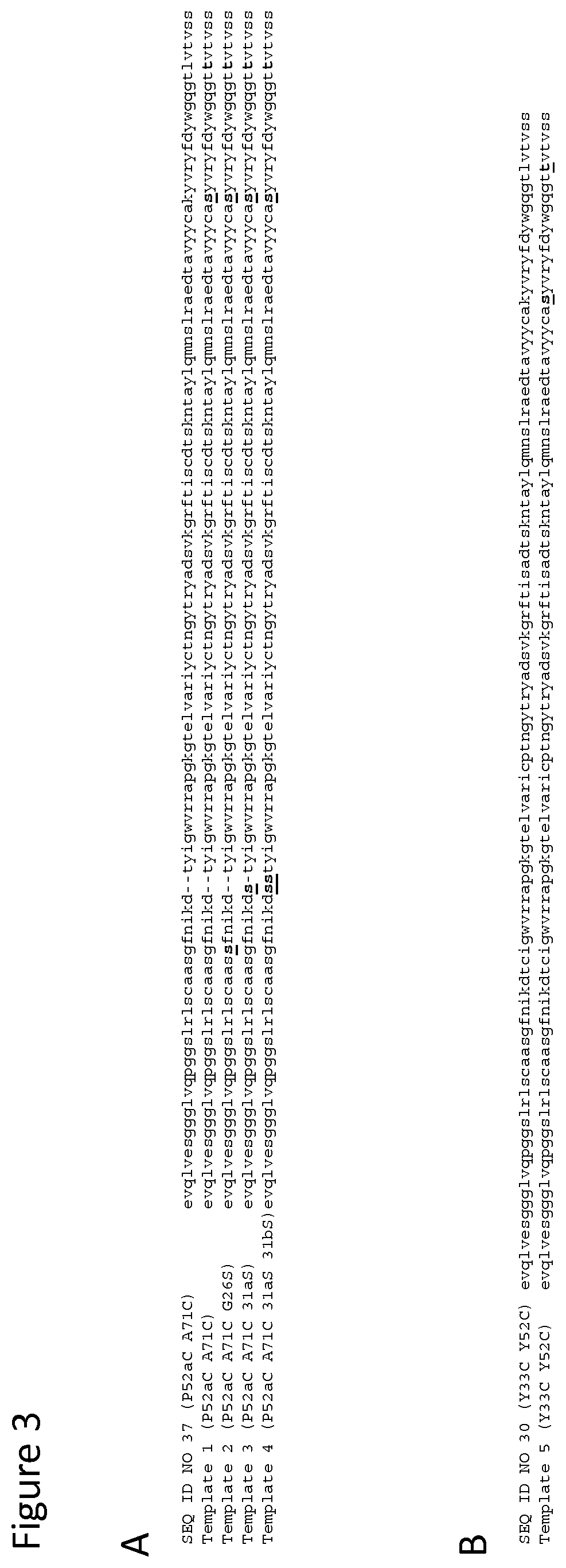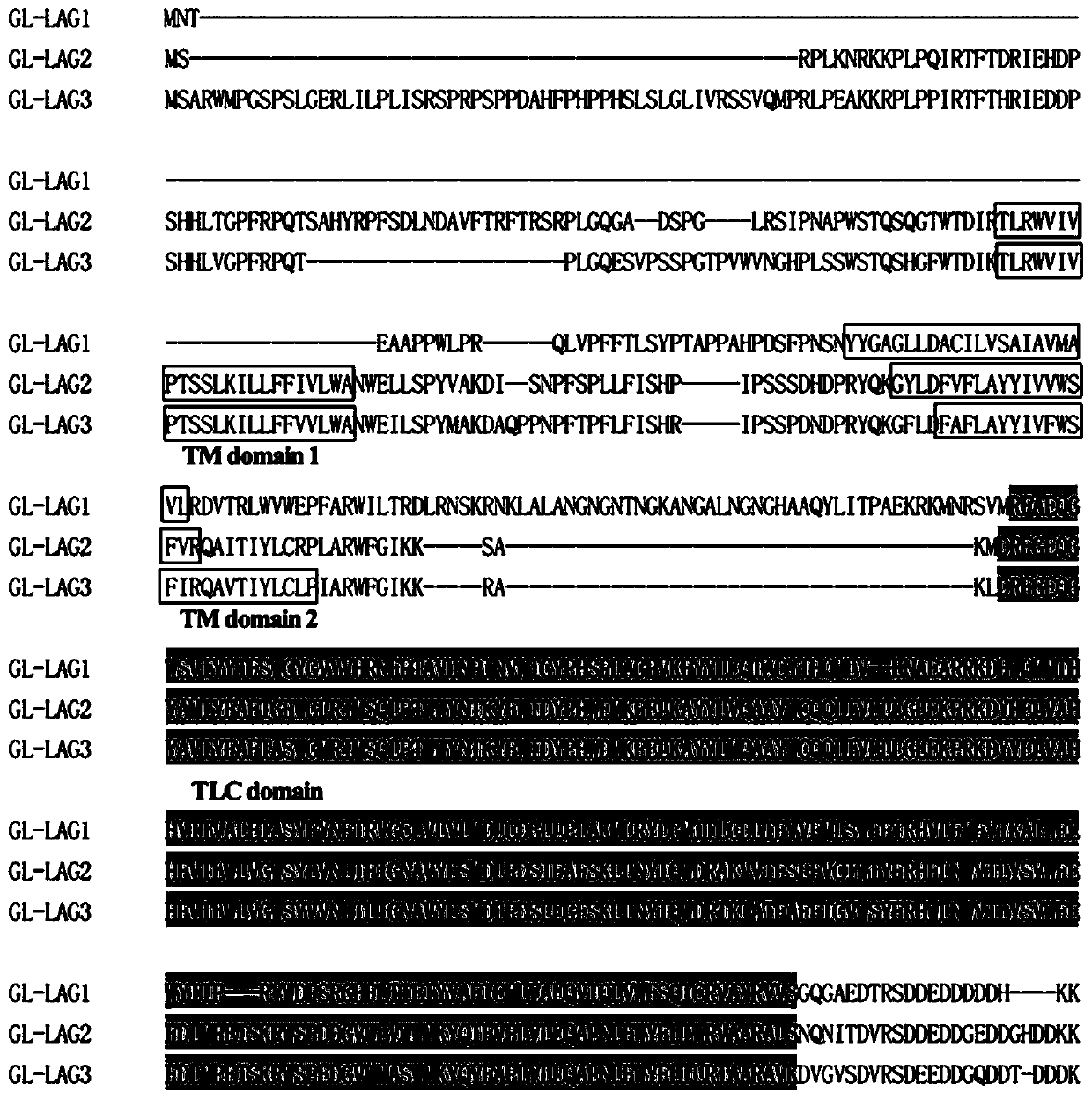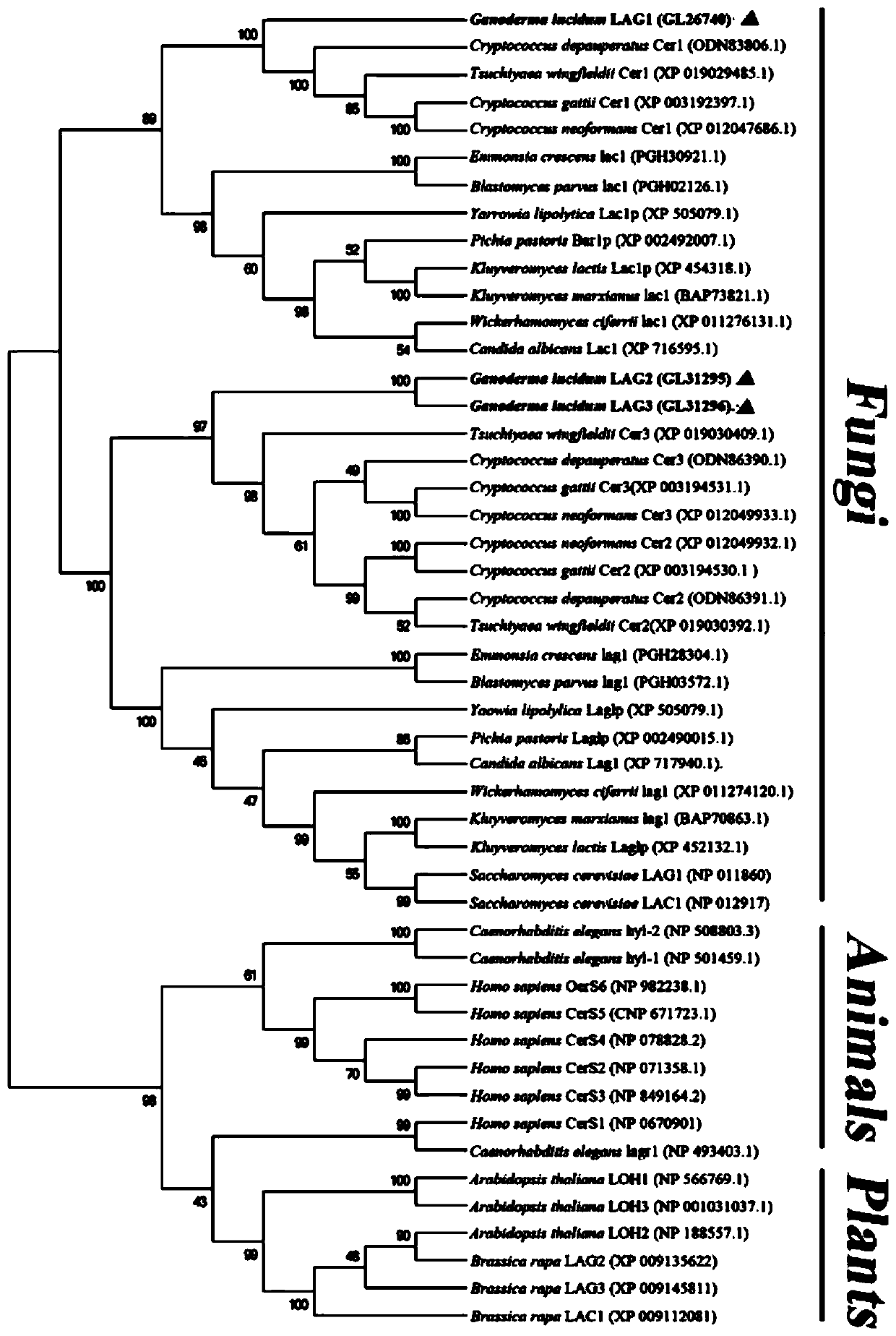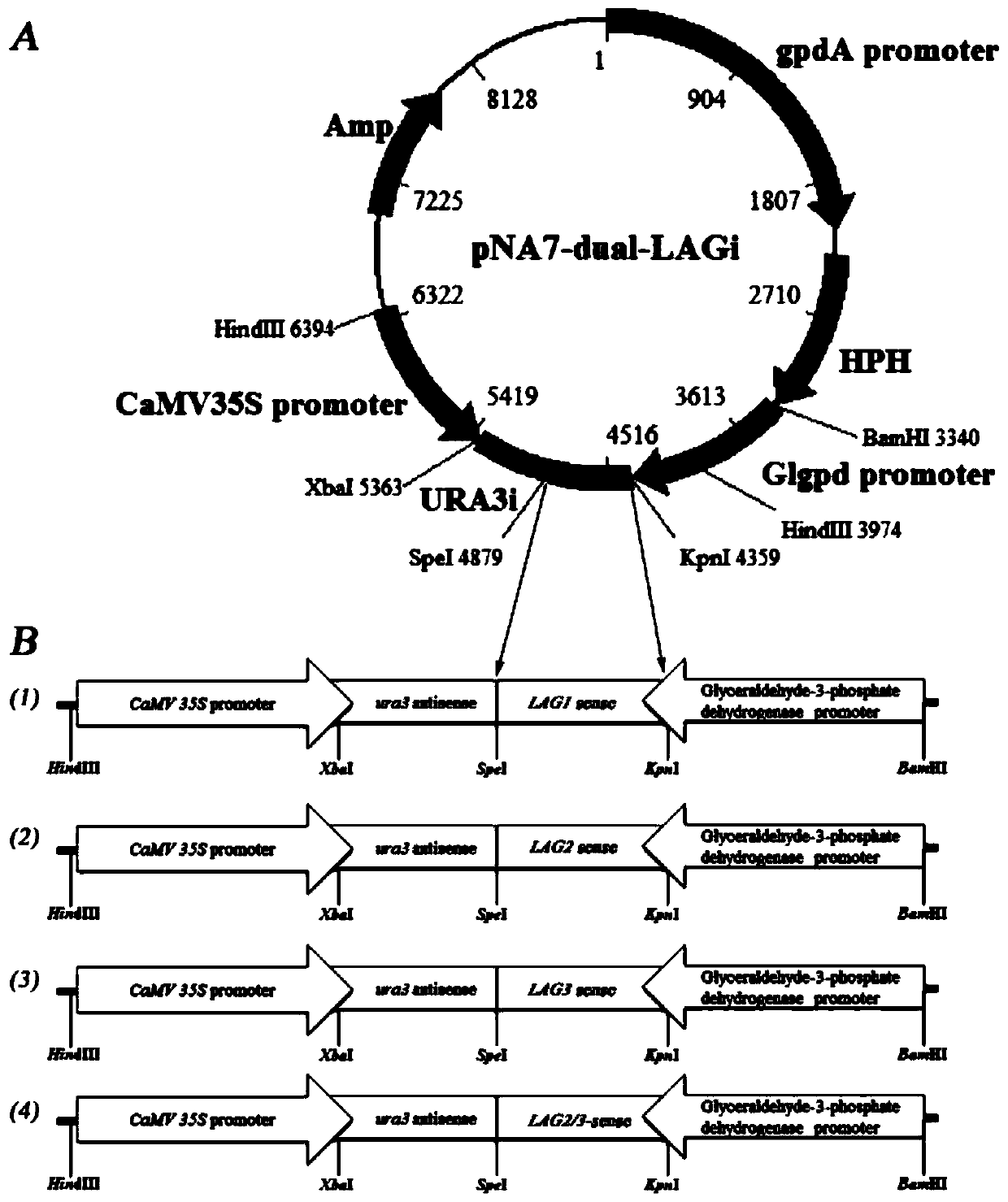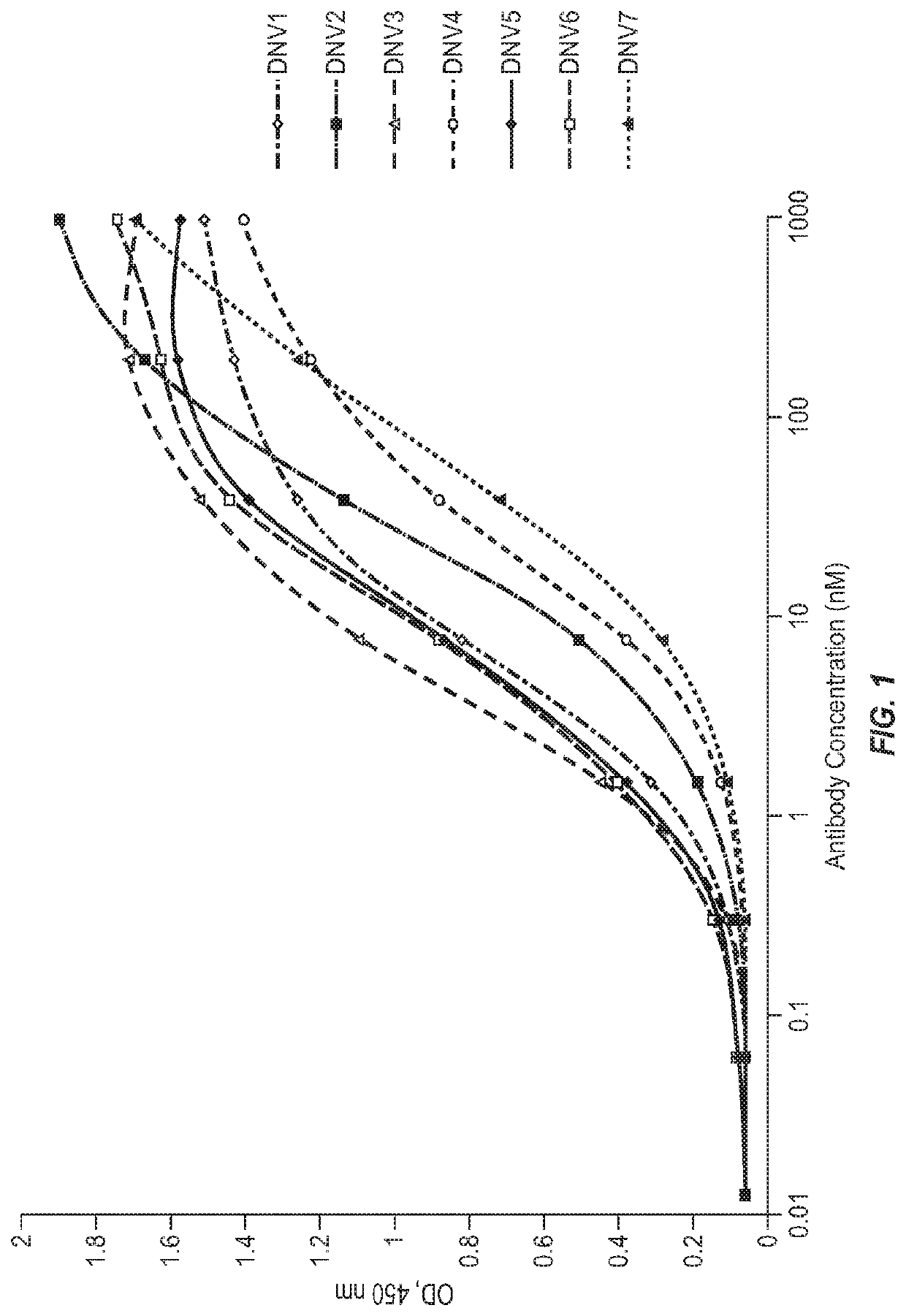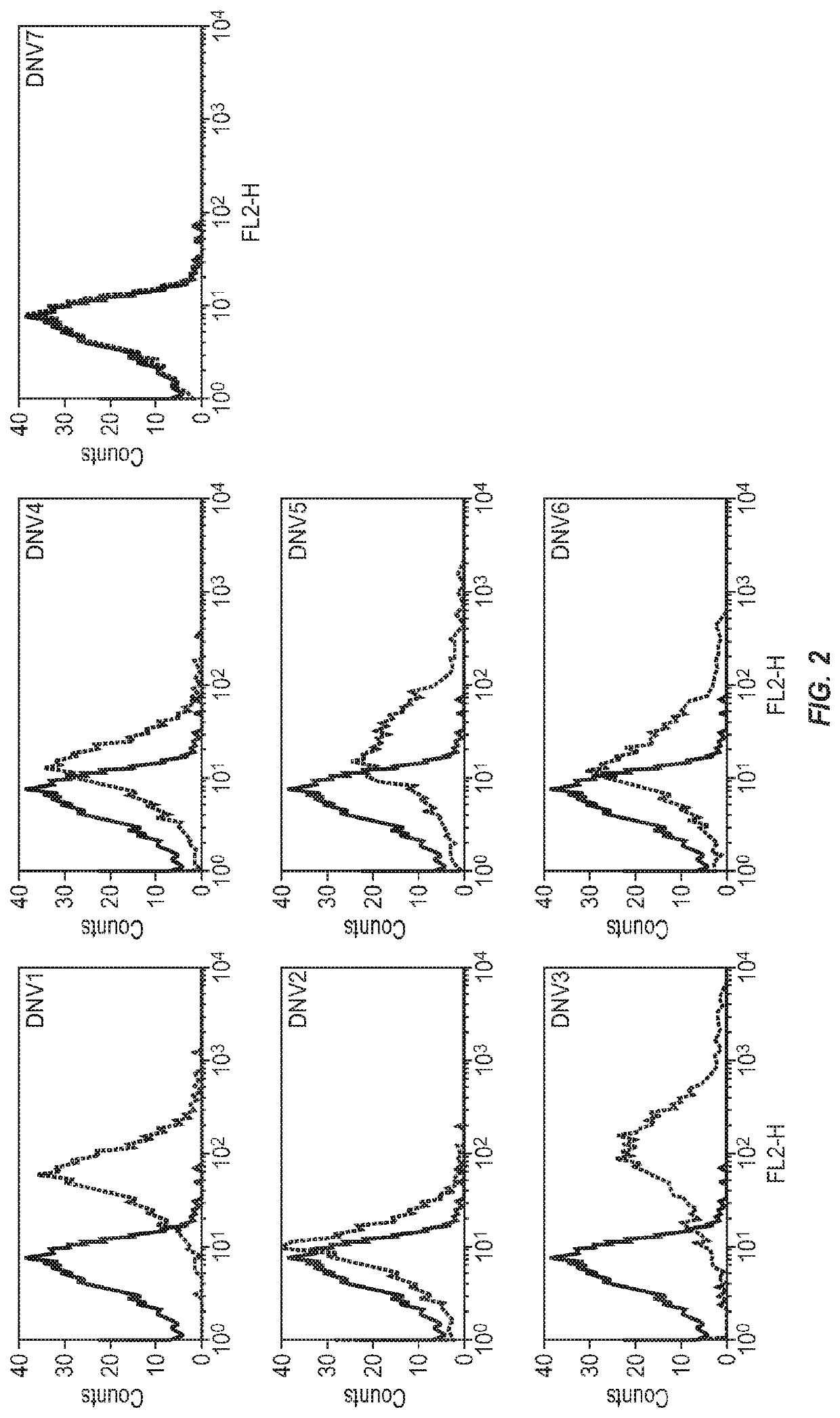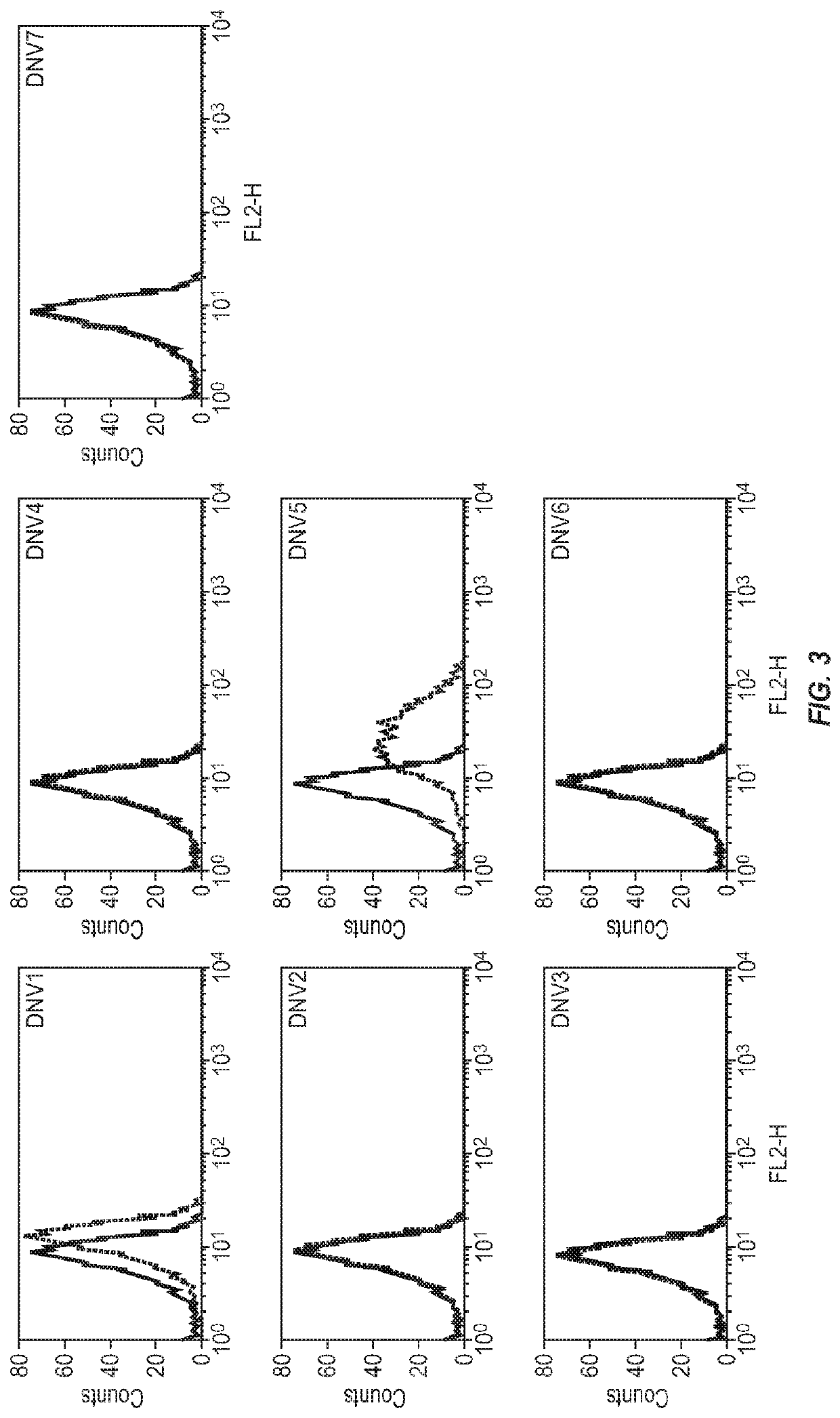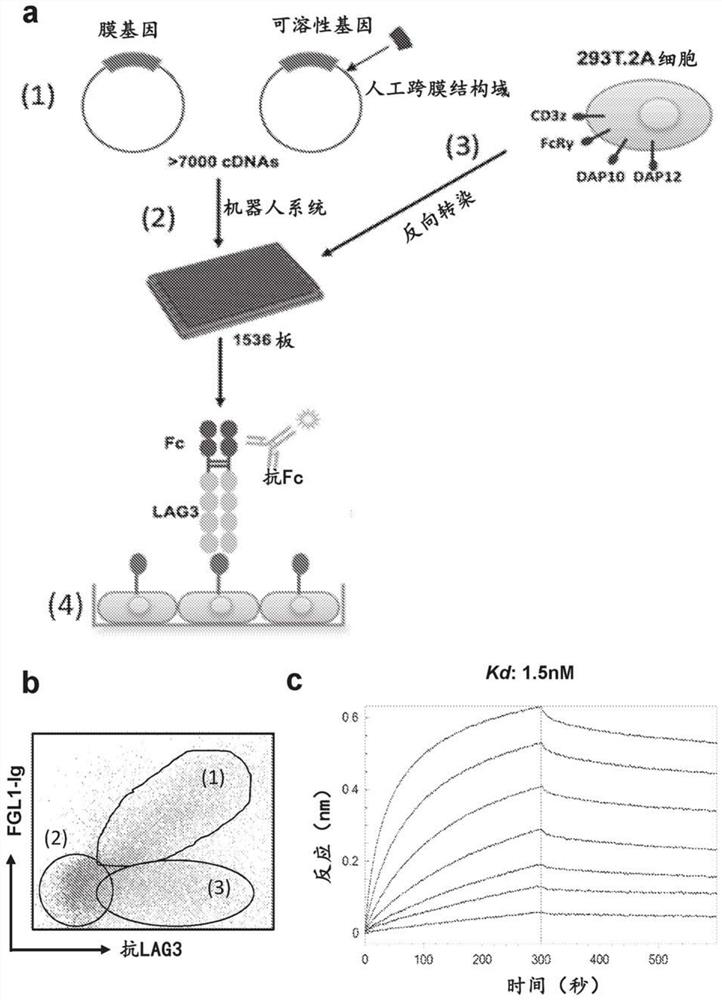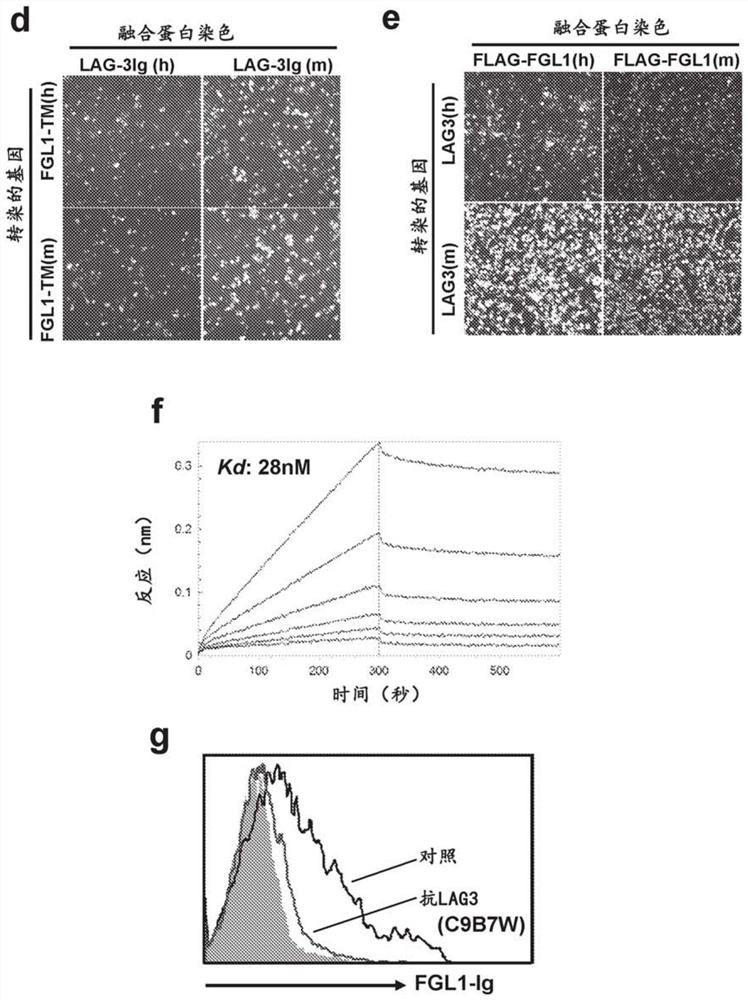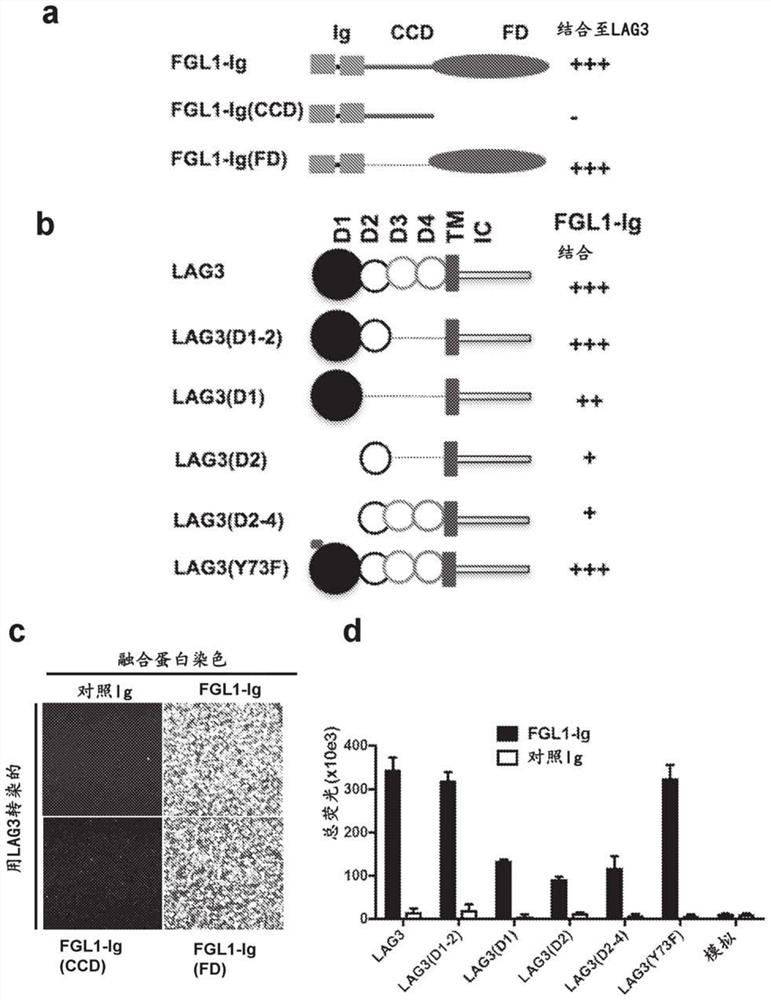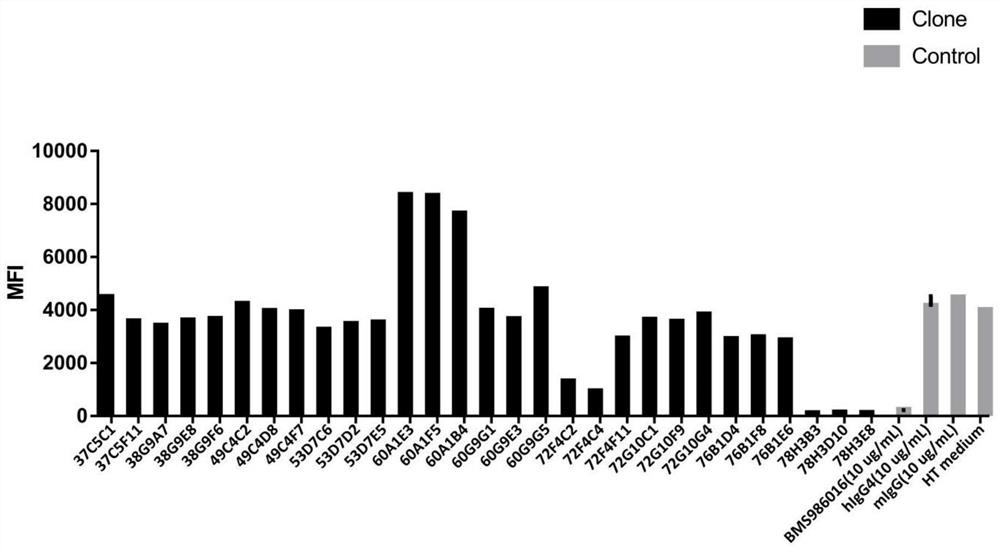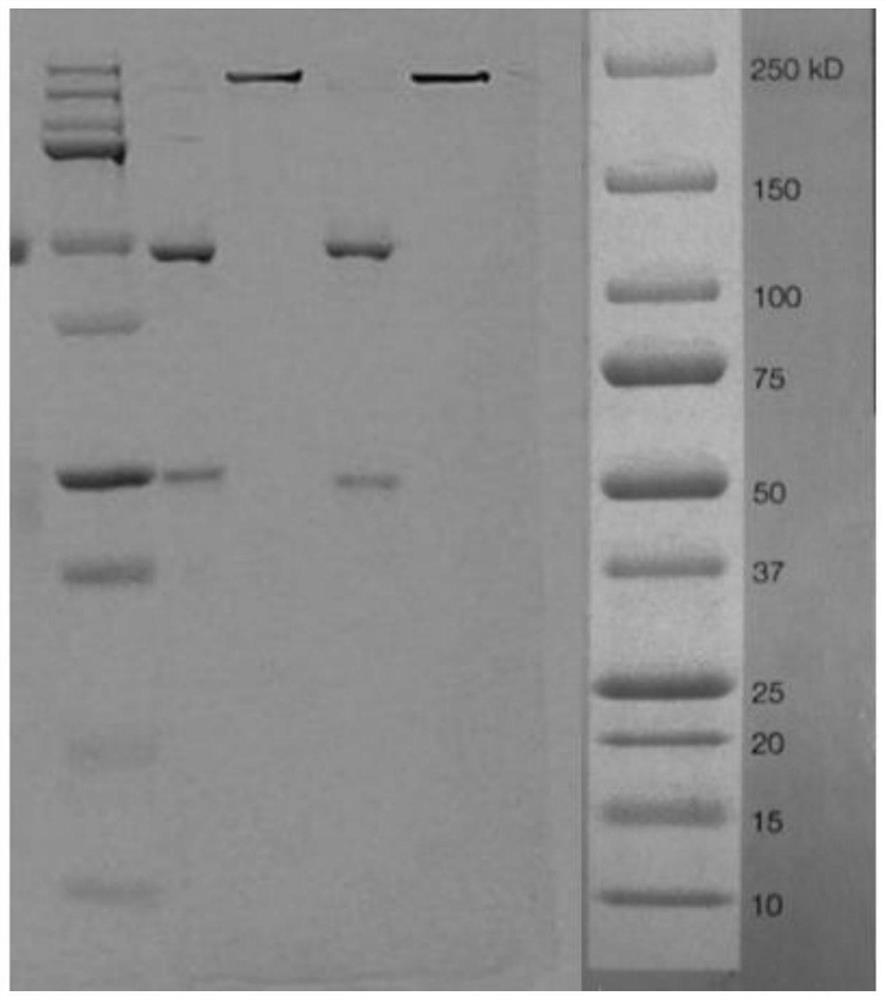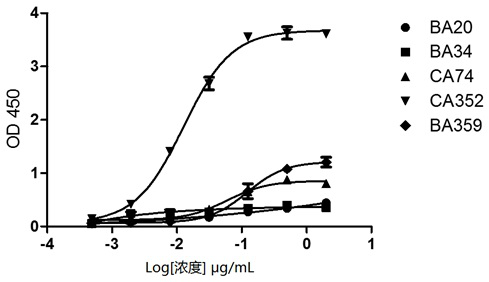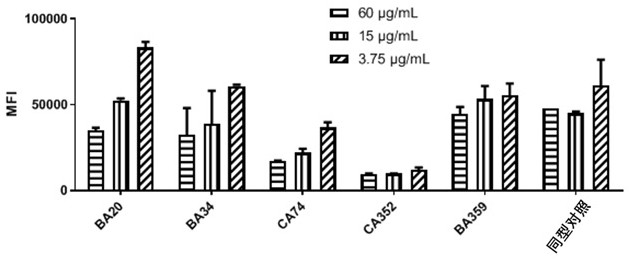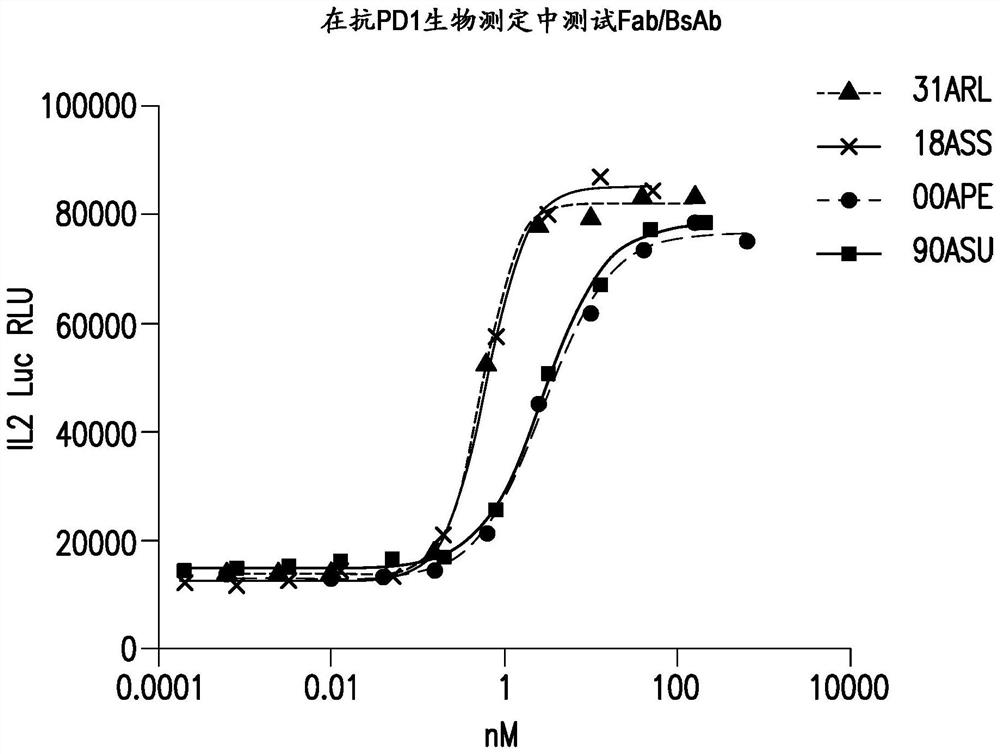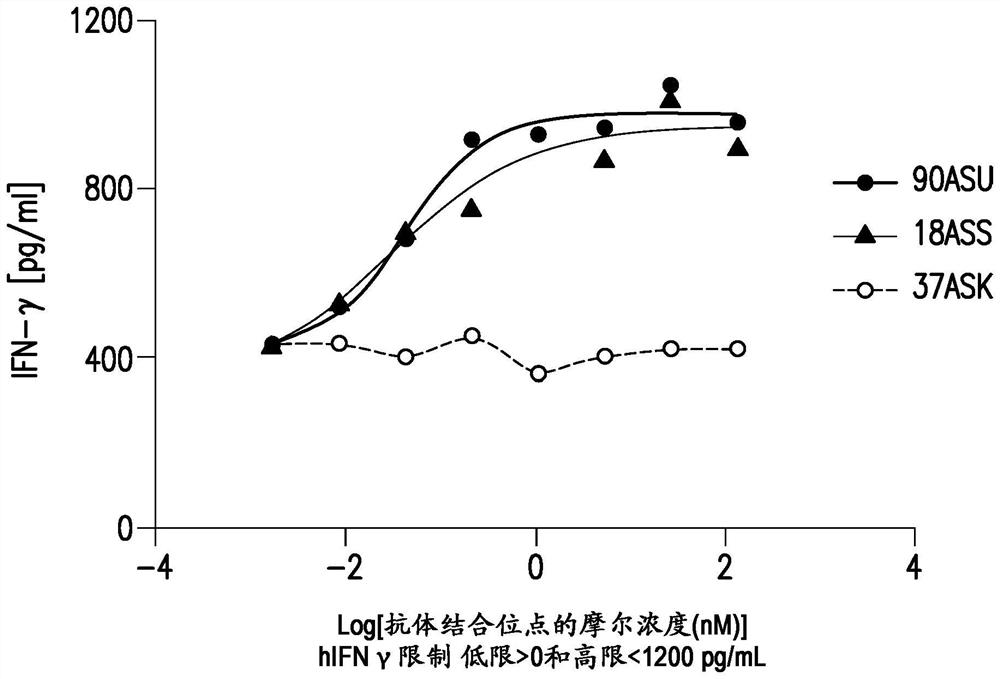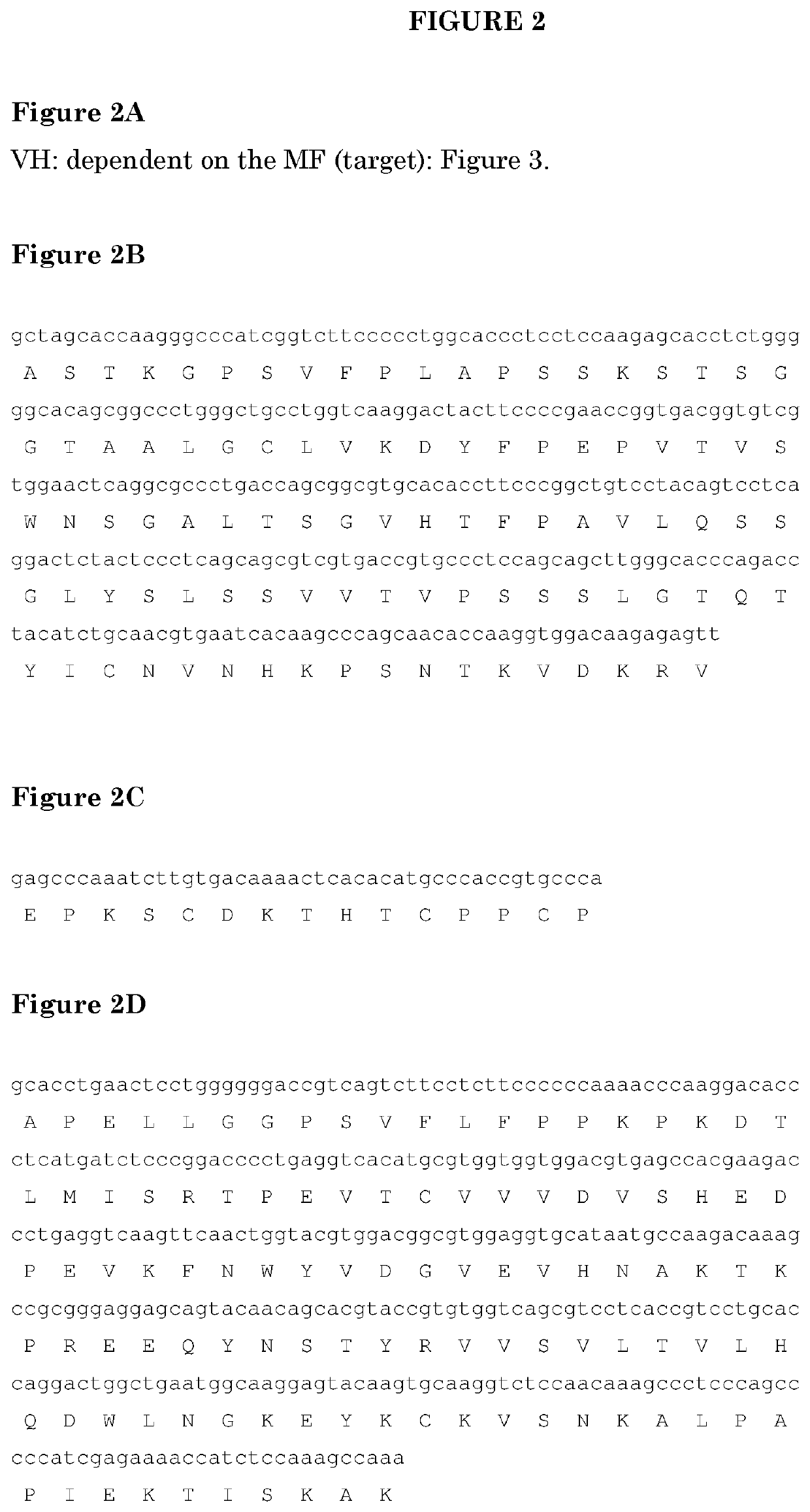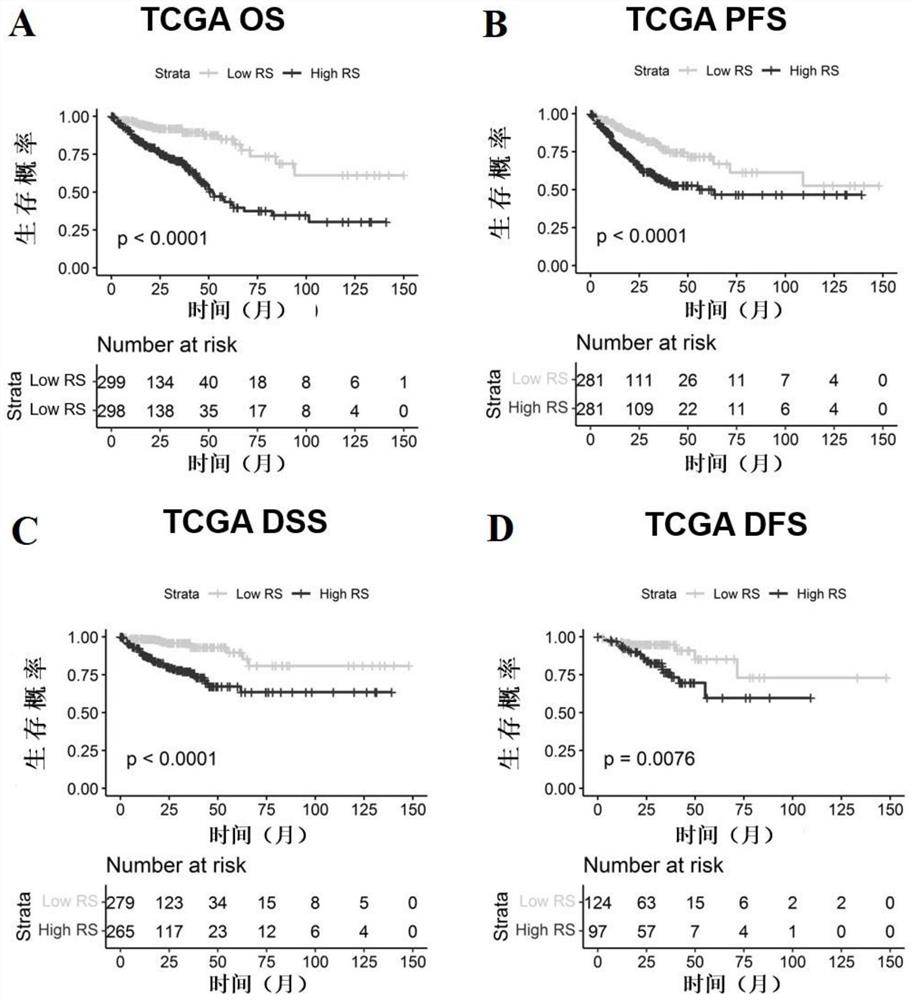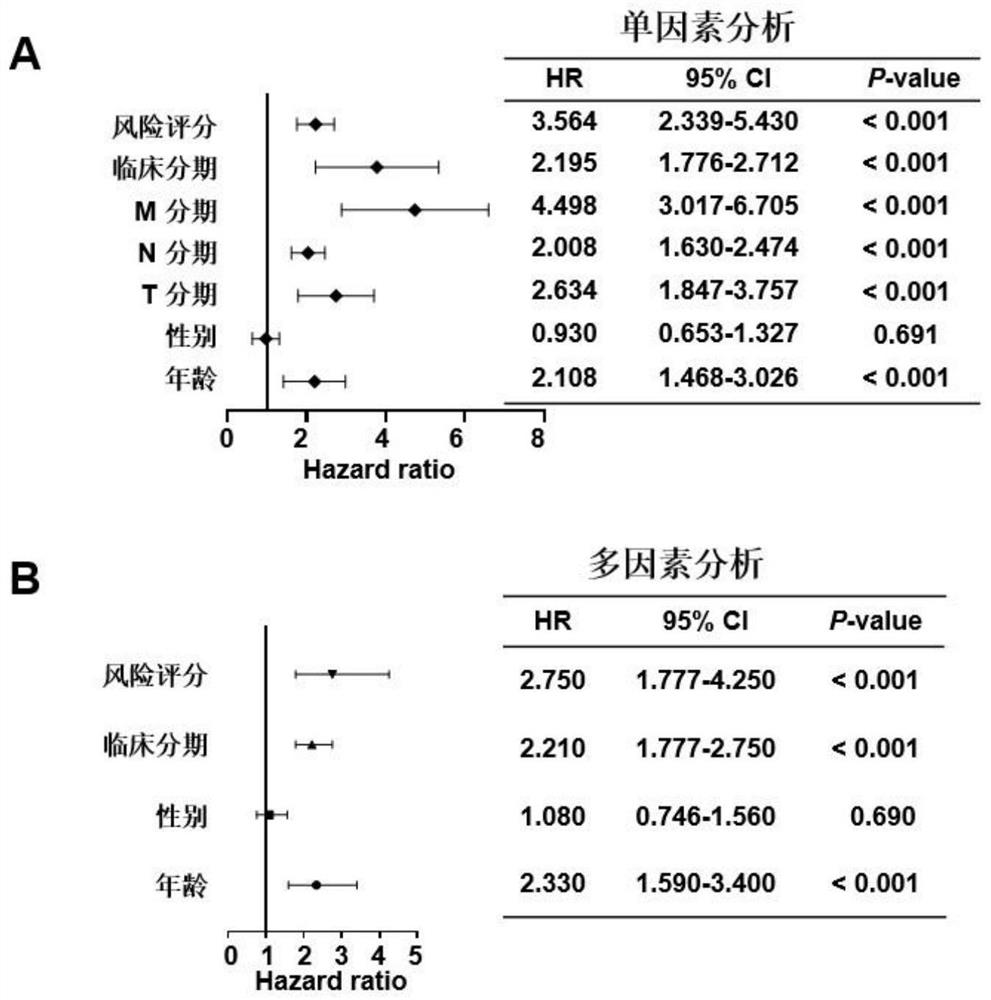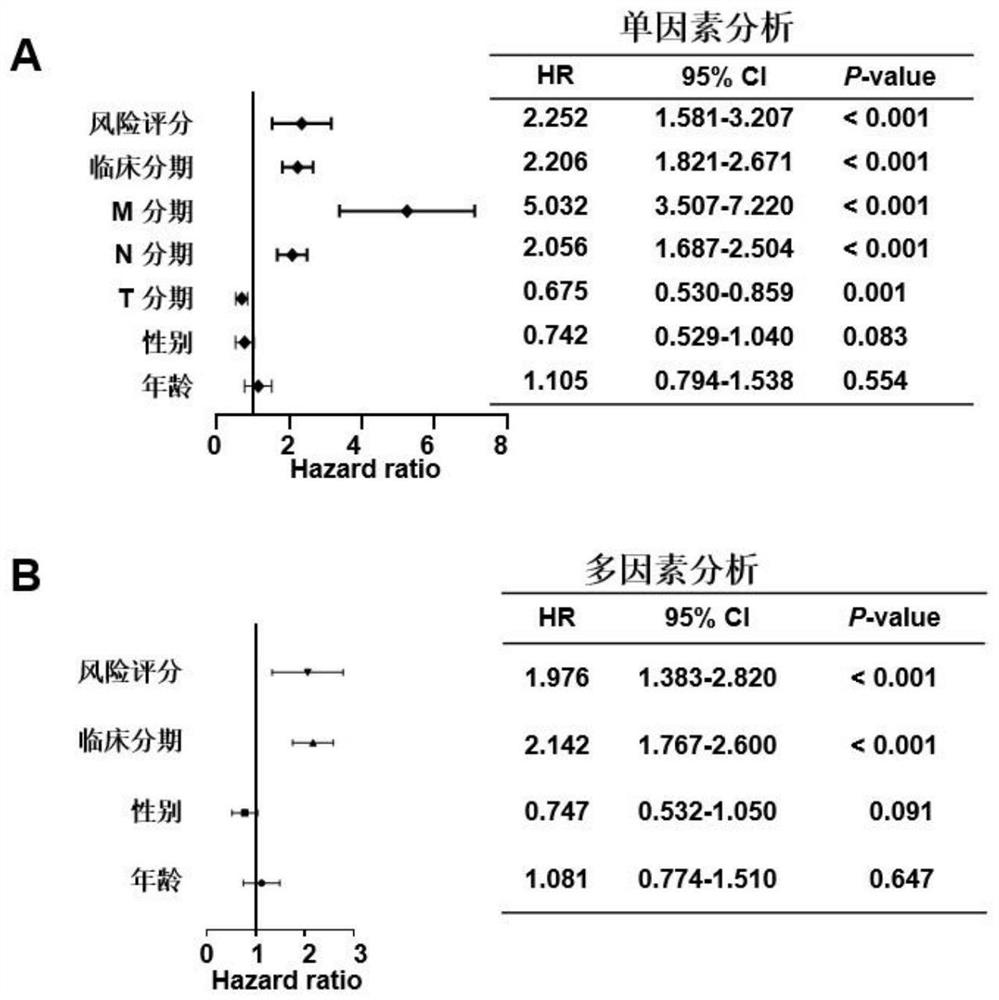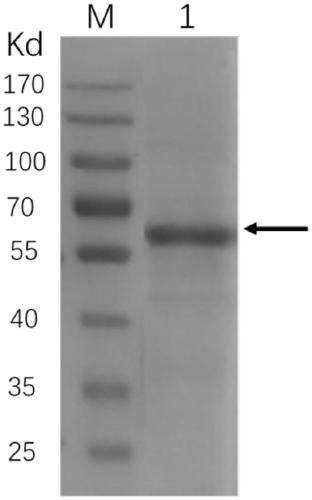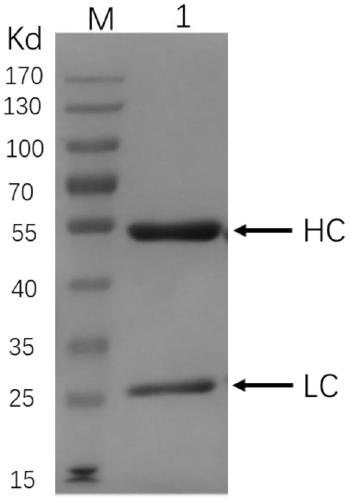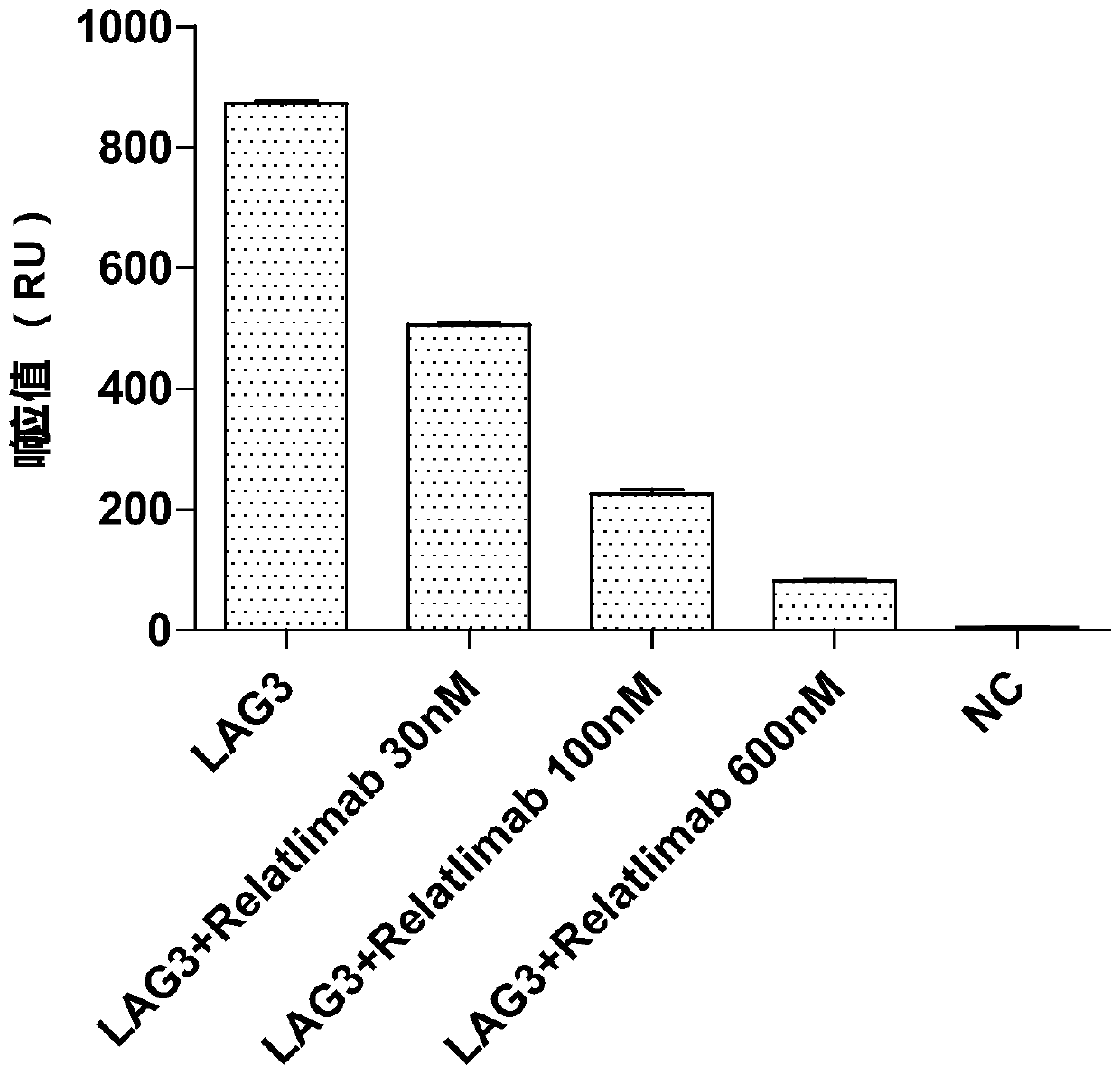Patents
Literature
Hiro is an intelligent assistant for R&D personnel, combined with Patent DNA, to facilitate innovative research.
64 results about "LAG3" patented technology
Efficacy Topic
Property
Owner
Technical Advancement
Application Domain
Technology Topic
Technology Field Word
Patent Country/Region
Patent Type
Patent Status
Application Year
Inventor
Lymphocyte-activation gene 3, also known as LAG-3, is a protein which in humans is encoded by the LAG3 gene. LAG3, which was discovered in 1990 and was designated CD223 (cluster of differentiation 223) after the Seventh Human Leucocyte Differentiation Antigen Workshop in 2000, is a cell surface molecule with diverse biologic effects on T cell function. It is an immune checkpoint receptor and as such is the target of various drug development programs by pharmaceutical companies seeking to develop new treatments for cancer and autoimmune disorders. In soluble form it is also being developed as a cancer drug in its own right.
Antibody molecules for cancer treatment
ActiveUS20170334995A1Surprising and advantageous propertyIncreased activationImmunoglobulins against cell receptors/antigens/surface-determinantsNucleic acid vectorDiseaseTherapeutic intent
The present invention relates to novel anti-PD1 and anti-LAG3 antibody molecules. The invention also relates to nucleic acids encoding such antibody molecules; to methods for preparing such antibody molecules; to host cells expressing or capable of expressing such antibody molecules; to compositions comprising such antibody molecules; and to uses of such antibody molecules or such compositions, in particular for therapeutic purposes in the field of cancer diseases.
Owner:BOEHRINGER INGELHEIM INT GMBH
PD1 and/or LAG3 BINDERS
ActiveUS20170137517A1Attenuate T-cellEnhance tumor-specific CD8+ T-cell immunityAntibacterial agentsHybrid immunoglobulinsLAG3Antibody
The present invention provides molecules, such as ISVDs and Nanobodies, that bind to PD1 and LAG3 and, optionally to human serum albumin. These molecules have been engineered so as to reduce the incidence of binding by pre-existing antibodies in the bodies of a subject administered such a molecule. Methods for increasing immune response, treating cancer and / or treating an infectious disease with such molecules are provided.
Owner:MERCK SHARP & DOHME LLC
Cas9/RNP knockout T cell PD-1 and LAG3 genes and preparation method of CAR-T cells
InactiveCN108531457ADisinhibitionImprove securityImmunoglobulin superfamilyImmunoglobulinsLentivirusElectroporation
Owner:杭州荣泽生物科技集团有限公司
PD1 and/or LAG3 binders
ActiveUS10323090B2Reduce pre-existing antibody bindingAntibacterial agentsHybrid immunoglobulinsLAG3Antibody
The present invention provides molecules, such as ISVDs and Nanobodies, that bind to PD1 and LAG3 and, optionally to human serum albumin. These molecules have been engineered so as to reduce the incidence of binding by pre-existing antibodies in the bodies of a subject administered such a molecule. Methods for increasing immune response, treating cancer and / or treating an infectious disease with such molecules are provided.
Owner:MERCK SHARP & DOHME LLC
Bispecific antibodies specifically binding to pd1 and lag3
ActiveUS20180326054A1Good choiceReduce the impactAntibody mimetics/scaffoldsImmunoglobulins against cell receptors/antigens/surface-determinantsBispecific antibodyAntigen binding
The invention relates to bispecific antibodies comprising a first antigen binding domain that specifically binds to PD1 and a second antigen binding domain that specifically binds to LAG3. The invention further relates to methods of producing these molecules and to methods of using the same.
Owner:F HOFFMANN LA ROCHE & CO AG
Pd1 and/or lag3 binders
ActiveUS20190330340A1Reduce pre-existing antibody bindingAntibacterial agentsHybrid immunoglobulinsAntiendomysial antibodiesHsa binding
The present invention provides molecules, such as ISVDs and Nanobodies, that bind to PD1 and LAG3 and, optionally to human serum albumin. These molecules have been engineered so as to reduce the incidence of binding by pre-existing antibodies in the bodies of a subject administered such a molecule. Methods for increasing immune response, treating cancer and / or treating an infectious disease with such molecules are provided.
Owner:MERCK SHARP & DOHME LLC
Combination comprising immunostimulatory oligonucleotides
ActiveUS10487333B2Organic active ingredientsImmunoglobulins against cell receptors/antigens/surface-determinantsDiseaseCD137
Owner:GILEAD SCI INC
Anti-PD-L1/anti-LAG3 bispecific antibody and uses thereof
ActiveCN110678484AHybrid immunoglobulinsImmunoglobulins against cell receptors/antigens/surface-determinantsHumaninAntiendomysial antibodies
The invention provides an anti-PD-L1 / anti-LAG3 bispecific antibody, which can effectively block the interaction between PD-L1 and PD-1 and the interaction between LAG3 and a ligand (MHC II molecules,FGL1, etc.). The bispecific antibody is highly affinity to PD-L1 proteins (human PD-L1 protein, for example) and LAG3 proteins (human LAG3 protein, for example). The invention also provides an antibody and segment that has specificity on PD-L1 or LAG3 proteins; or an antibody and segment that has specificity on one or more other antigens.
Owner:I MAB BIOPHARMA HANGZHOU CO LTD
Anti-lag3 antibodies and antigen-binding fragments
ActiveUS20180369375A1Organic active ingredientsPeptide/protein ingredientsAntigen Binding FragmentAntigen binding
The present invention includes antibodies and antigen-binding fragments thereof that specifically bind to human or cynomolgous monkey LAG3 as well as immunoglobulin chains thereof and polynucleotides encoding the same along with injection devices comprising such antibodies or fragments. Vaccines including such antibodies and fragments as well as compositions comprising the antibodies and fragments (e.g., including anti-PD1 antibodies) are included in the invention. Methods for treating or preventing cancer or infection using such compositions are also provided. In addition, methods for recombinant expression of the antibodies and fragments are part of the present invention.
Owner:MERCK SHARP & DOHME LLC
Pancreatic cancer detection reagent, pancreatic cancer detection kit, pancreatic cancer detection device and application
ActiveCN110456054AProlong lifeHigh detection sensitivityBiological material analysisBiological testingCD33Oncology
The invention provides a pancreatic cancer detection reagent, a pancreatic cancer detection kit, a pancreatic cancer detection device and application. The detection reagent comprises antibodies of anytwo or more of the following molecular markers, wherein CD3, CD4, CD8 and CD68 belong to a group A, CD11b, CD14, CD33, CD45RO, CD57, CD66b, CD163, FoxP3, LAG3, PD1, PDL1, TIGIT, panCK and TIM3 belongto a group B, and at least one molecular marker is selected from the group B. Detecting pancreatic cancer through the antibodies of two or more of the molecular markers provided by the invention hasthe advantages of high detection sensitivity and excellent specificity. Thus, the molecular markers are suitable for a multiple immunohistochemistry method to detect tumor microenvironment of a pancreatic cancer patient and are very advantageous, and consequently, whether the patient has a longer lifetime can be accurately predicted relatively, namely, prognosis is better.
Owner:ZHENYUE BIOTECHNOLOGY JIANGSU CO LTD
Method for determining biological activity of LAG3 (Lymphocyte Activation Gene-3) protein binding molecule
ActiveCN108949904AReduce luminescent signalKeep activeMicrobiological testing/measurementBiological testingLymphocyte activationDrug biological activity
The invention discloses a method for determining the biological activity of an LAG3 (Lymphocyte Activation Gene-3) protein binding molecule. The method comprises the step of detecting the activity ofan anti-human LAG3 antibody by a co-expression NFAT (Nuclear Factor of Activated T cells) reporting element and Jurkat cells of human LAG3 protein under the condition of coexistence of SED and Raji cells. The method provided by the invention can be used for rapidly and accurately detecting the activity of the molecule bound with human LAG3 protein.
Owner:NANJING LEADS BIOLABS CO LTD
Anti-LAG3 protein monoclonal antibody and cell strain, preparation method and application thereof
ActiveCN113234159AStrong specificityIncreased sensitivityImmunoglobulins against cell receptors/antigens/surface-determinantsTissue cultureAntigenAntiendomysial antibodies
The invention relates to a monoclonal antibody capable of recognizing a human LAG3 antigen, a secretory cell strain, a preparation method of the monoclonal antibody and application of the secretory cell strain in immunodetection. According to the technical scheme, amino acids from the 32nd site to the 51st site at the C tail end of the LAG3 protein are selected as antigen peptides, an immunogen obtained after coupling of KLH is used for immunizing a mouse, and the mouse hybridoma cell strain 22G3 capable of efficiently secreting the anti-LAG3 protein monoclonal antibody and the anti-LAG3 protein monoclonal antibody secreted by the cell strain are obtained through cell fusion, screening and subcloning. The antibody obtained by the scheme has high specificity and sensitivity, can specifically recognize cells expressing LAG3 protein, and is suitable for immunological detection, especially immunohistochemical detection.
Owner:FUZHOU MAIXIN BIOTECH CO LTD
Antibody binding to LAG3 and application of antibody
The present application provides an isolated monoclonal antibody or antigen-binding portion thereof that specifically binds to human LAG3. Also provided are a nucleic acid molecule encoding the antibody, as well as an expression vectors, a host cell, and a method for expressing the antibody. The application also provides an immune crosslinker, a bispecific molecule, a chimeric antigen receptor, and a pharmaceutical composition comprising the antibody, as well as a treatment method using the antibody provided by the application.
Owner:BEIJING MABWORKS BIOTECH
Mini-intronic plasmid DNA vaccines in combination with lag3 blockade
ActiveUS20160166686A1Reduce the number of cellsAntibody ingredientsNucleic acid vectorInteinPlasmid dna
Owner:WISCONSIN ALUMNI RES FOUND
Method of using HTRF to screen LAG3/MHCII inhibitor at high throughput
InactiveCN108519486AEfficient screeningEnables high-throughput screeningBiological testingOriginal dataScreening method
The invention discloses a method of using HTRF to screen a LAG3 / MHCII inhibitor at high throughput and belongs to the field of screening methods of inhibitors. The method is characterized by comprising the steps of: 1) preparing LAG3 and MHCII proteins, which have been constructed and have different tags, as to-be-screened samples; 2) successively adding the to-be-screened samples, LAG3 and MHCIIproteins, and anti-tag antibodies corresponding to the two proteins, into a micro-well plate, and respectively conjugating a donor and an acceptor; 3) performing room-temperature inoculation, readinga number on a microplate reader, wherein the ratio value of 665 nm / 620 nm is an original data. The method is applied to the field of screening cell strains, can effectively save labor and material cost and shorten time, and also accelerates the development of biopharmaceutical industry.
Owner:浠思(上海)生物技术有限公司
Bispecific antibodies specifically binding to PD1 and LAG3
ActiveUS11285207B2Good choiceReduce impactAntibody mimetics/scaffoldsMammal material medical ingredientsAntiendomysial antibodiesBispecific antibody
The invention relates to bispecific antibodies comprising a first antigen binding domain that specifically binds to PD1 and a second antigen binding domain that specifically binds to LAG3. The invention further relates to methods of producing these molecules and to methods of using the same.
Owner:F HOFFMANN LA ROCHE & CO AG
Therapeutic molecules that bind to lag3 and pd1
PendingUS20210015937A1High expressionDownregulation of the T cell activityHybrid immunoglobulinsAntibody mimetics/scaffoldsDiseaseHeavy chain
The invention relates to LAG-3 binding agents, in particular particularly variable heavy chain (VH) sdAbs and bispecific agents that target both LAG-3 and PD-1, and the use of such binding agents in the treatment, prevention and detection of disease.
Owner:CRESCENDO BIOLOGICS
Use of recombinant lymphocyte activation gene-3 as a companion therapeutic for patients at risk for cardiovascular disease and other chronic inflammatory diseases
A method for classifying patients at risk for cardiovascular disease, other chronic inflammatory diseases, cardiovascular and / or non-cardiovascular morbidity and mortality based on a risk assessment for lymphocyte activation gene 3 (LAG3) protein deficiency, and for mediating the risk using recombinant lymphocyte activation gene-3 or LAG3 mimetic as a companion therapeutic alone or in combination with a statin and / or an anti-hyperlipidemic drug. The risk assessment is two-prong, beginning with a qualitative determination whether a subject has or is predisposed to abnormal expression of inflammasomes, heightened risk for inflammation and / or to dysfunctional HDL, followed by a quantitative assay or genetic screen for a polymorphism that occurs in the coding sequence of the LAG3 gene. Given positive indication, recombinant LAG3 and / or LAG3 mimetic is used alone or in combination with the therapeutic use of a cholesterol mediating drug for treatment.
Owner:RODRIGUEZ OQUENDO ANNABELLE
Use of recombinant lymphocyte activation gene-3 as a companion therapeutic for patients at risk for cardiovascular disease and other chronic inflammatory diseases
Owner:RODRIGUEZ OQUENDO ANNABELLE
Therapeutic molecules that bind to lag3 and pd1
The invention relates to LAG-3 binding agents, in particular particularly variable heavy chain (VH) sdAbs and bispecific agents that target both LAG-3 and PD-1, and the use of such binding agents in the treatment, prevention and detection of disease.
Owner:CRESCENDO BIOLOGICS
Bispecific antibodies comprising an antigen-binding site binding to lag3
InactiveUS20200354457A1Improve survivalGrowth inhibitionImmunoglobulins against cell receptors/antigens/surface-determinantsAntibody ingredientsBinding siteBispecific antibody
The invention relates to novel antibodies particularly suitable for cancer therapies. The antibodies according to the invention are bispecific or multispecific antibodies and comprise a first antigen binding site that binds to LAG3. The first antigen binding site is an autonomous VH domain.
Owner:F HOFFMANN LA ROCHE INC
Application of ceramide synthase genes in regulating biosynthesis of ganoderma triterpenes
ActiveCN109777814AEasy to synthesizeIncrease biosynthesisMicroorganism based processesFermentationTriterpenoidGene silencing
The invention provides application of ceramide synthase genes in regulating biosynthesis of ganoderma triterpenes. Ganoderma LAG2 and LAG3 genes are co-silenced by means of a gene silencing technologyto increase the biosynthesis quantity of the ganoderma triterpenes. Through an RNA interference means, an important genetic operation means for improving the biosynthesis of the ganoderma triterpenoids by co-silencing the ceramide synthase genes LAG2 and LAG3 is provided, and a theoretical basis for improving the biosynthesis of the ganoderma triterpenes by means of a genetic engineering technique is provided.
Owner:NANJING AGRICULTURAL UNIVERSITY
Human monoclonal antibodies against lag3 and uses thereof
ActiveUS20210115135A1Stimulate immune responseHigh-affinity bindingImmunoglobulins against cell receptors/antigens/surface-determinantsAntibody ingredientsAntiendomysial antibodiesMolecular binding
The present disclosure provides isolated monoclonal antibodies that specifically bind to LAG3 with high affinity, particularly human monoclonal antibodies. Preferably, the antibodies bind human LAG3. In certain embodiments, the antibodies bind both human and monkey LAG3 but do not bind mouse LAG3. The invention provides anti-LAG3 antibodies that can inhibit the binding of LAG3 to MHC Class II molecules and that can stimulate antigen-specific T cell responses. Nucleic acid molecules encoding the antibodies of the invention, expression vectors, host cells and methods for expressing the antibodies of the invention are also provided. Immunoconjugates, bispecific molecules and pharmaceutical compositions comprising the antibodies of the invention are also provided. This disclosure also provides methods for stimulating an immune response, as well as methods for treating cancer using an anti-LAG3 antibody of the invention.
Owner:ZHEJIANG SHIMAI PHARMACEUTICAL CO LTD
Novel immune checkpoint inhibitors
PendingCN113166972AImmunoglobulins against blood coagulation factorsCompound screeningAntiendomysial antibodiesFGL1
Owner:YALE UNIV +1
Antibody combined with human LAG-3 protein as well as coding gene and application thereof
ActiveCN112010972AIncrease biological functionBlock biological functionGenetically modified cellsImmunoglobulins against cell receptors/antigens/surface-determinantsAntigen epitopeBinding site
The invention discloses an antibody combined with human LAG3 protein as well as a coding gene and application of the antibody. The antibody combined with the human LAG-3 protein is a novel antibody molecular sequence different from that of an existing LAG-3 antibody, has an antigen binding site specifically combined with the human LAG-3 protein, and shows good biological blocking activity. Meanwhile, the antibody disclosed by the invention can compete for an antigen epitope with BMS986016, not only can inhibit the BMS986016 from being combined with an antigen, but also can promote the BMS986016 combined with the antigen to be partially separated; and a result shows that a binding site of the antibody and the human LAG-3 protein is different from a binding site of the BMS986016 with the antigen, an antigen configuration can be changed by combining the antibody combined with the human LAG-3 protein, and it is speculated that a blocking effect thereof on an inhibition pathway of LAG-3 onT cells is better than that of BMS986016.
Owner:REYOUNG SUZHOU BIOLOGY SCI & TECH CO LTD
A kind of anti-fgl1 antibody and use thereof
ActiveCN114560937BHigh binding activityBlock bindingImmunoglobulins against animals/humansBiological material analysisAntigenAntiendomysial antibodies
The present invention relates to a FGL1 antibody or an antigen-binding fragment thereof. The FGL1 antibody or its antigen-binding fragment has high binding activity to FGL1 protein, and can realize the blocking of the binding of FGL1 protein and LAG3 protein, and the combination of FGL1 protein and expression. Blockade of cellular binding of LAG3 protein. The present invention also relates to a nucleic acid encoding the FGL1 antibody or an antigen-binding fragment thereof; a cell containing the nucleic acid; a composition containing the FGL1 antibody or an antigen-binding fragment thereof, the nucleic acid, the cell; containing the FGL1 Kits for antibodies or antigen-binding fragments thereof, nucleic acids, and compositions; and the FGL1 antibody or antigen-binding fragments thereof, nucleic acids, and compositions in the preparation of reagents for detecting, diagnosing tumors, or treating tumors. application in medicine.
Owner:SHANDONG BIOANTY BIOLOGICAL TECH CO LTD
Anti-pd-1/lag3 bispecific antibodies
PendingCN111836829AImmunoglobulins against cell receptors/antigens/surface-determinantsAntigenAntiendomysial antibodies
Owner:MERCK SHARP & DOHME BV +1
Antibodies that modulate a biological activity expressed by a cell
ActiveUS20200216540A1Stimulating formationImprove stabilityImmunoglobulins against cell receptors/antigens/surface-determinantsExtracellularLymphocyte
The invention provides means and methods for interfering with Programmed Cell Death 1 protein (PD-1) and Lymphocyte activation 3 (LAG 3) mediated inhibition in a PD-1 and / or LAG3 positive cell. A method may comprise contacting said cell with an antibody or a functional part, derivative and / or analogue thereof that comprises a variable domain that can bind to an extracellular part of PD-1 and a variable domain that can bind to an extracellular part of LAG3, thereby inhibiting PD-1 and / or LAG3 mediated activity in said cell. The invention also provides antibodies or variants thereof that comprises a variable domain that can bind to an extracellular part of PD-1 and a variable domain that can bind to an extracellular part of LAG3.
Owner:MERUS NV
Novel model for prognosis prediction and diagnosis of colorectal cancer and application thereof
ActiveCN114594259AImproved prognosisImprove assessment predictive powerHealth-index calculationMicrobiological testing/measurementHSPA9Oncology
The invention discloses a novel model for prognosis prediction and diagnosis of colorectal cancer and application thereof, the model comprises immune related markers CCL11, CCL19, CCL22, CCL28, CXCR5, IDO1, LAG3, TIM4, HSPA1A, HSPA8, HSPA9, NOS2 and TGF beta1, the prognosis of a subject can be accurately predicted according to the model, the model provides a reliable prognosis prediction and diagnosis marker for evaluation of a patient with colorectal cancer, and the model can be applied to the prognosis prediction and diagnosis of the patient with colorectal cancer. The evaluation and prediction capability of prognosis prediction and diagnosis of the colorectal cancer patient is improved, and the application prospect in clinic is wide.
Owner:BEIJING EXPANDBIOTECH CO LTD
Antibody biological activity detection method based on surface plasma resonance technology
ActiveCN111351932AImprove efficiencySimple stepsMaterial analysis by optical meansAgainst vector-borne diseasesReceptorDaudi cell
The invention provides an antibody biological activity detection method based on a surface plasma resonance technology, and particularly relates to the technical field of biological detection, human Burkitt's lymphoma cell strain Daudi cells highly expressed by an LAG3 receptor are selected to be combined with a C1 chip, and the combined cells are fixed on the surface of the chip; when the LAG3 iscombined with cells on the surface of the chip, a response signal is captured through a biomacromolecule interaction instrument Biacore T200; when the anti-LAG3 antibody is added, the combination ofLAG3 and cells is reduced, the response value is reduced, and the antibody activity at the cellular level is realized by comparing the response value so as to realize rapid detection. The method is simple in step, easy to operate, capable of achieving real-time dynamic monitoring and high in efficiency, has a specific recognition effect, and has great advantages in antibody drug screening, batch release, stability monitoring, even process development and other applications of immune checkpoint targets.
Owner:江苏华泰疫苗工程技术研究有限公司
Features
- R&D
- Intellectual Property
- Life Sciences
- Materials
- Tech Scout
Why Patsnap Eureka
- Unparalleled Data Quality
- Higher Quality Content
- 60% Fewer Hallucinations
Social media
Patsnap Eureka Blog
Learn More Browse by: Latest US Patents, China's latest patents, Technical Efficacy Thesaurus, Application Domain, Technology Topic, Popular Technical Reports.
© 2025 PatSnap. All rights reserved.Legal|Privacy policy|Modern Slavery Act Transparency Statement|Sitemap|About US| Contact US: help@patsnap.com
